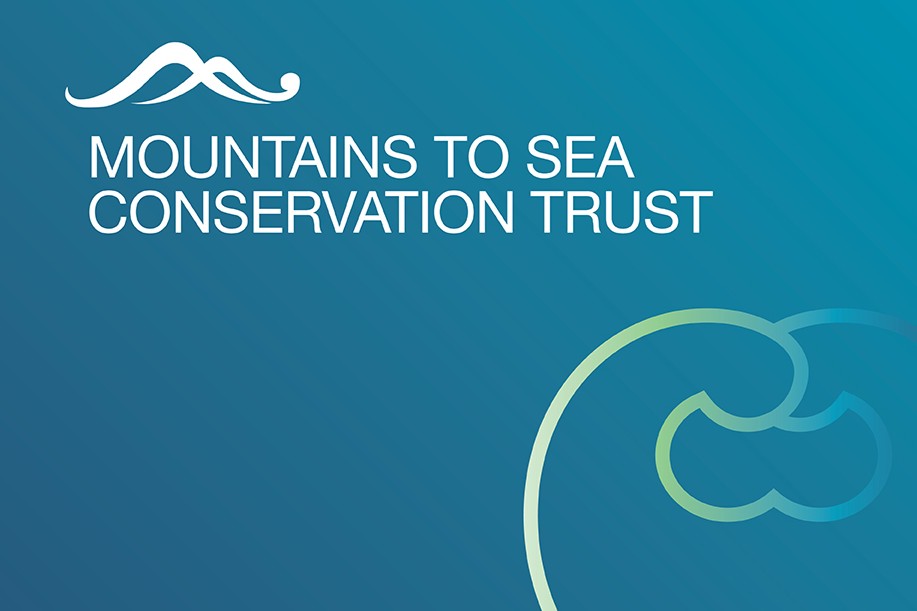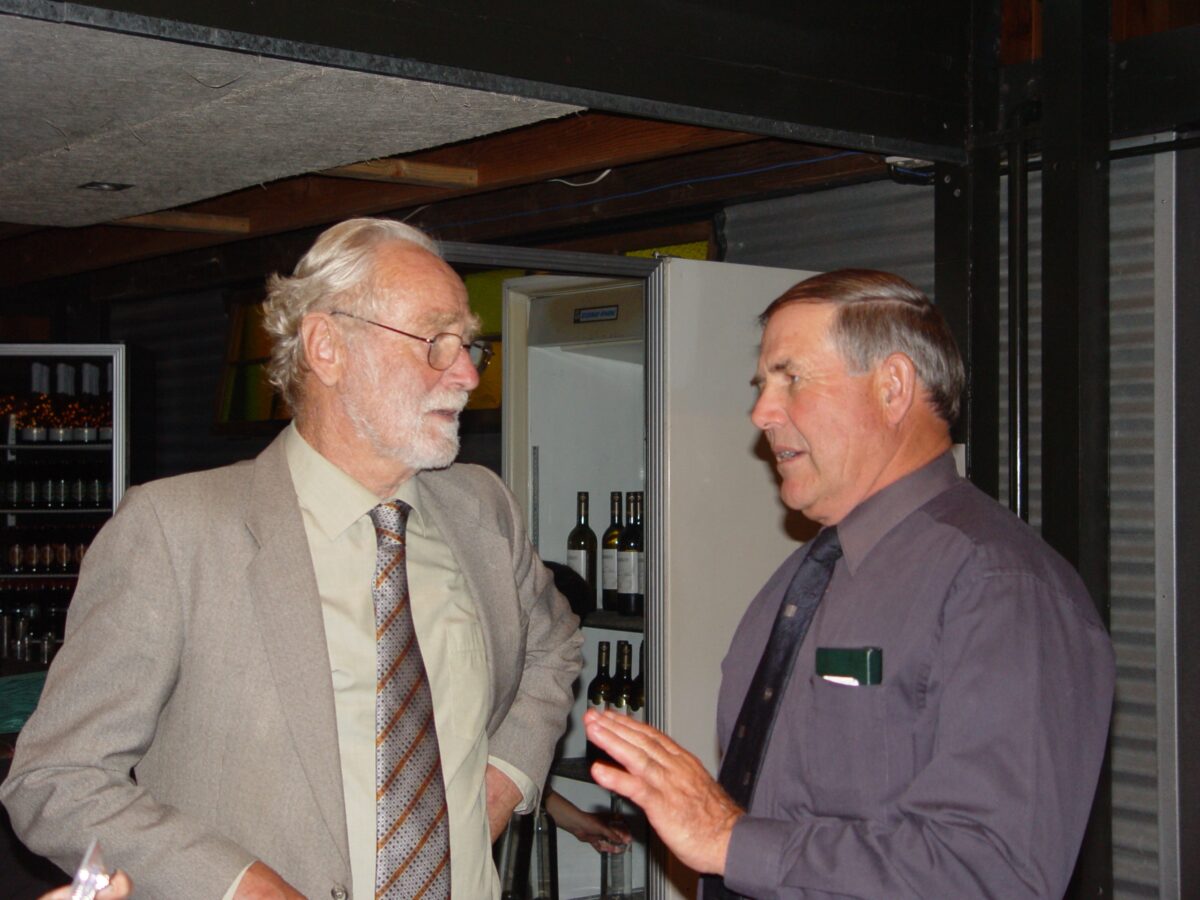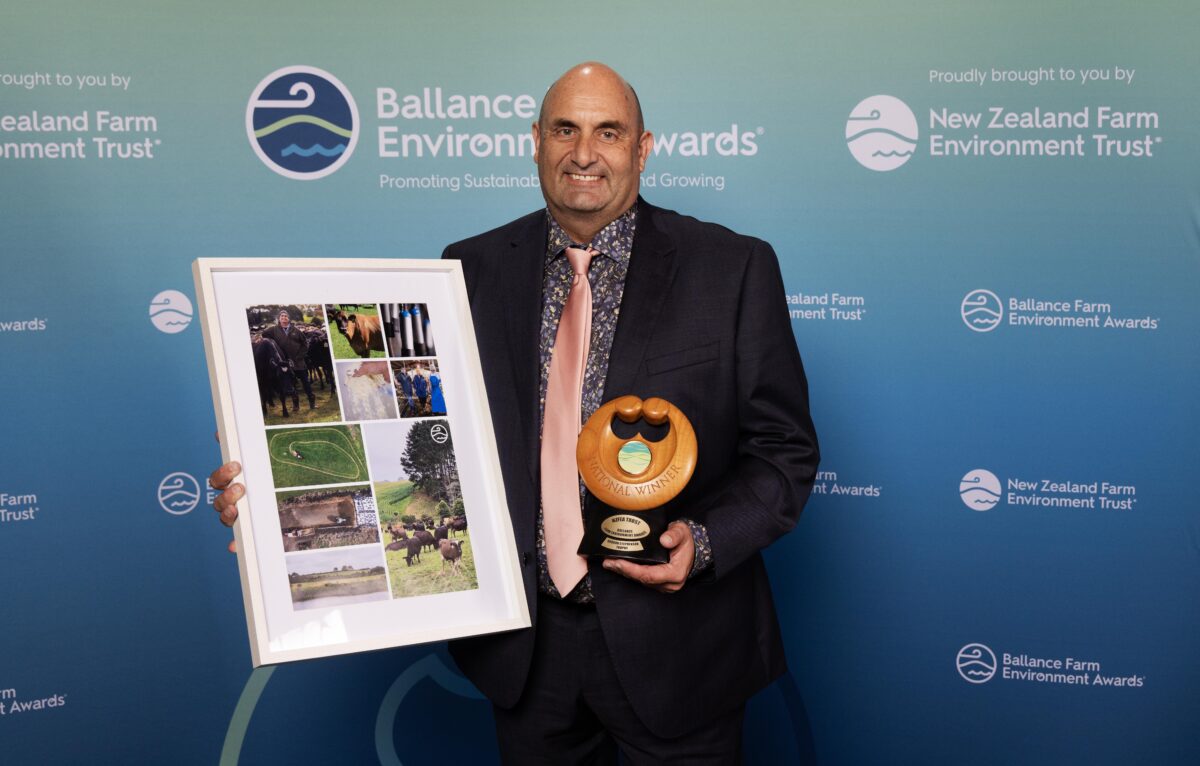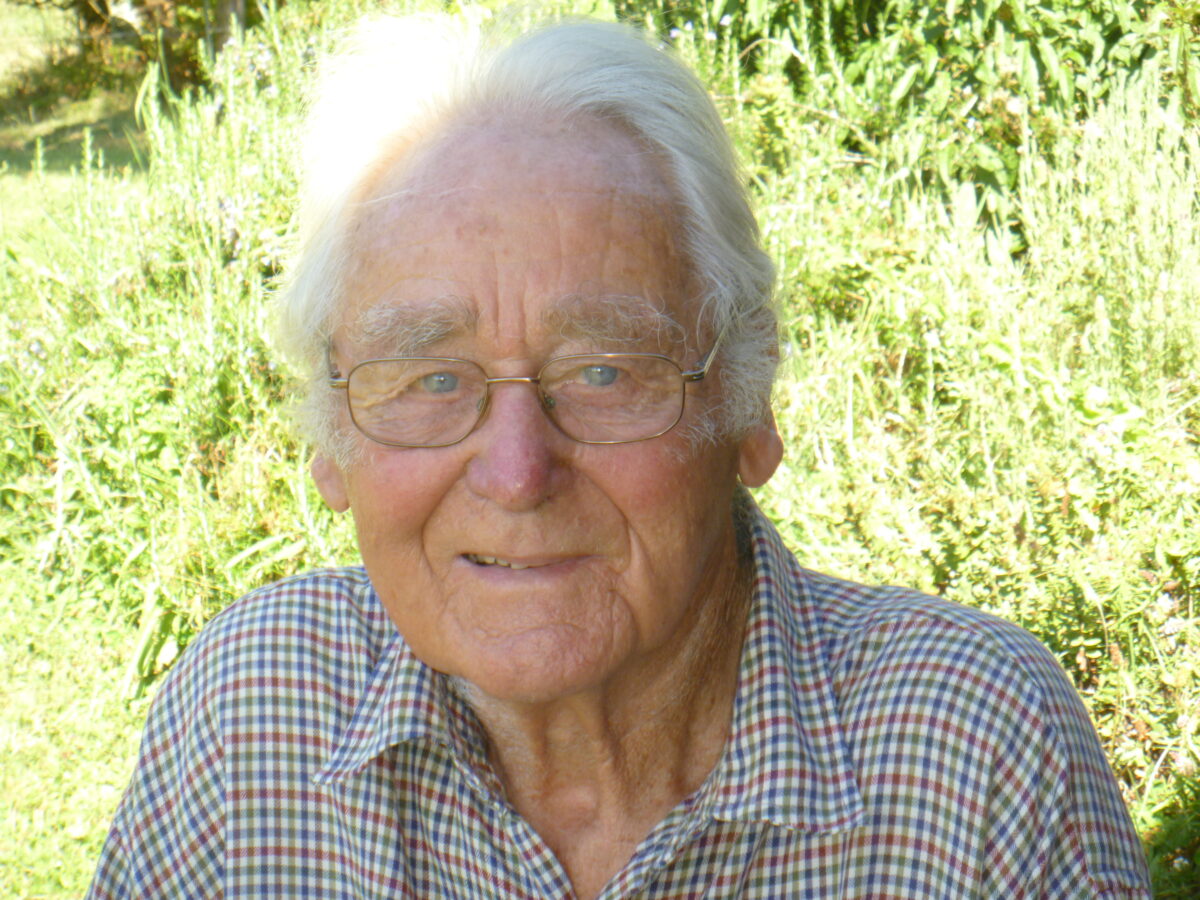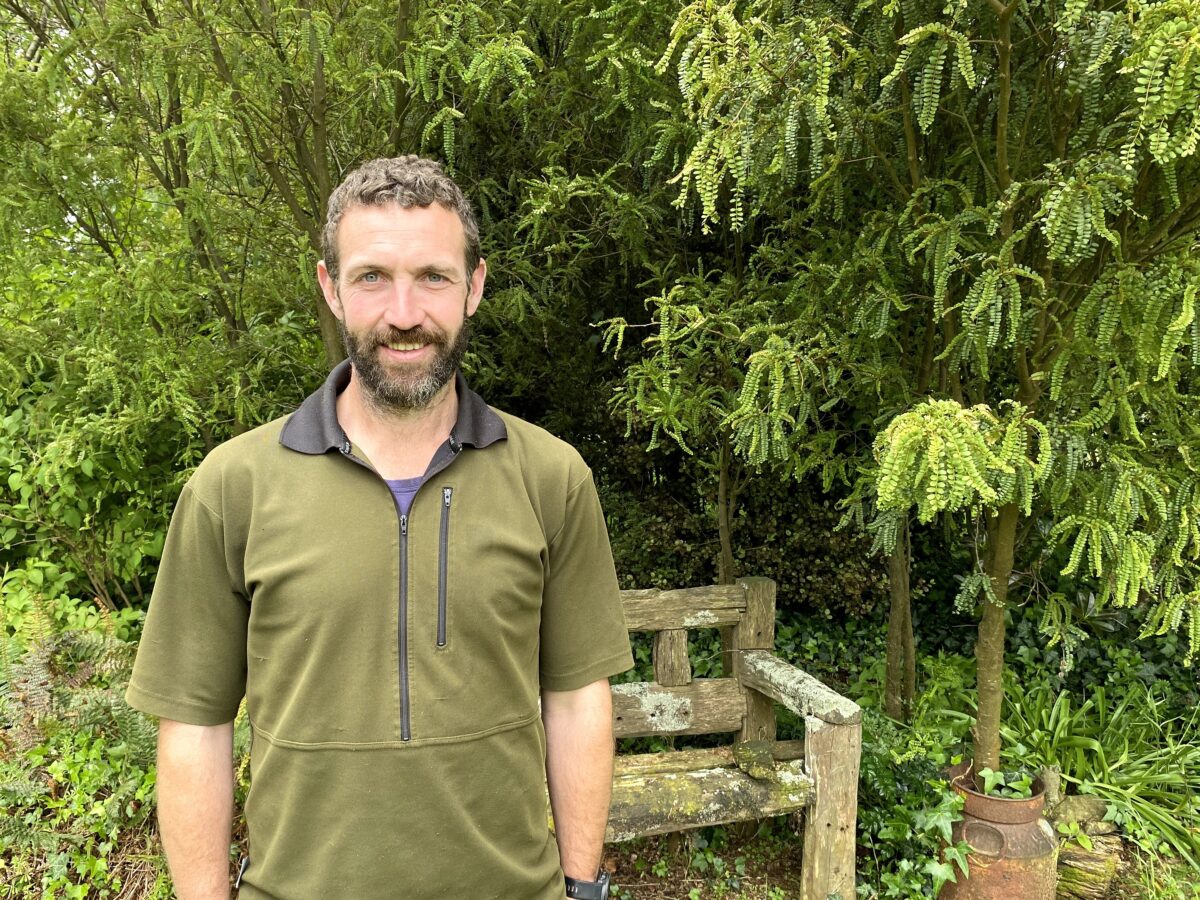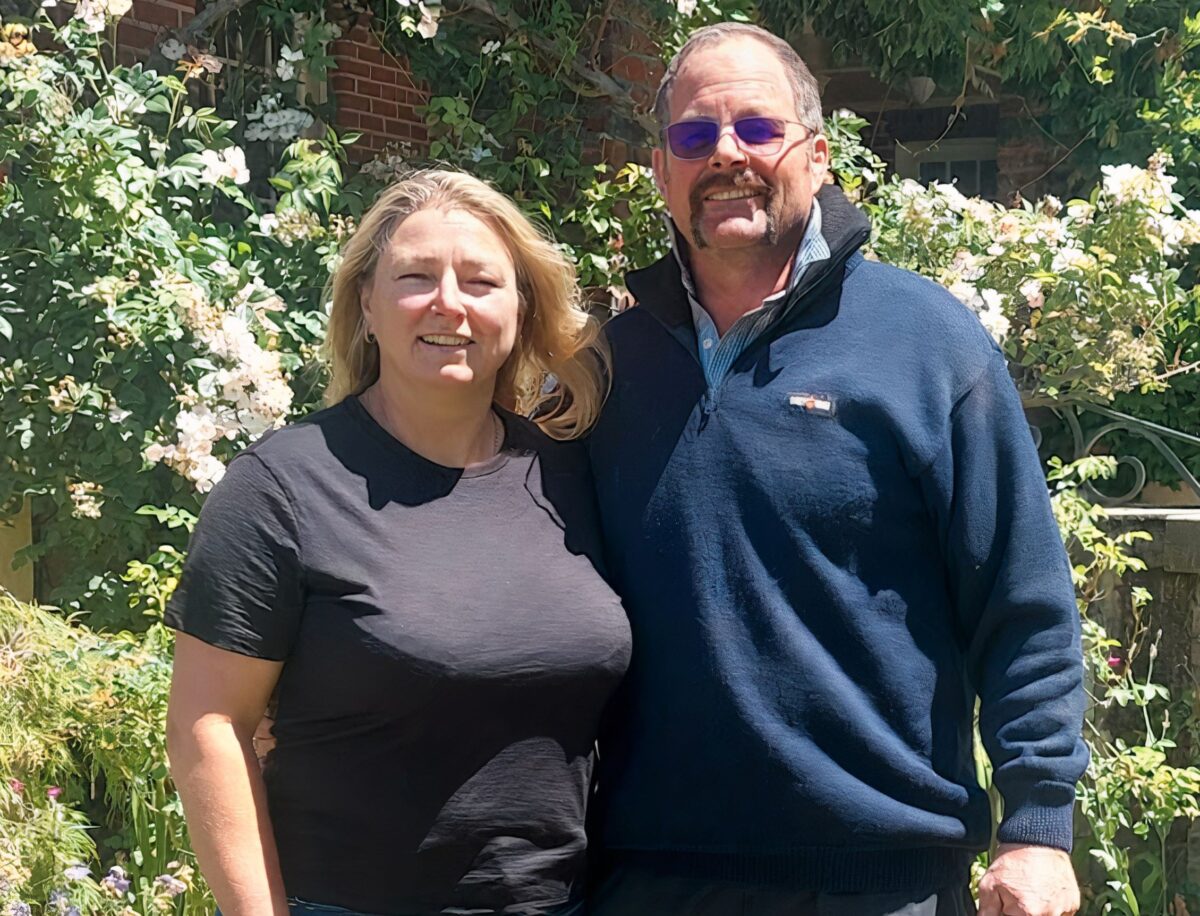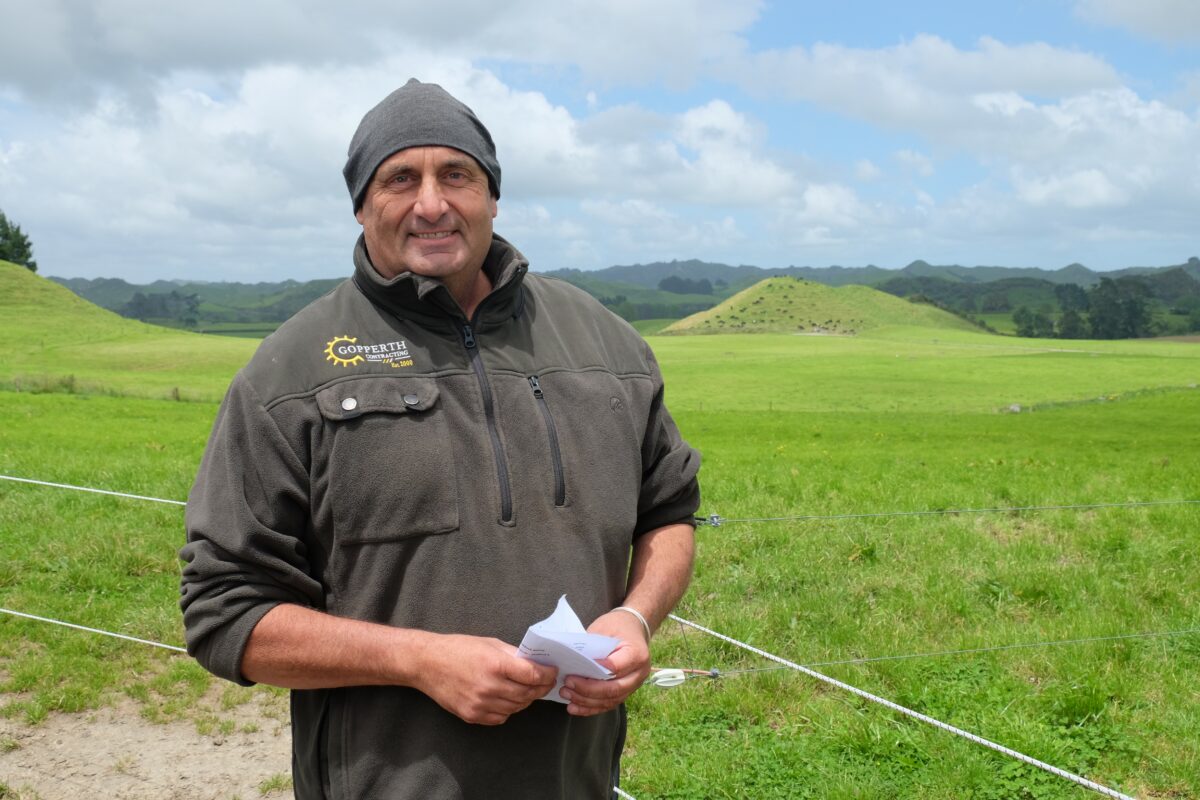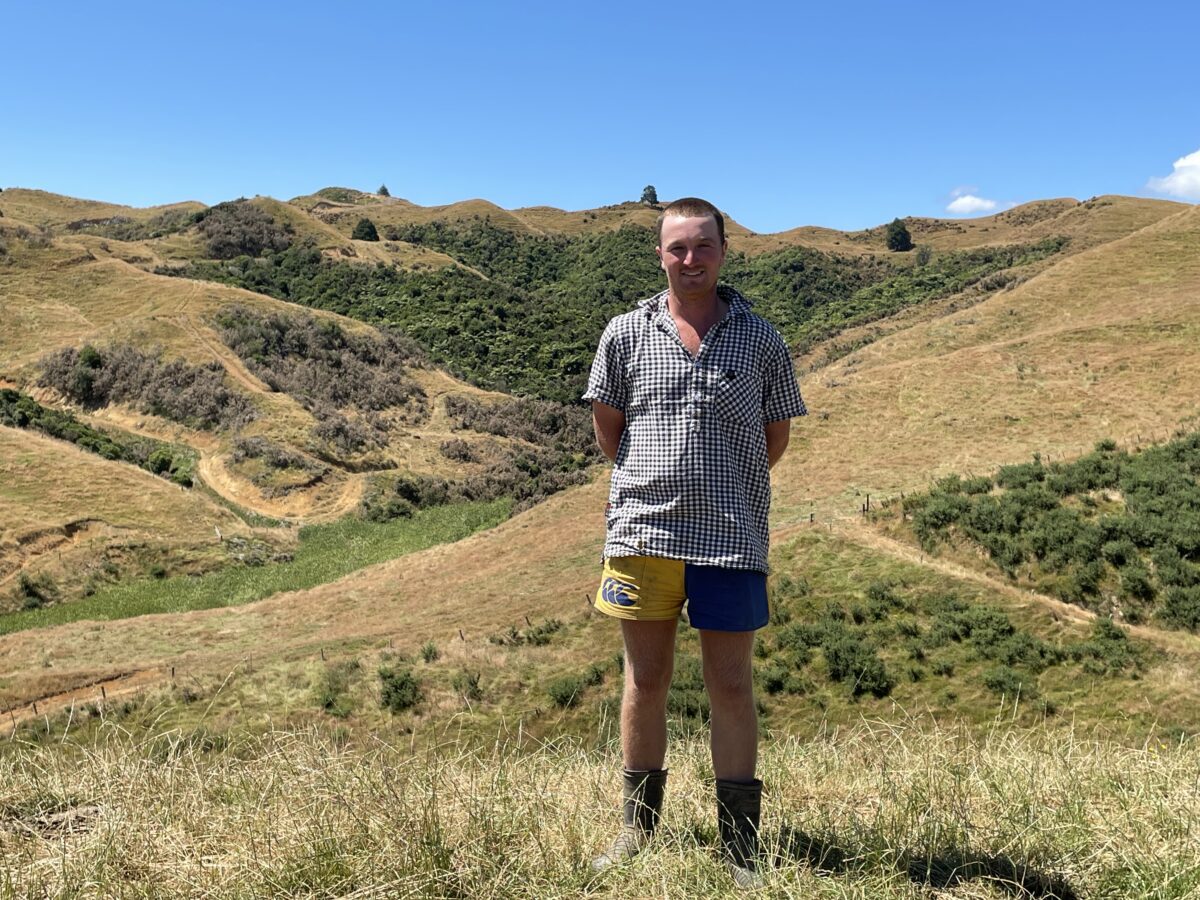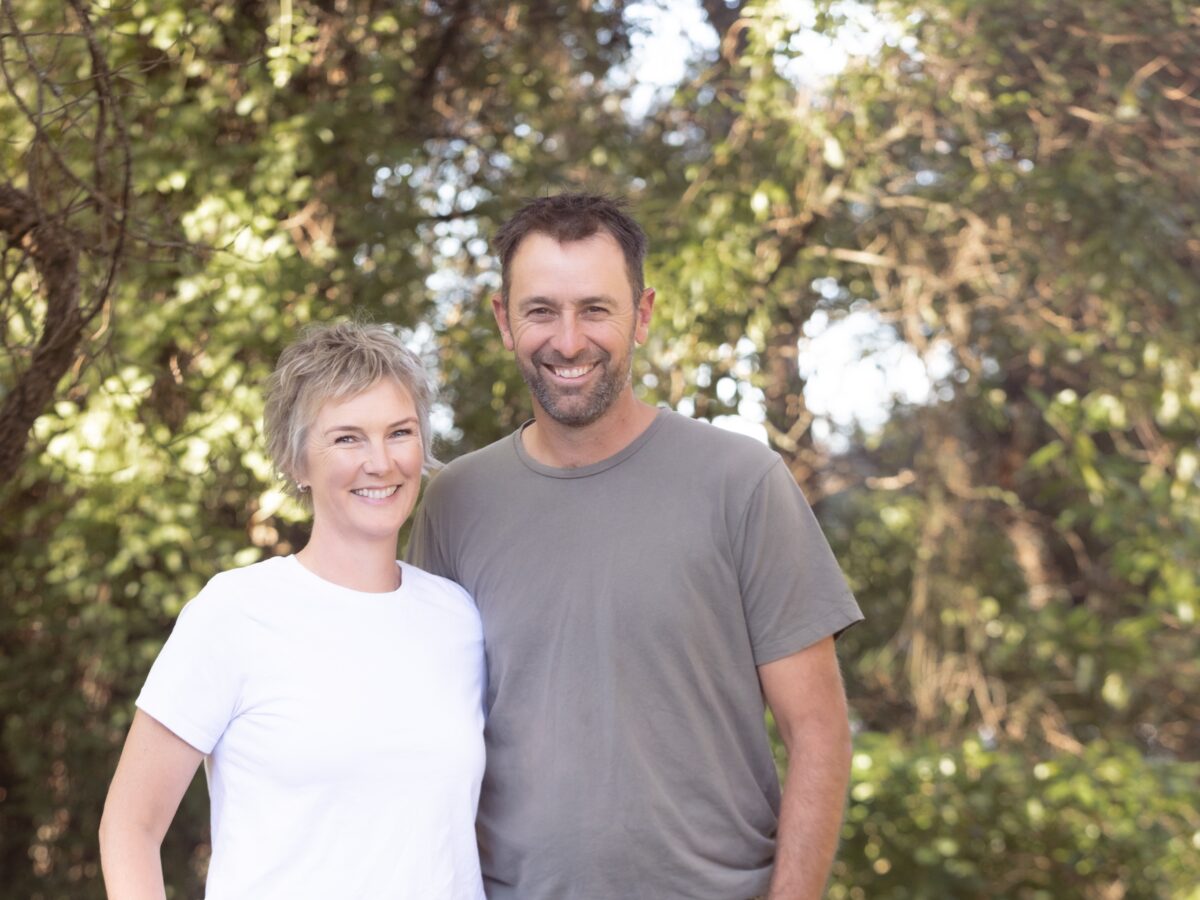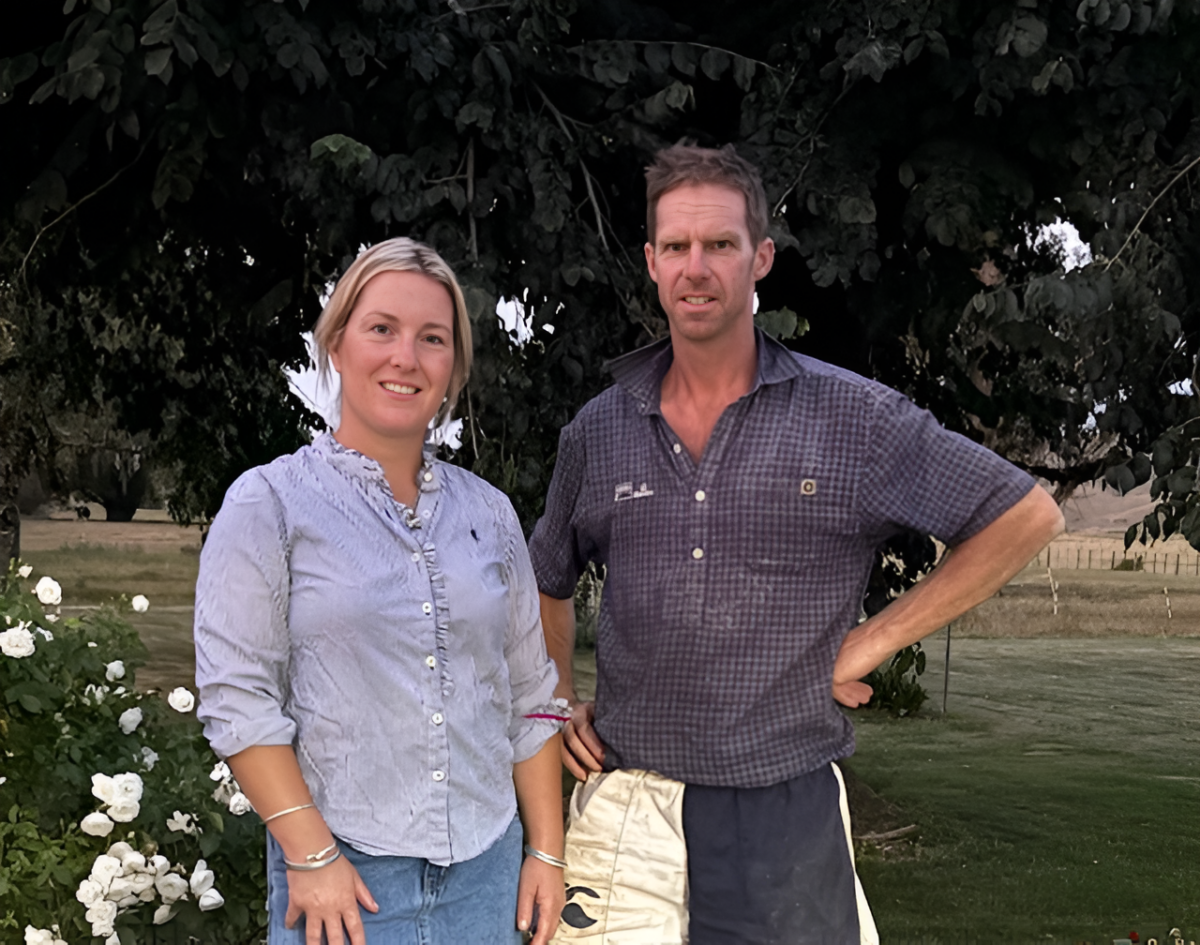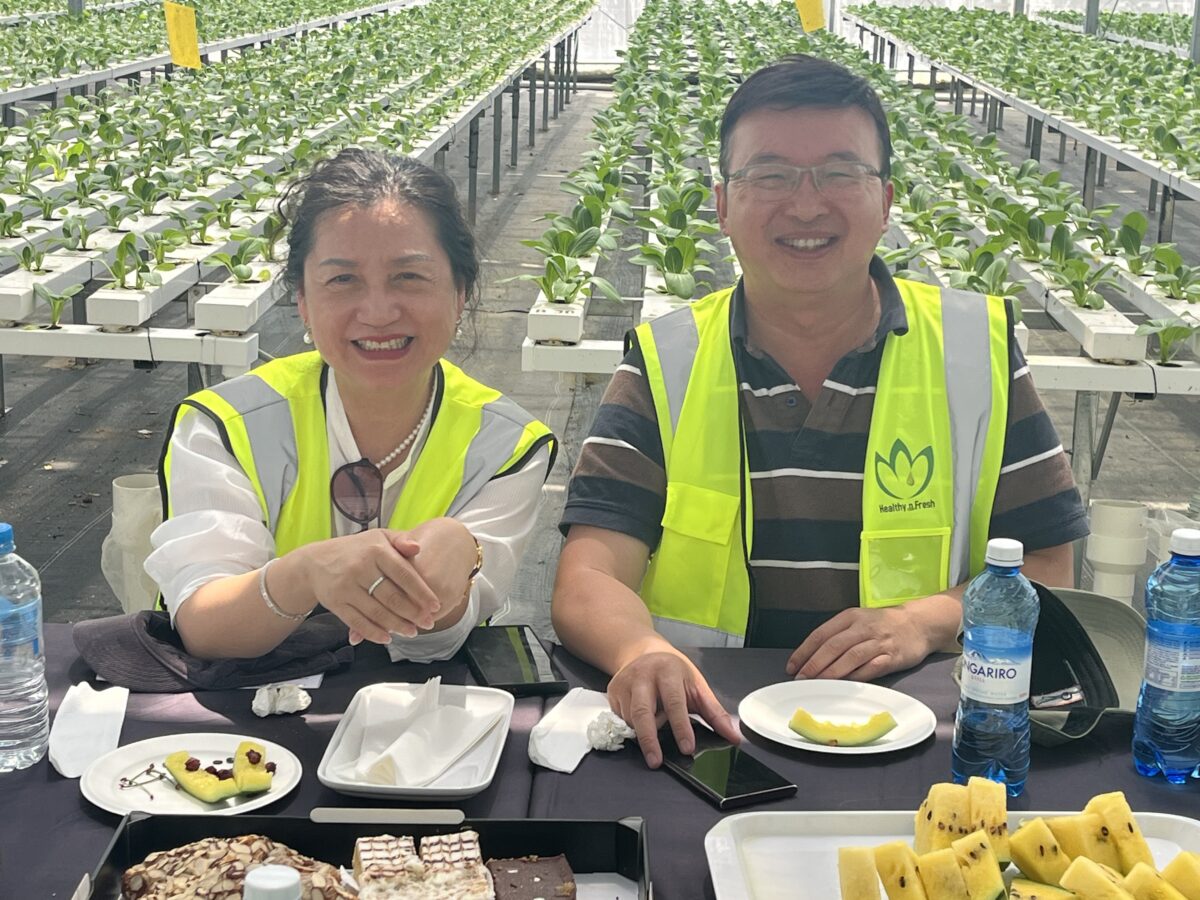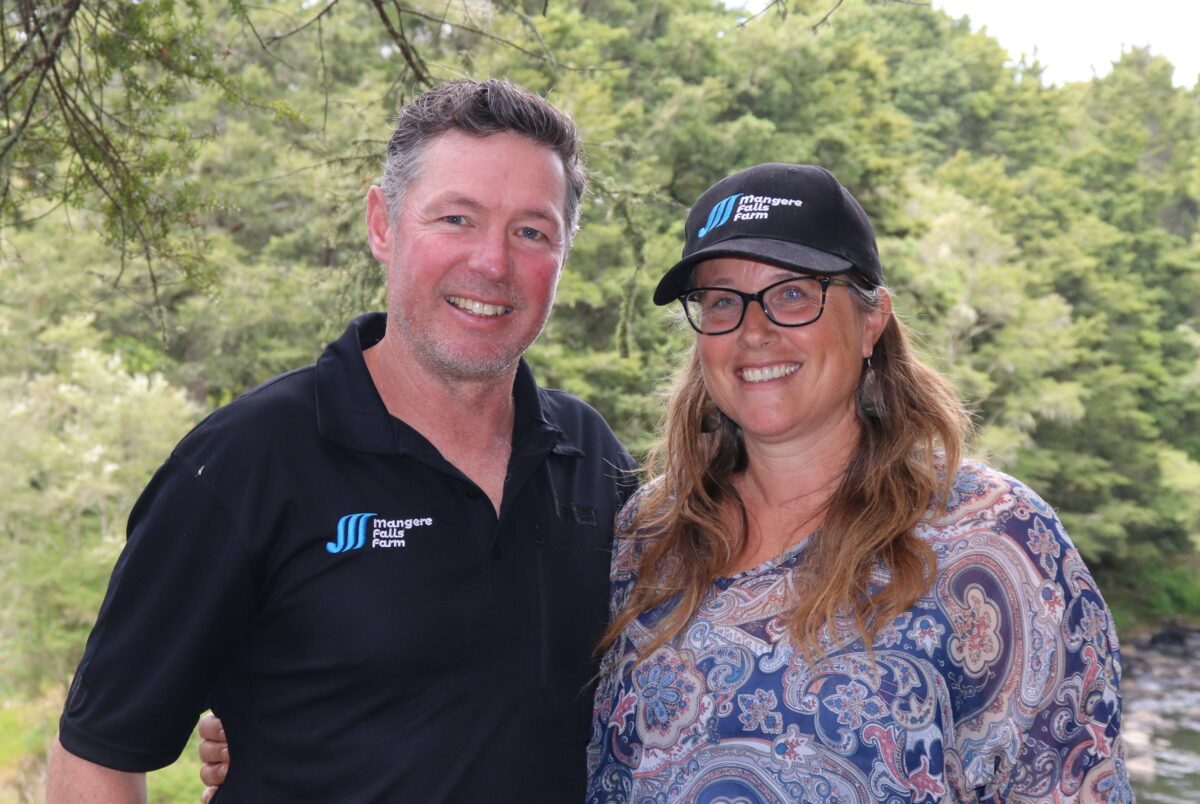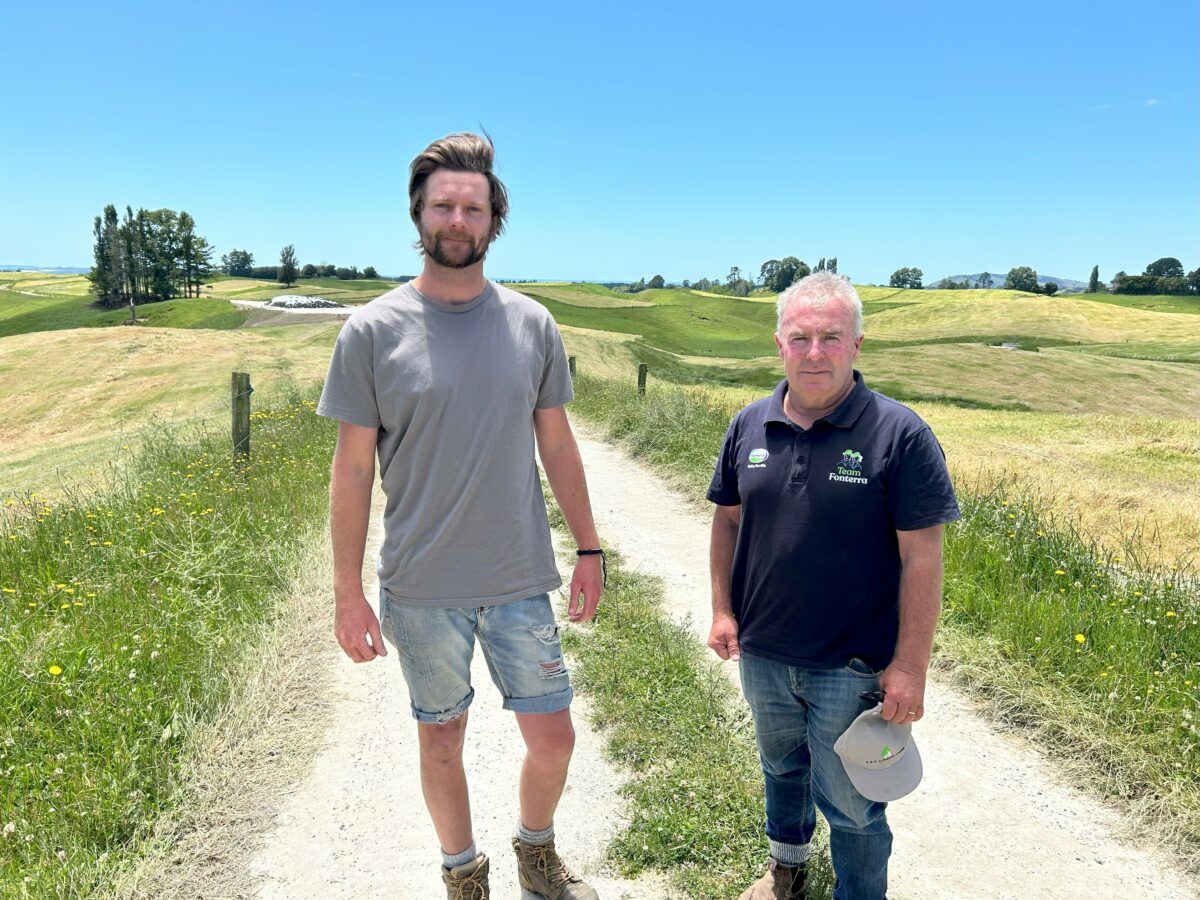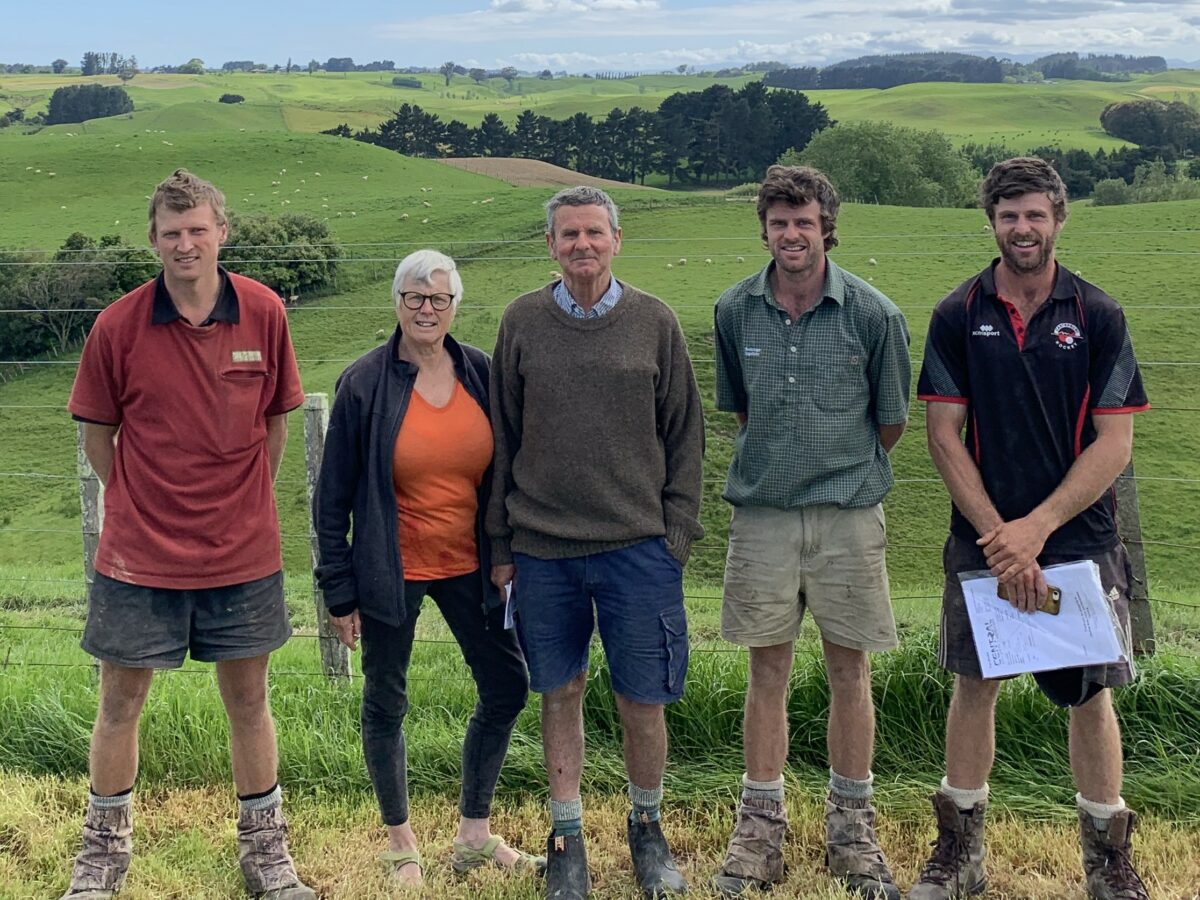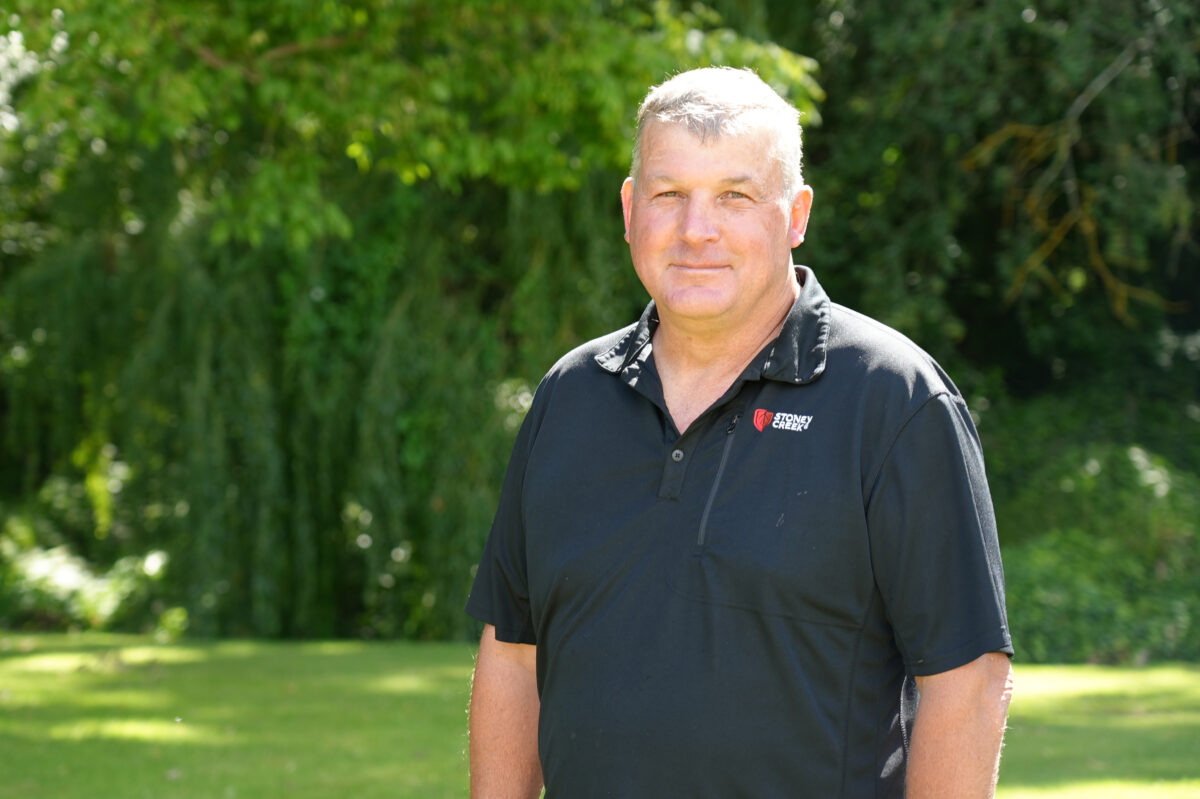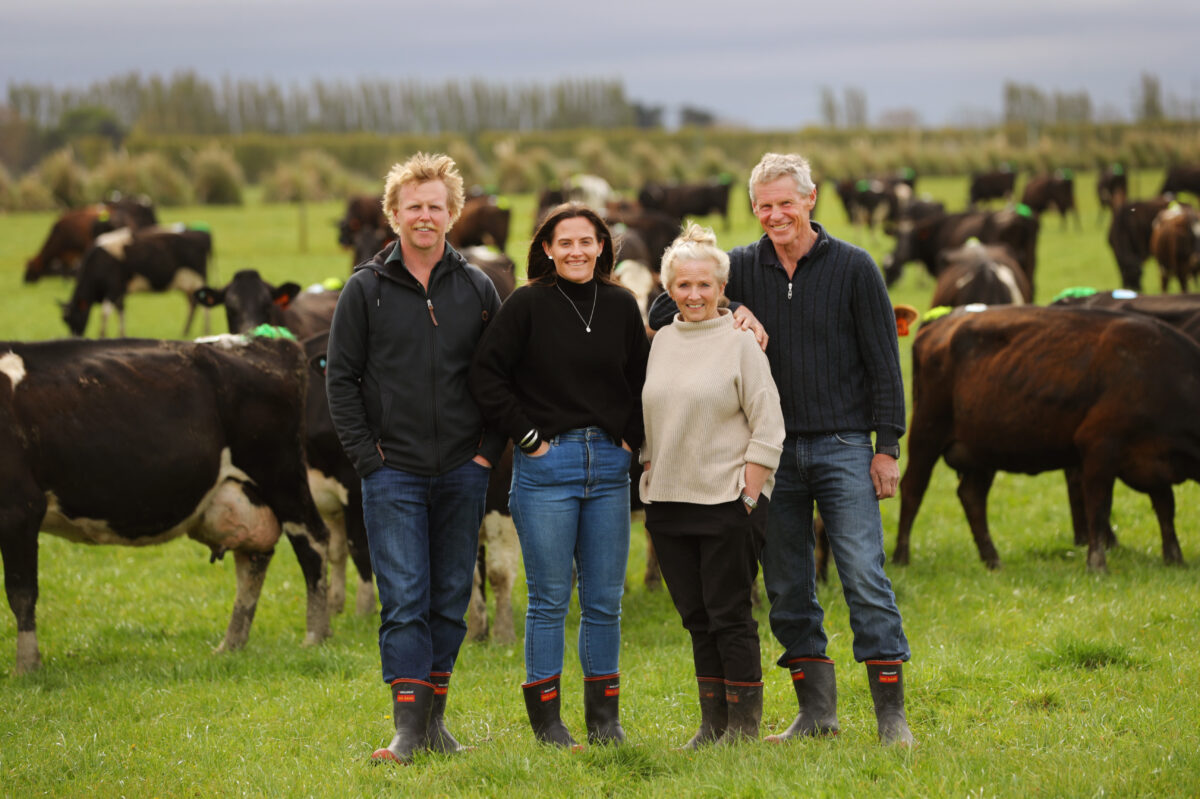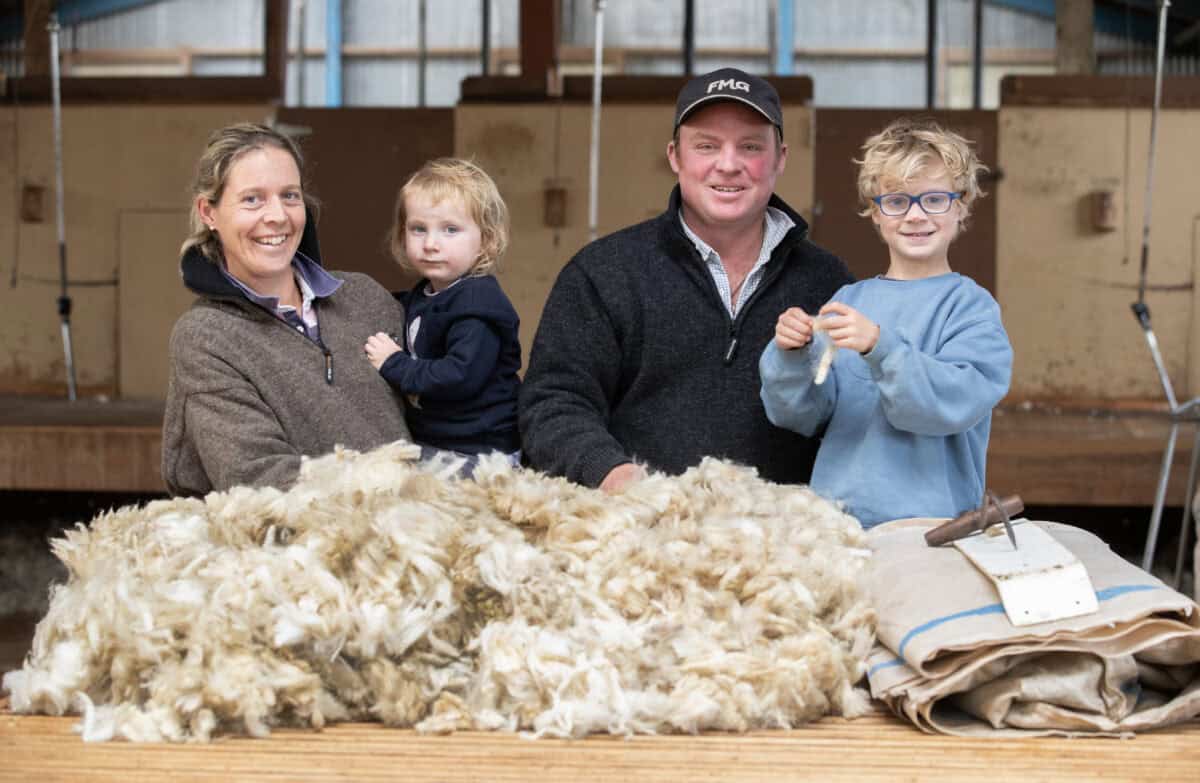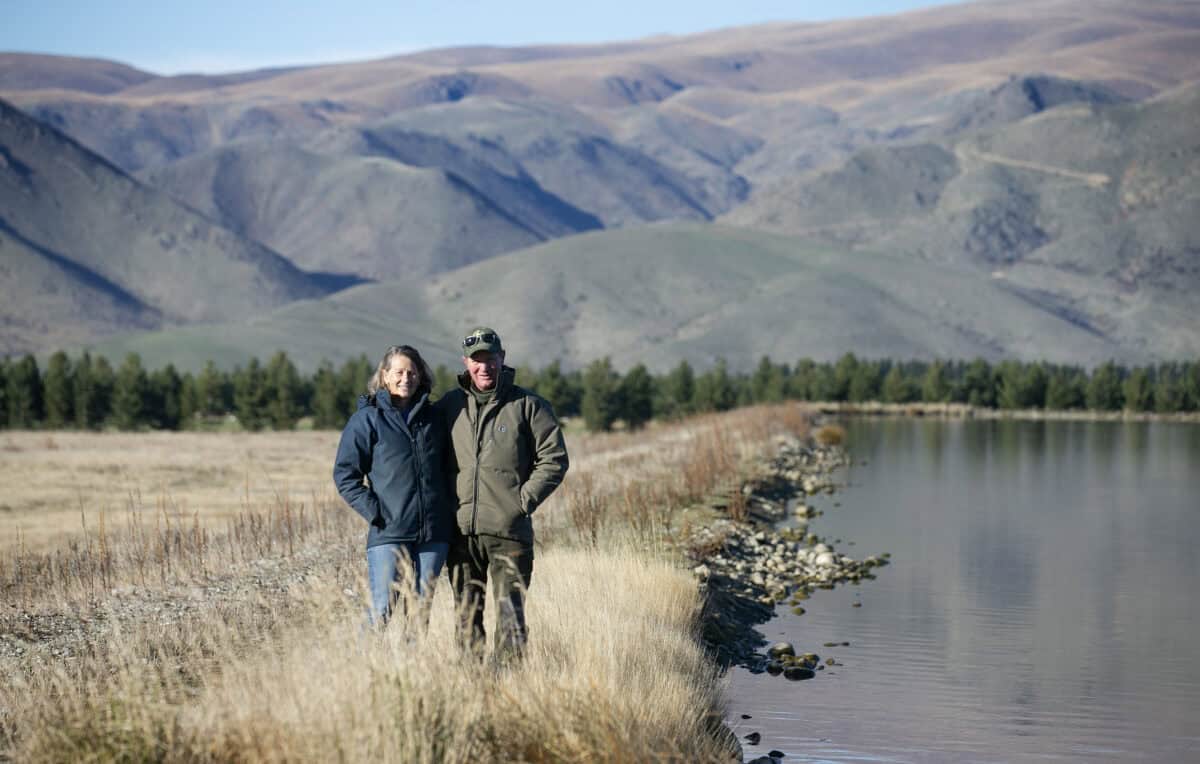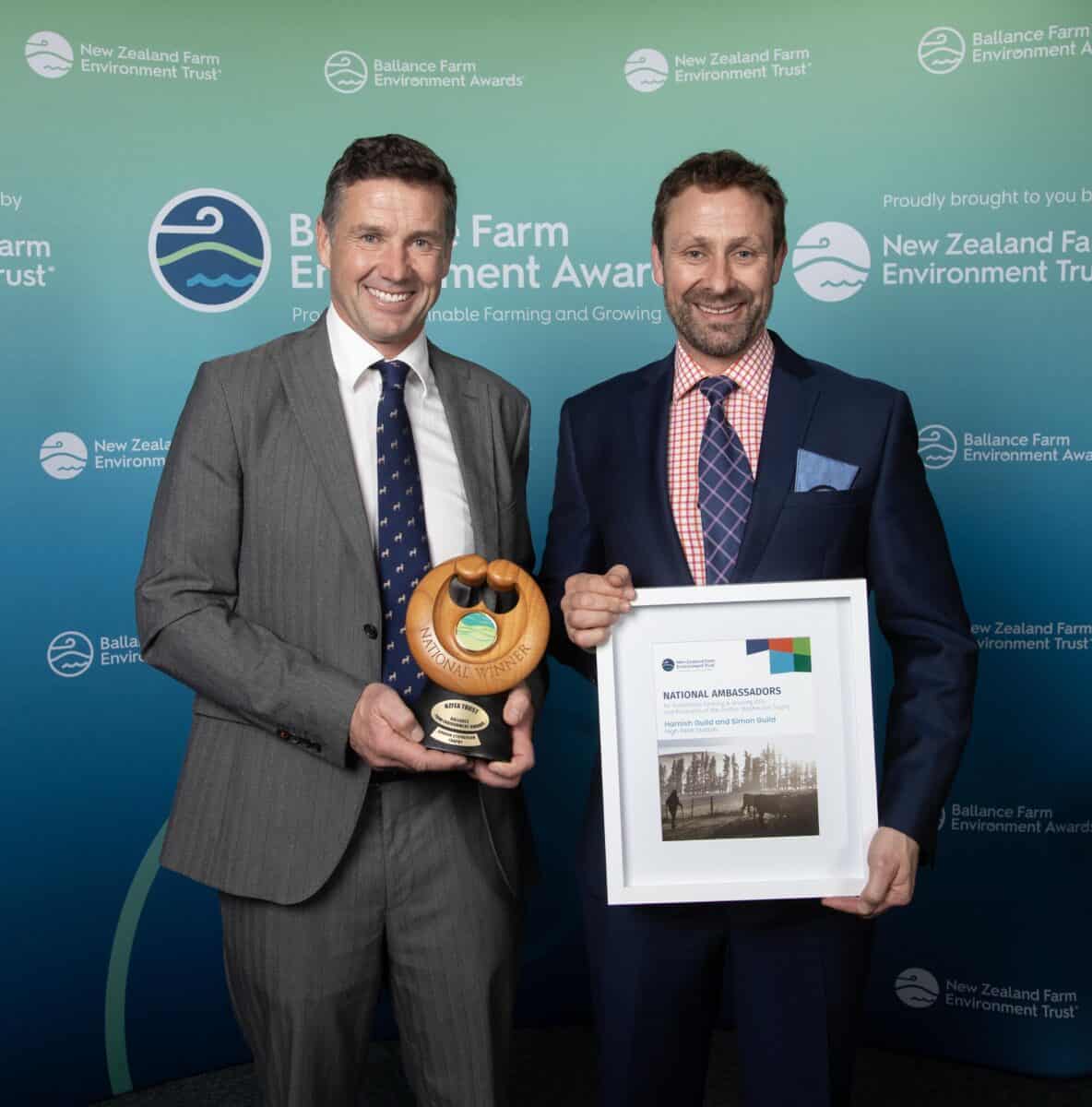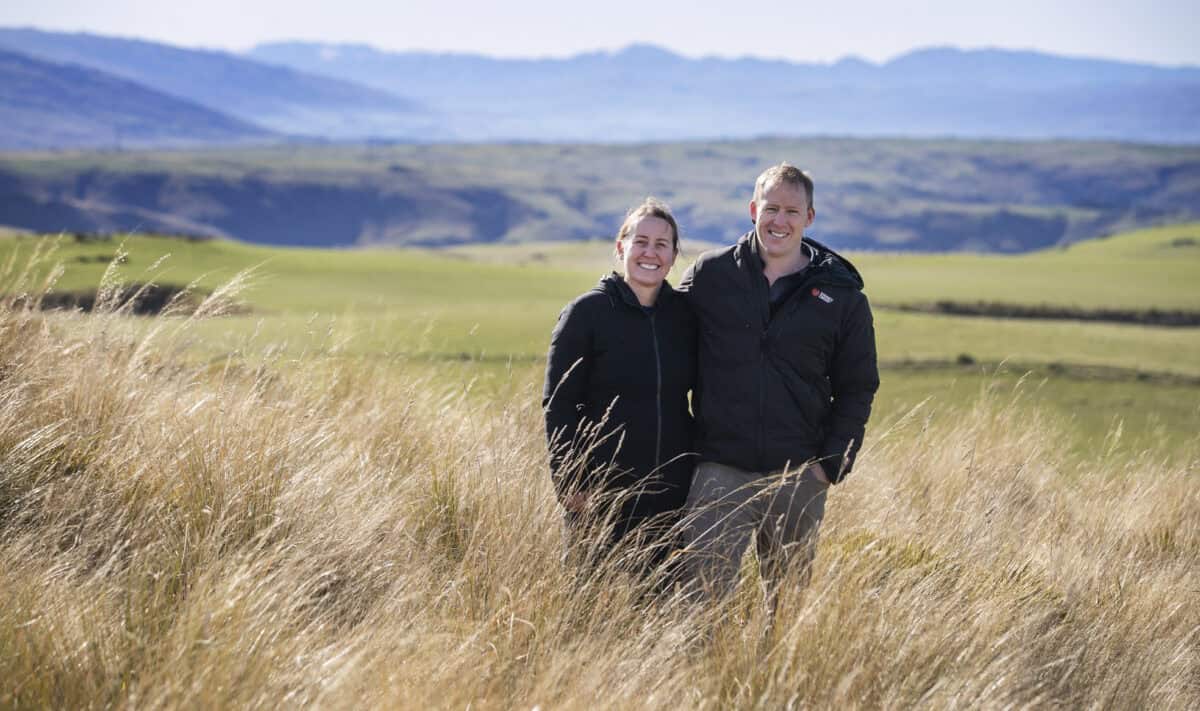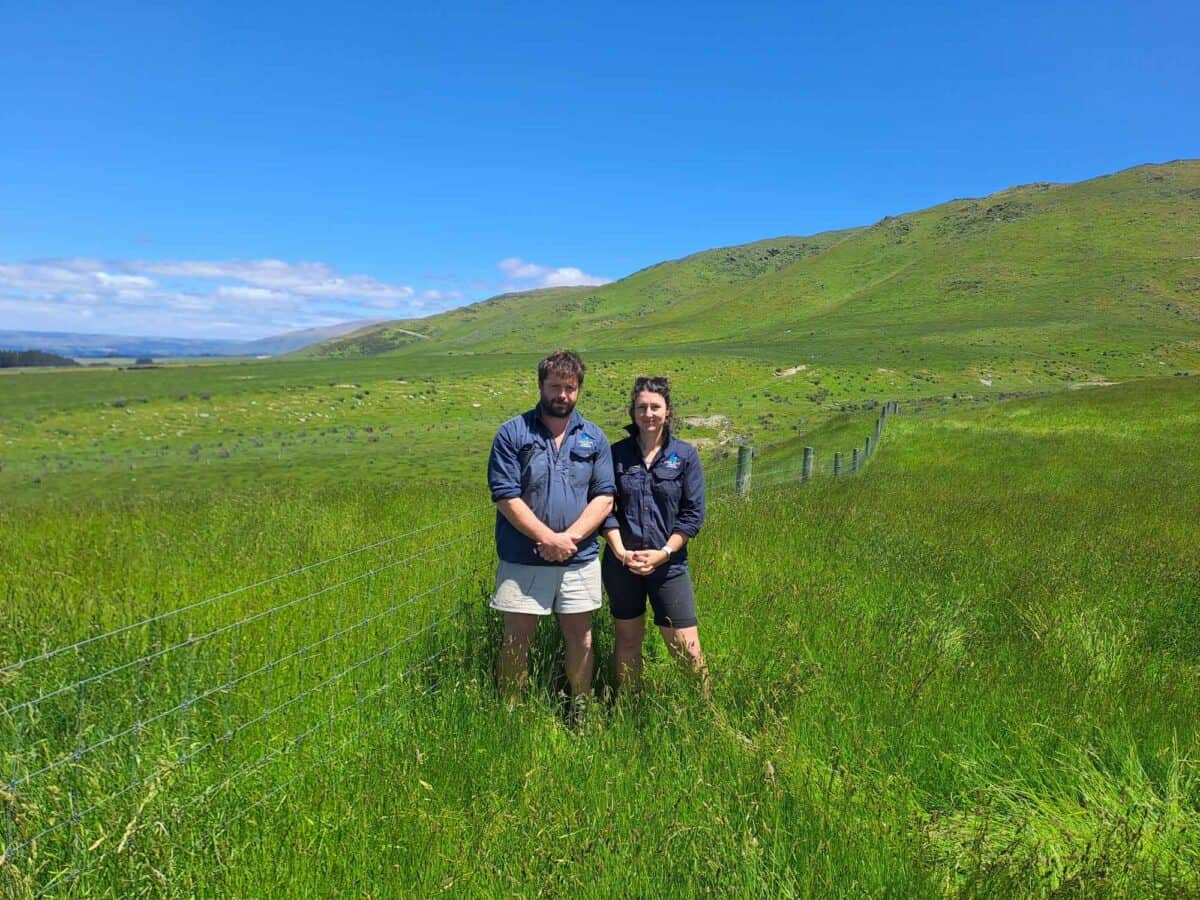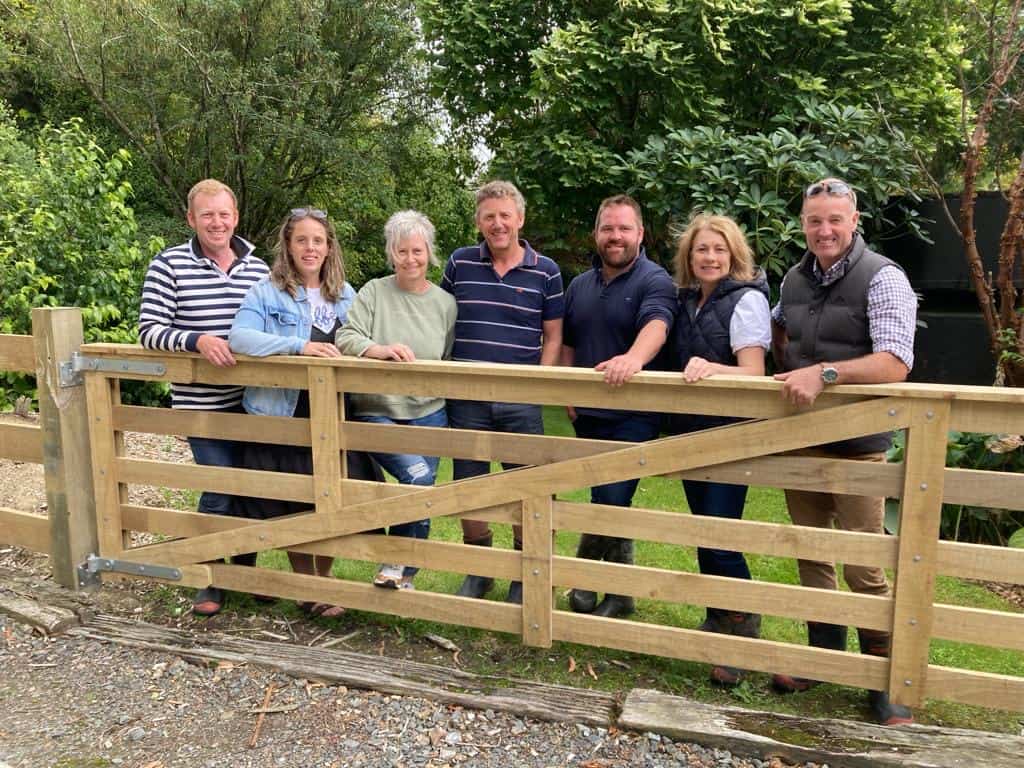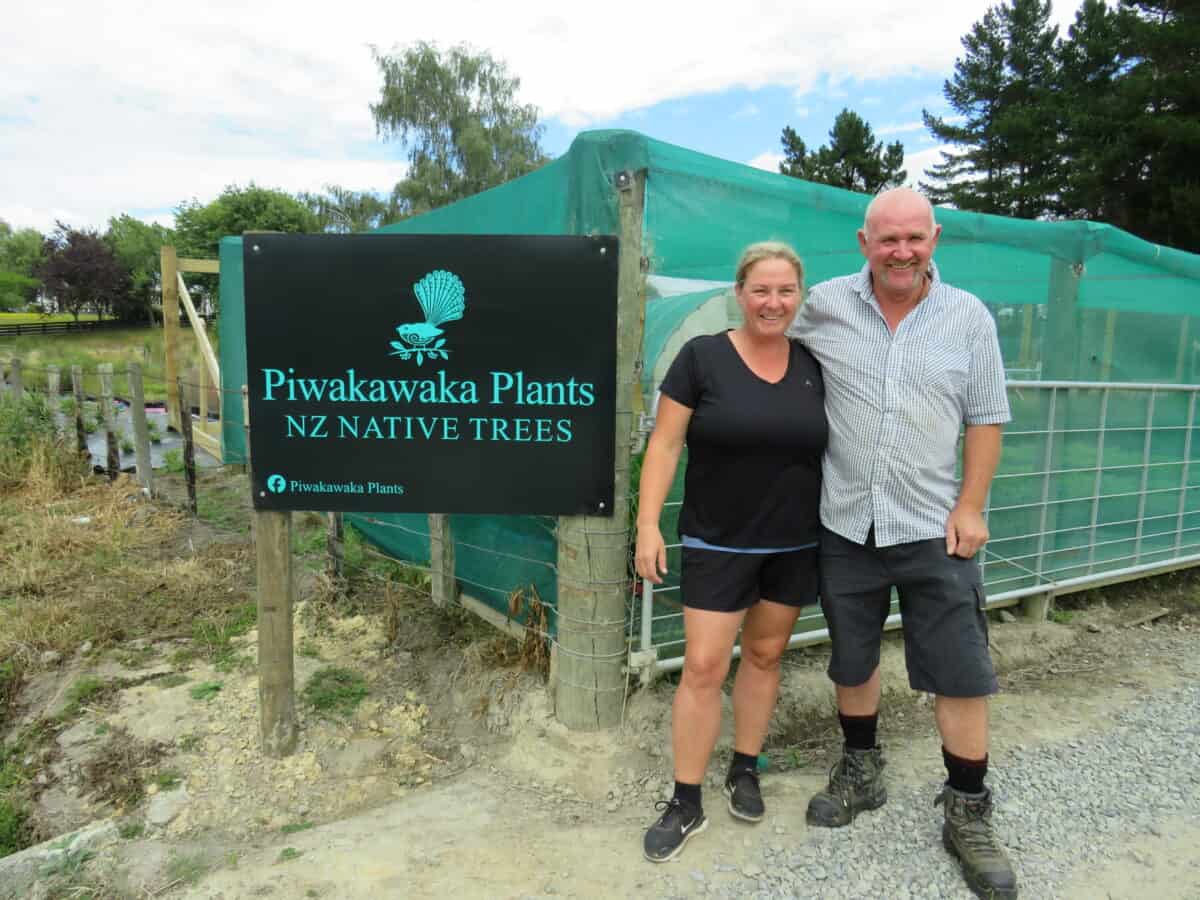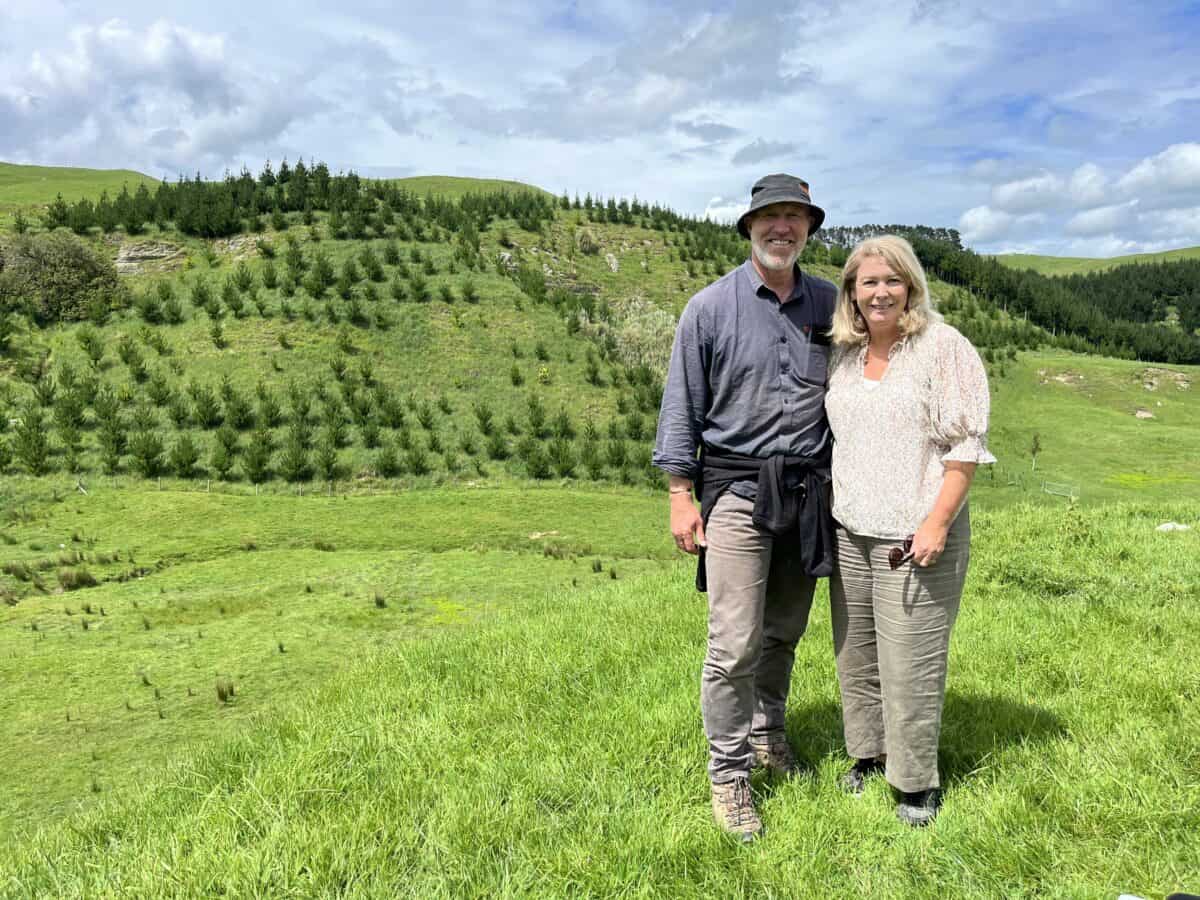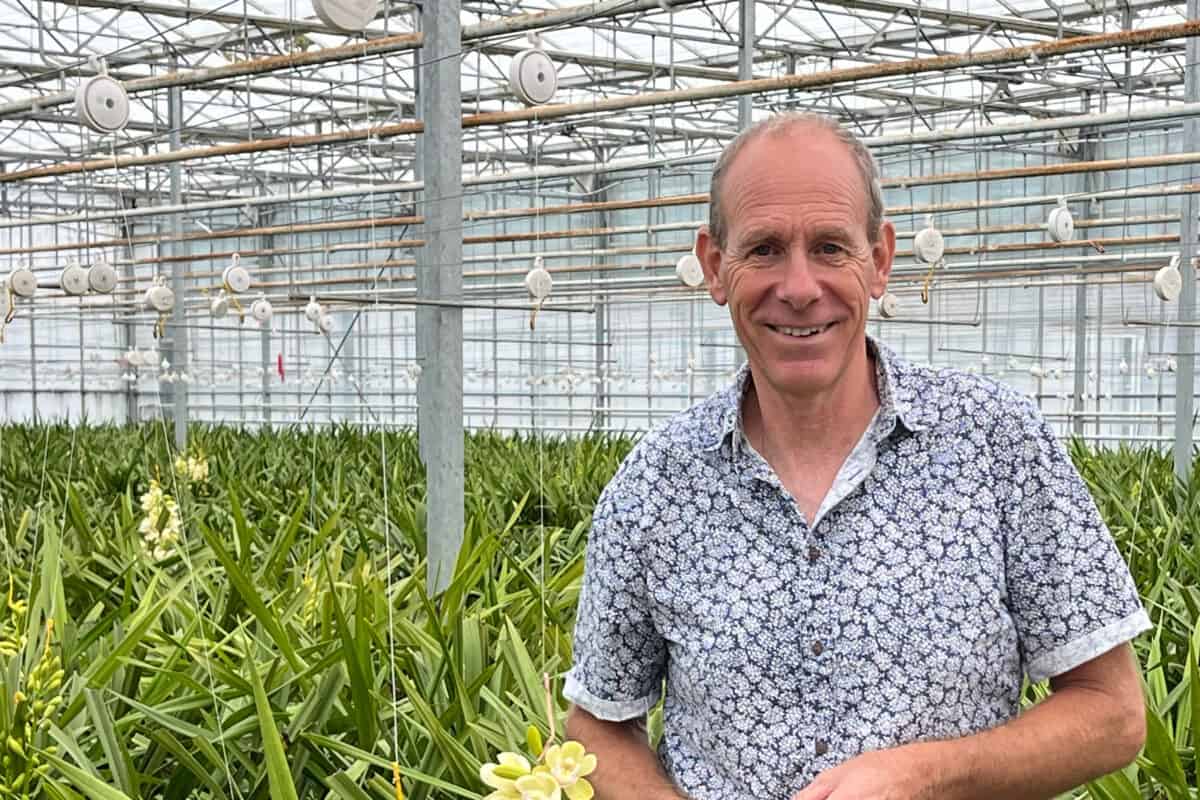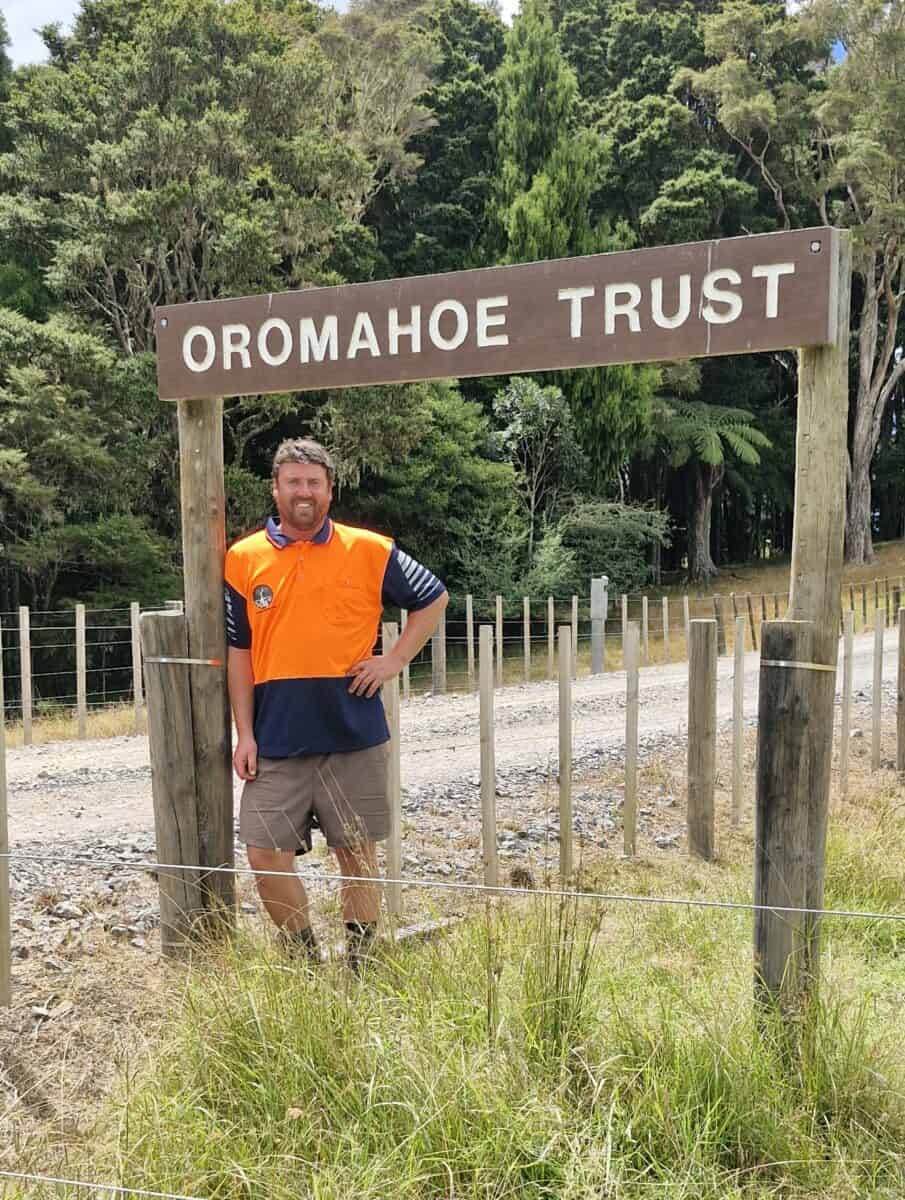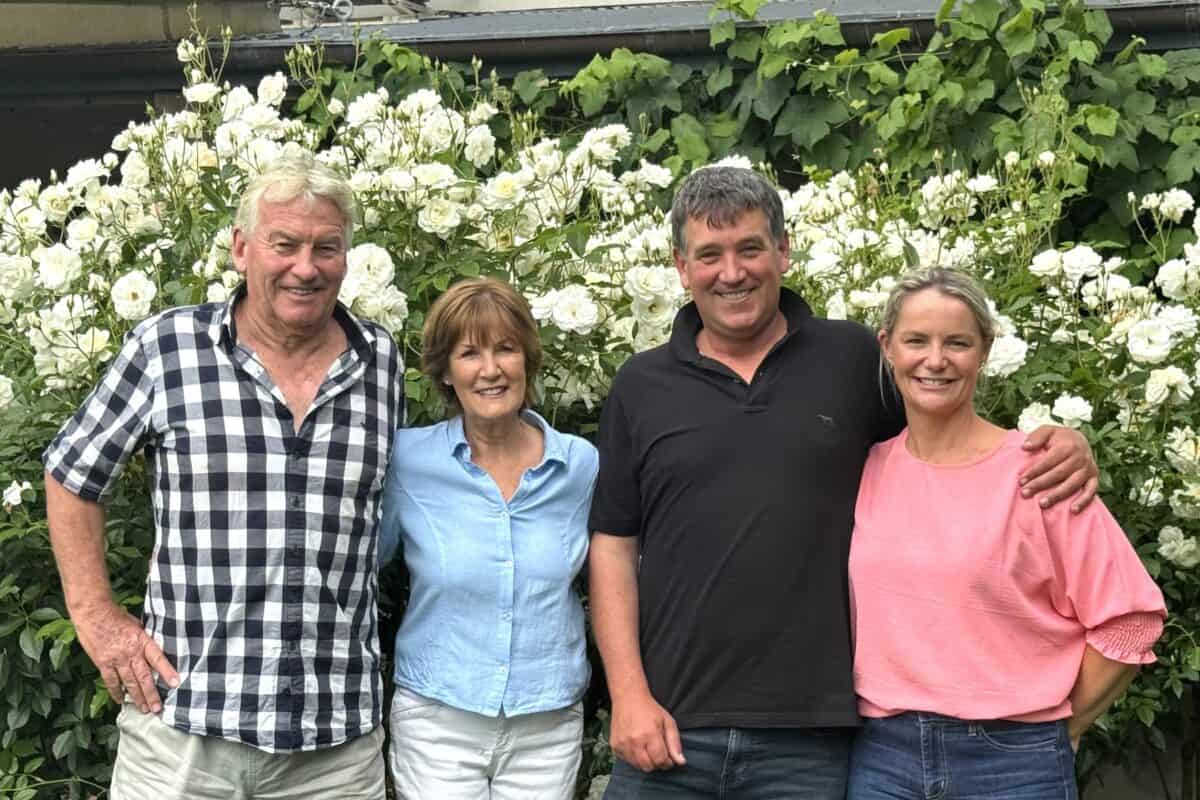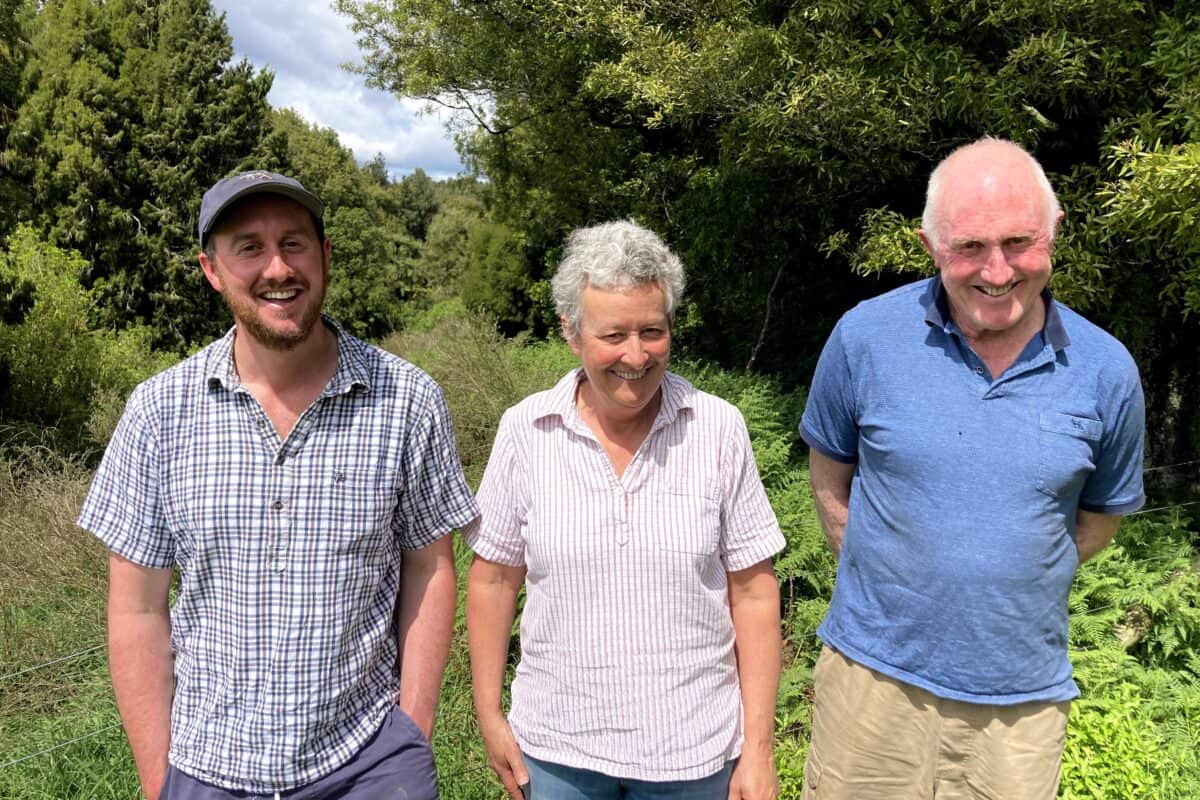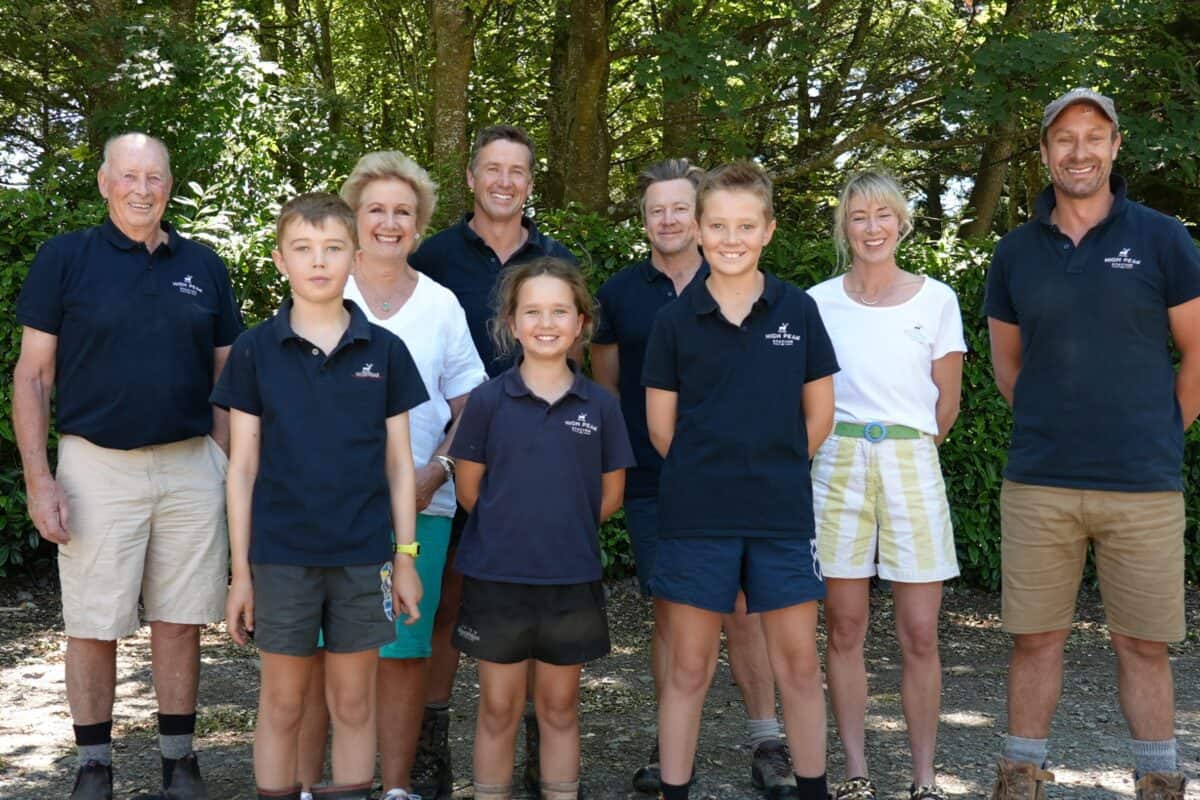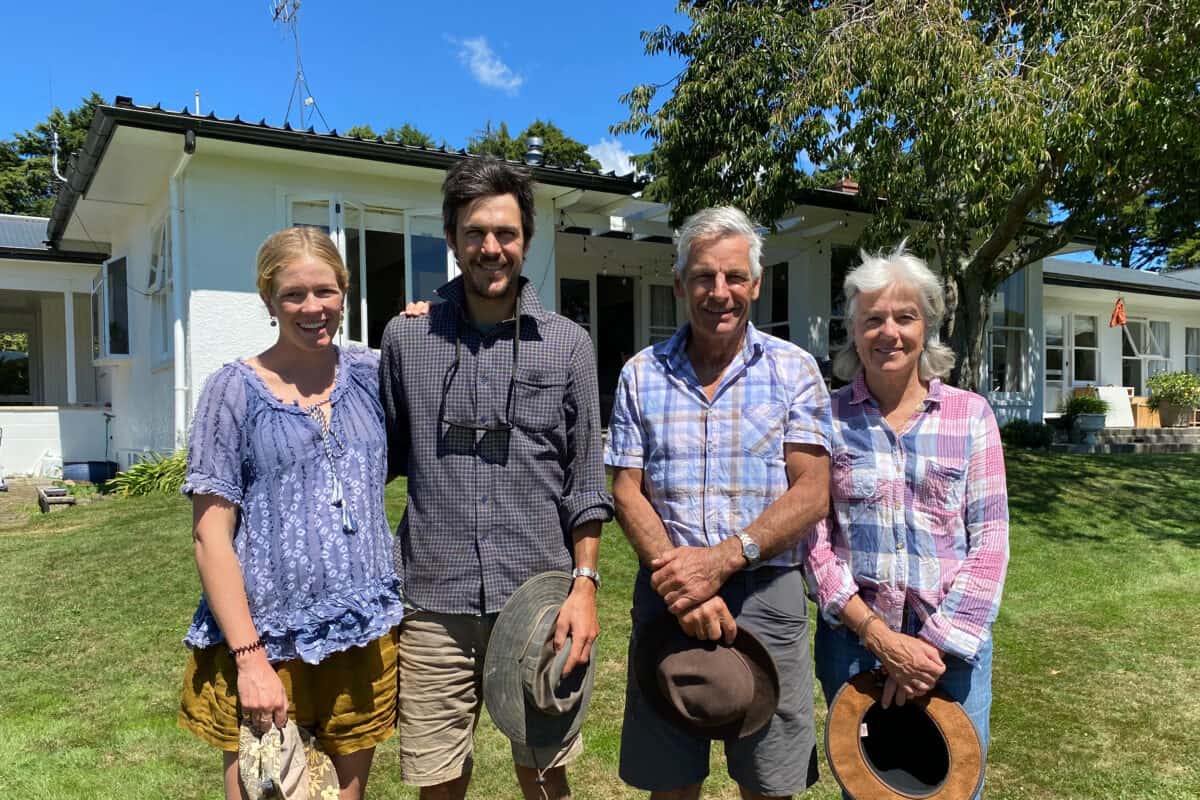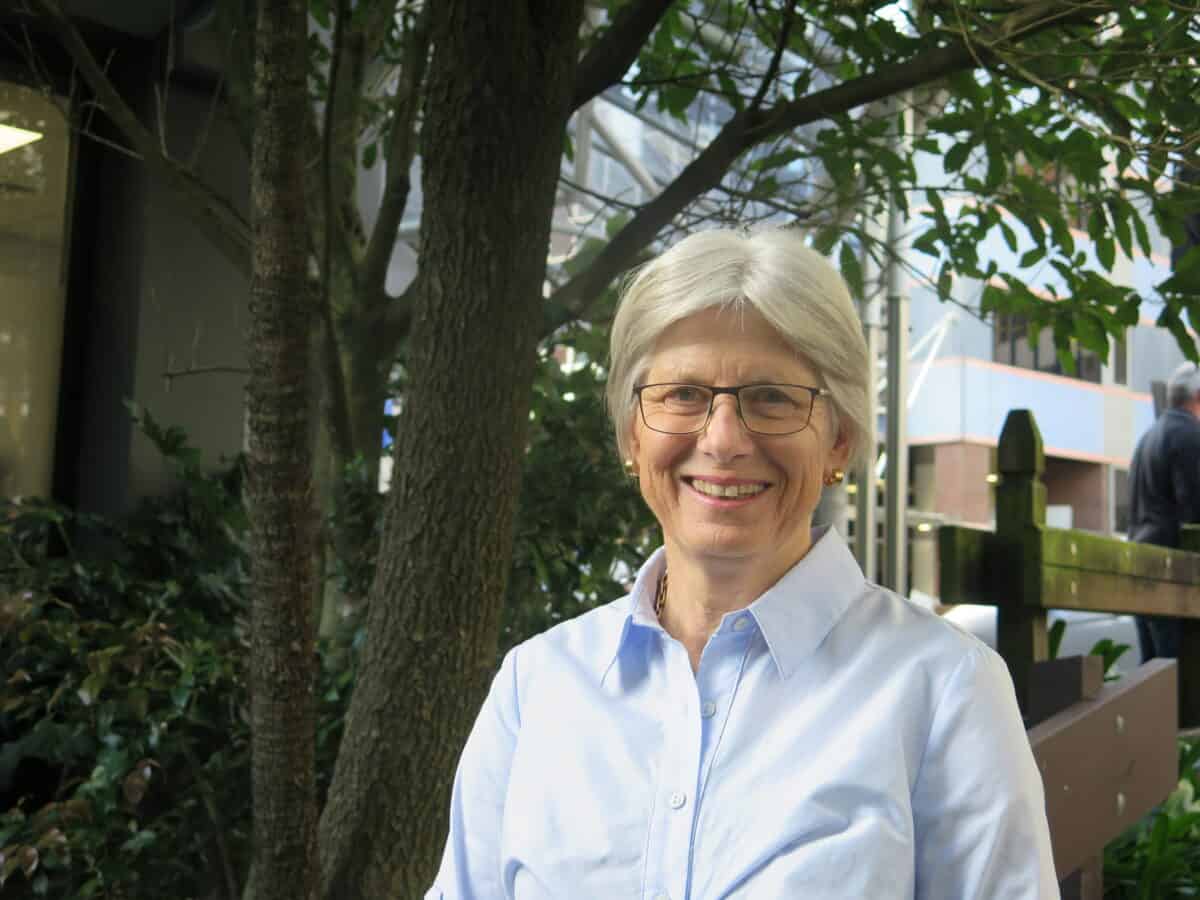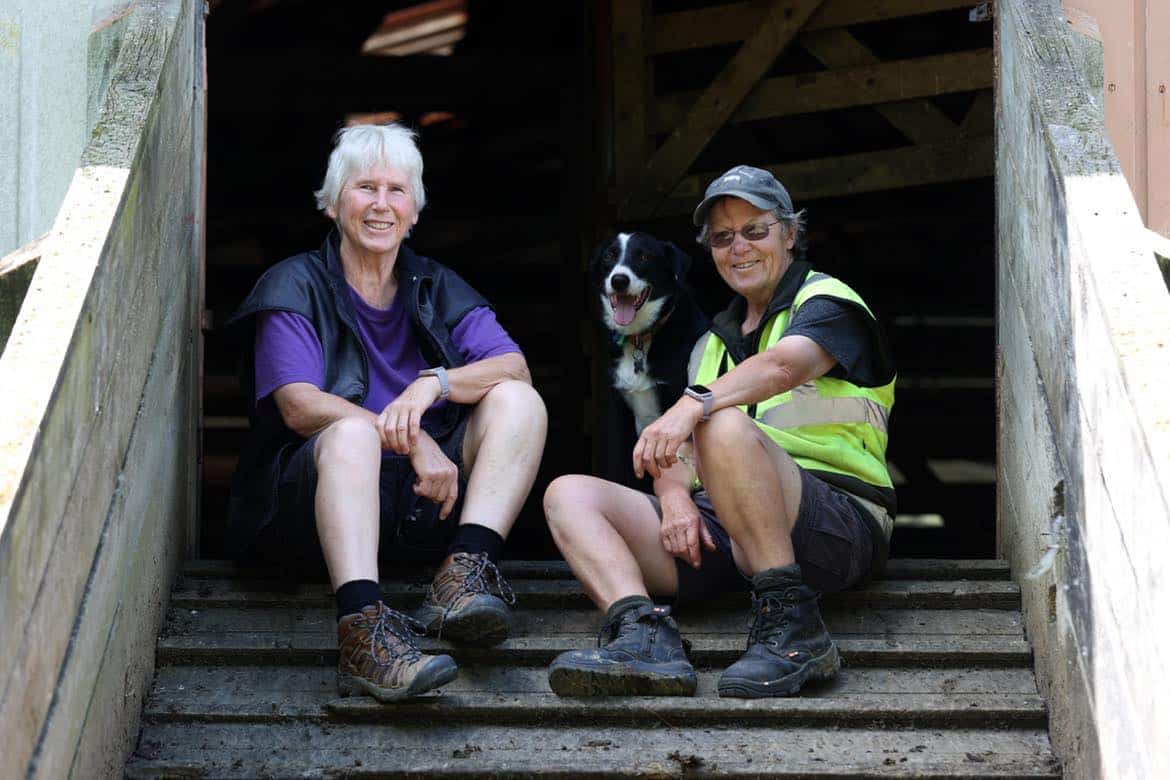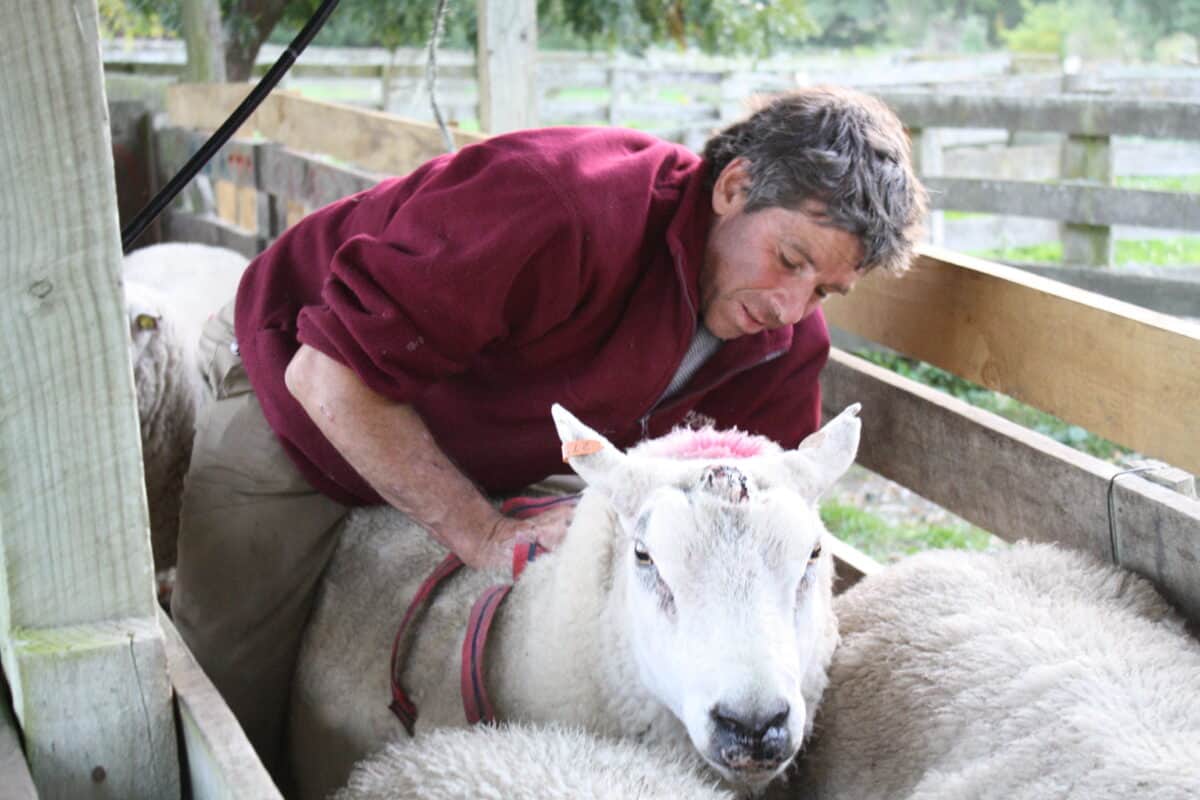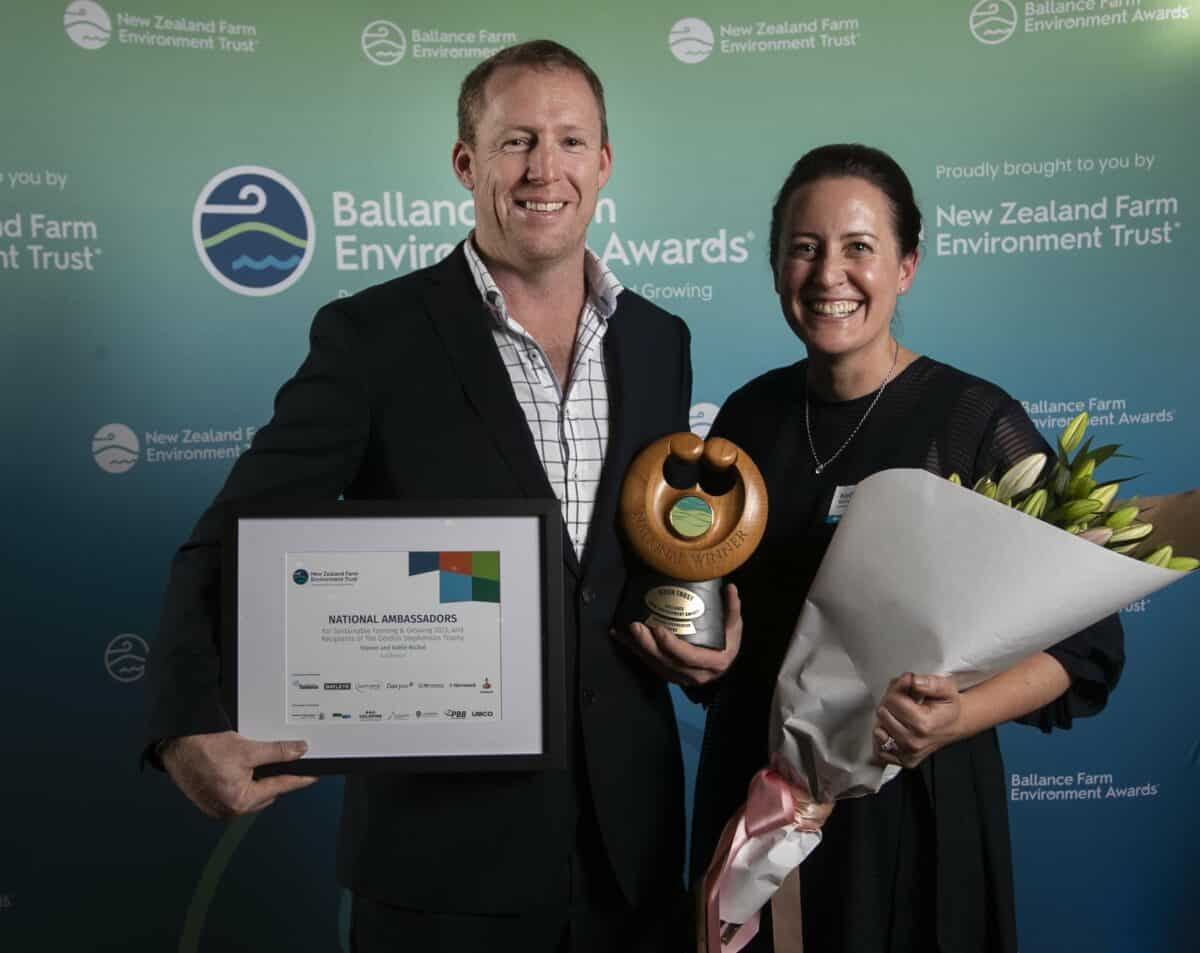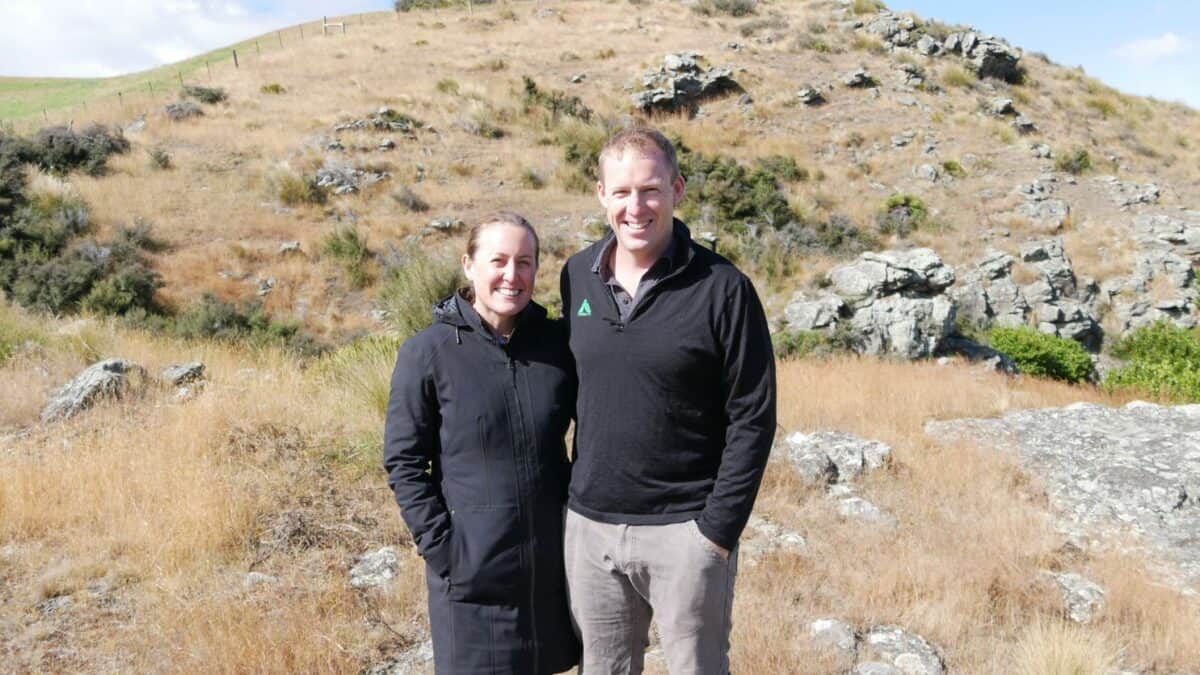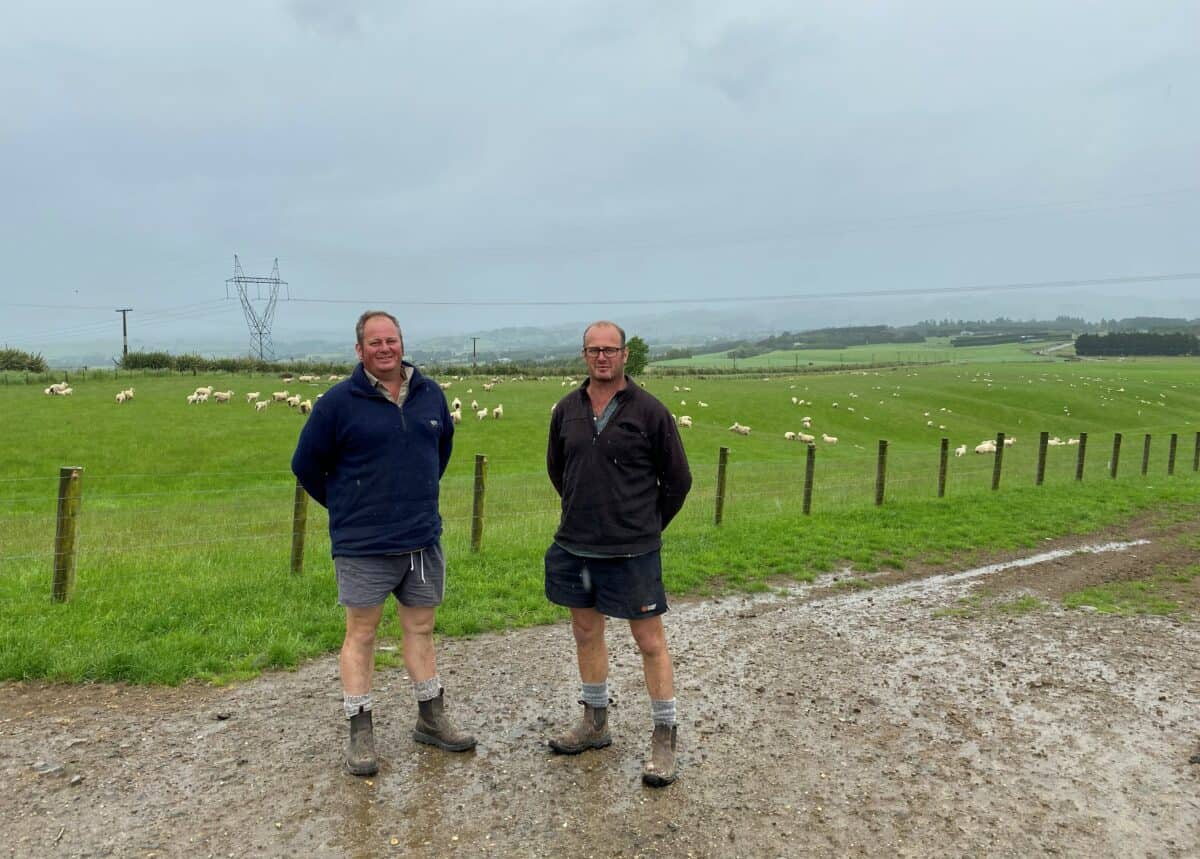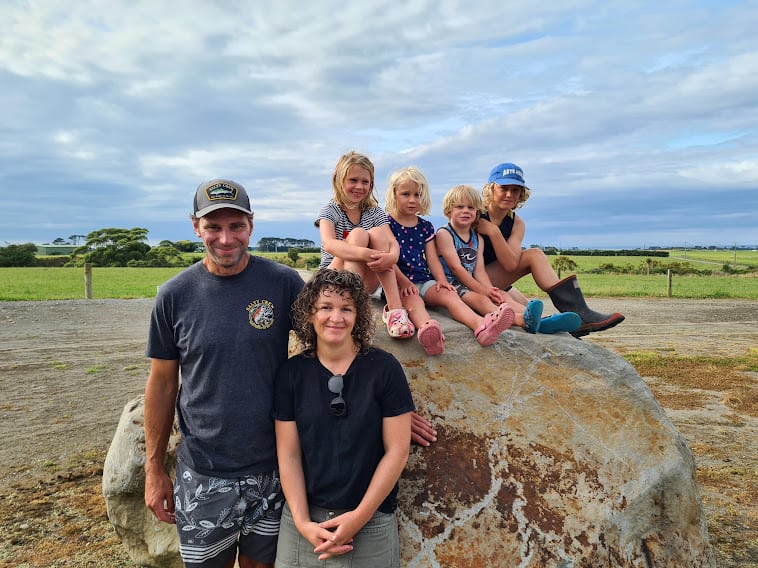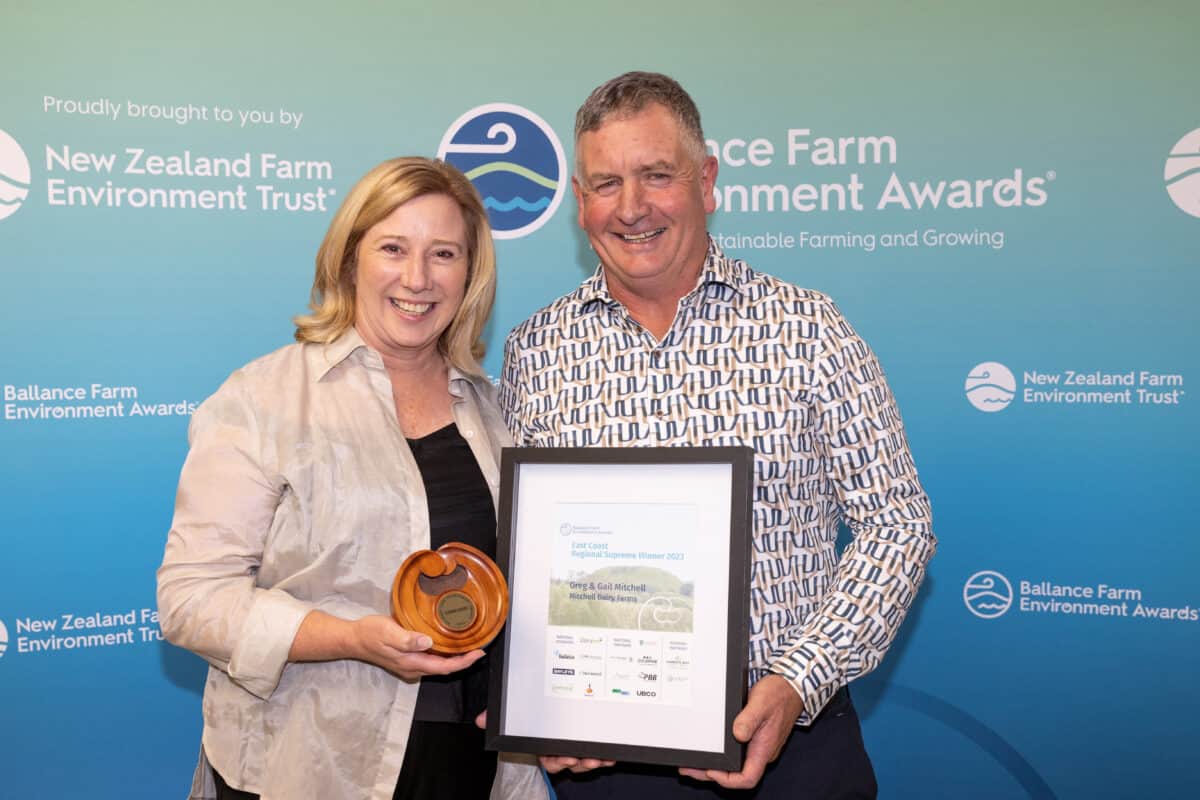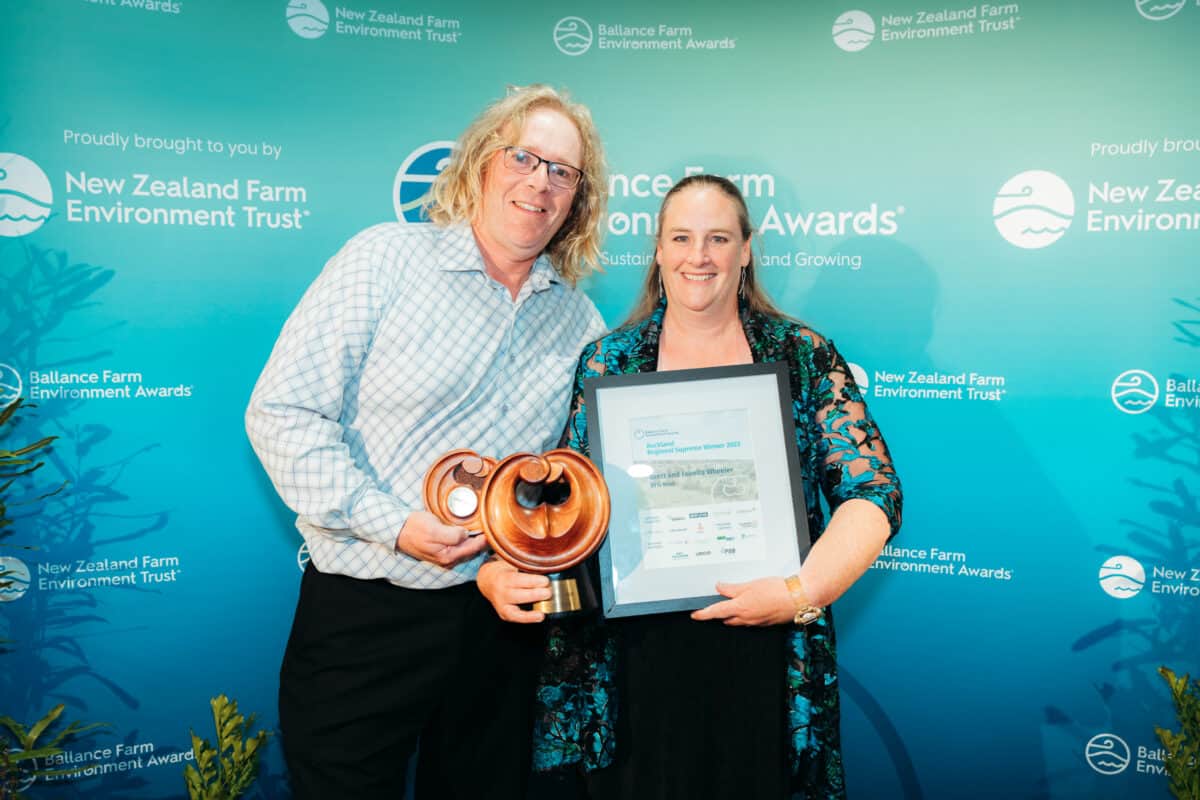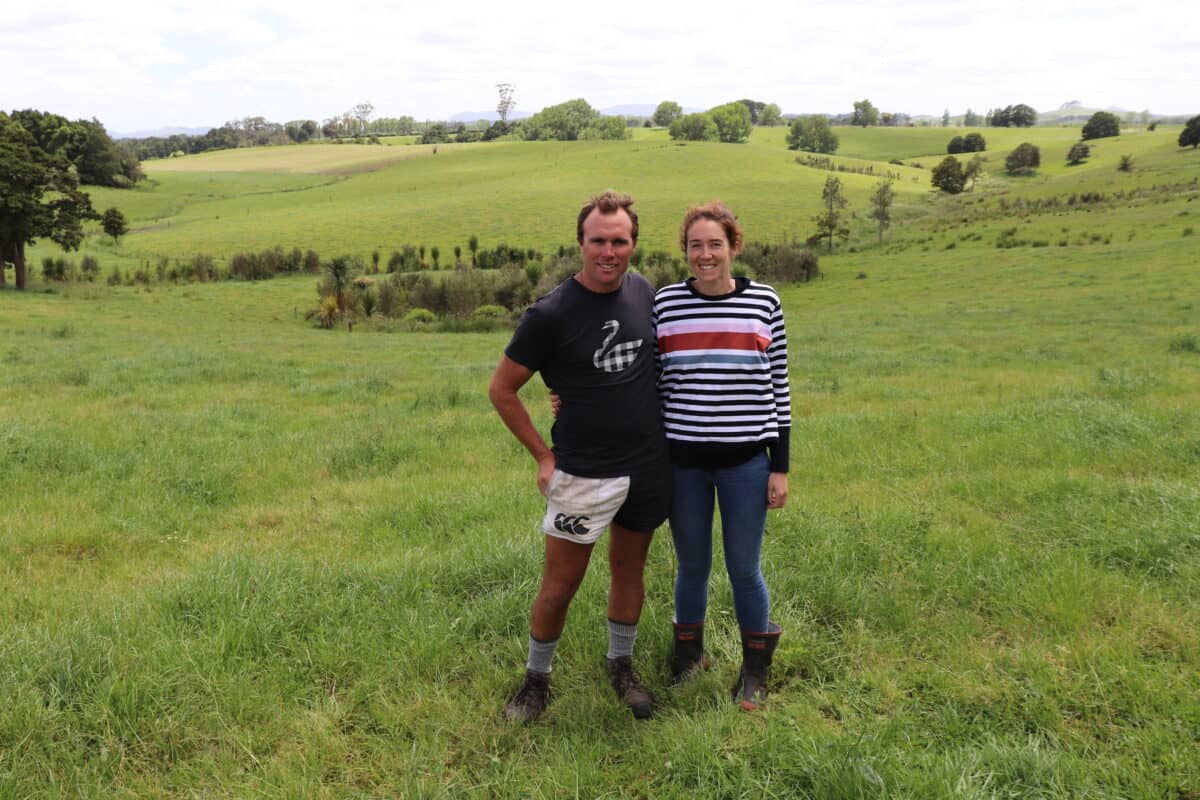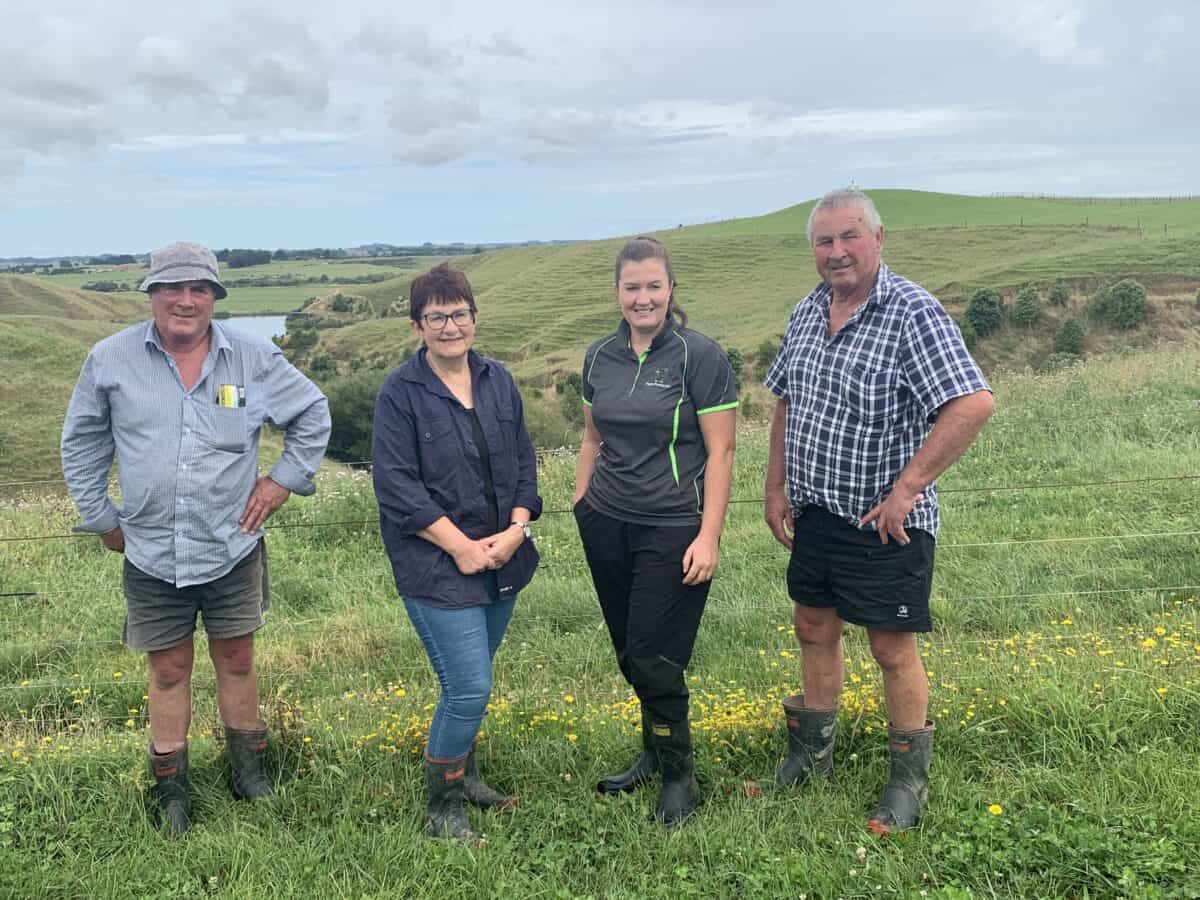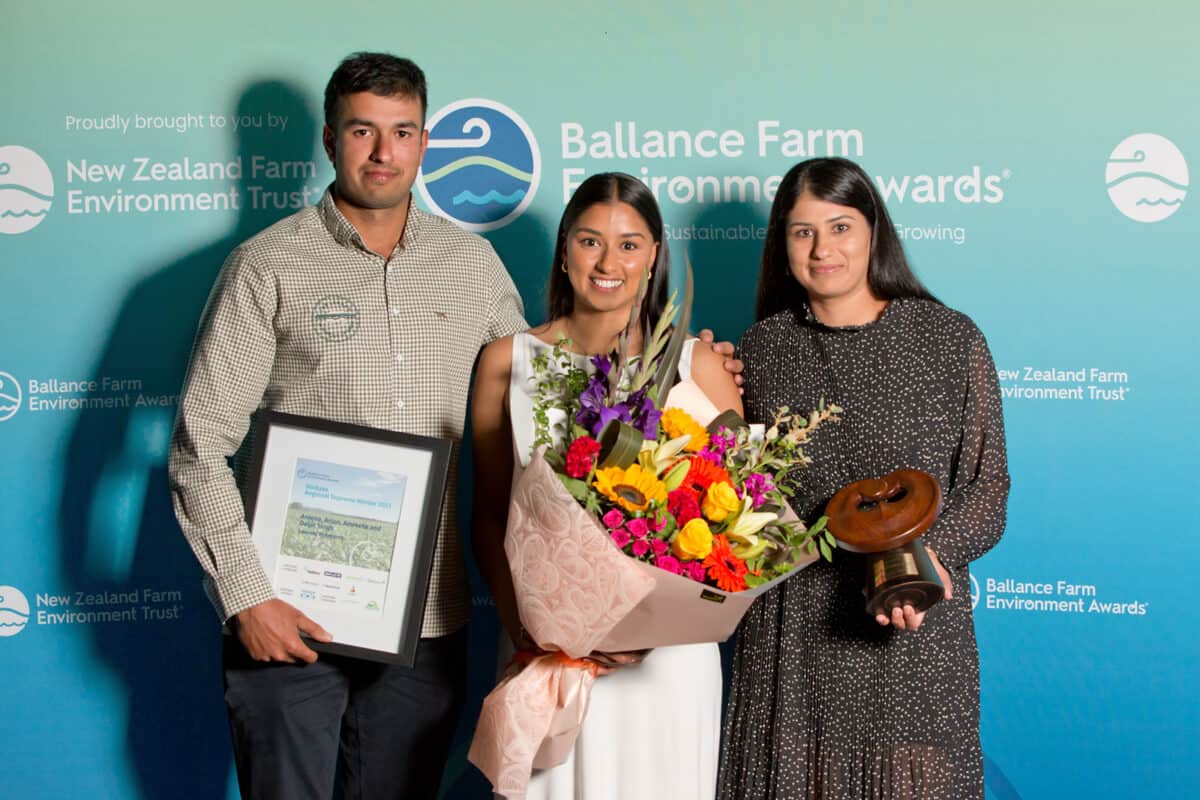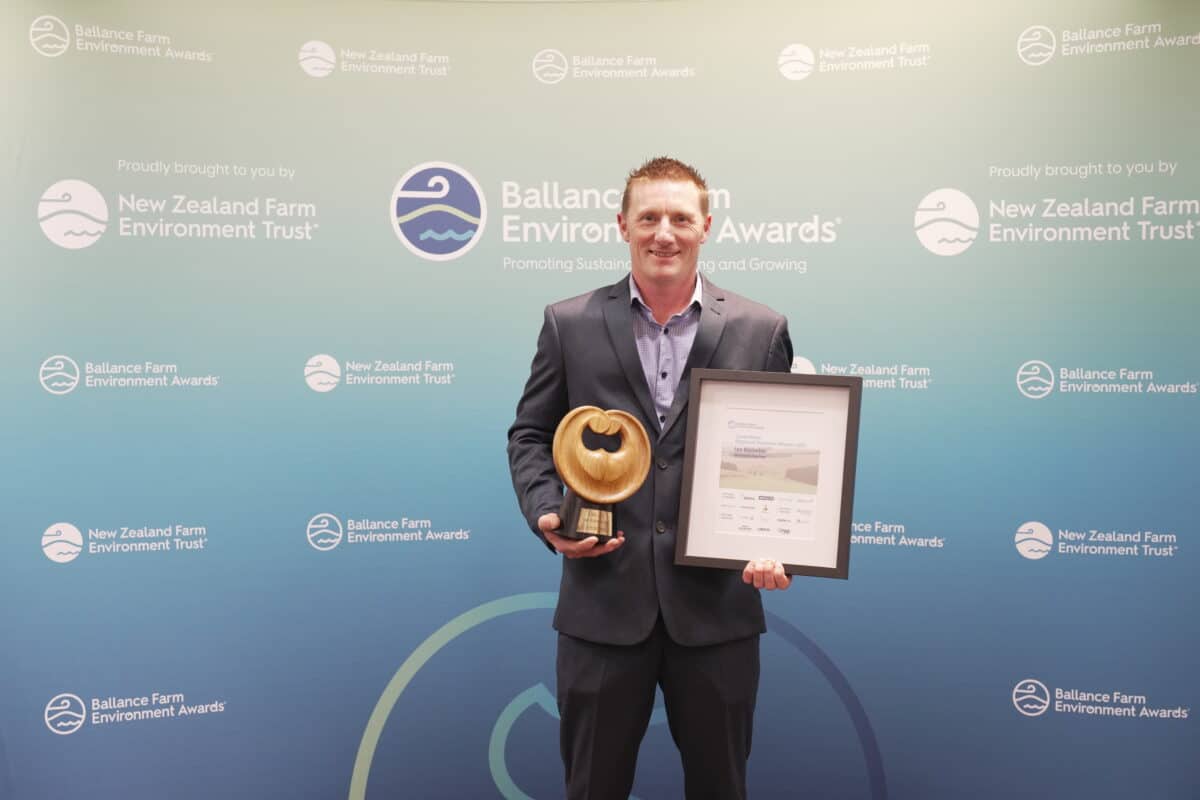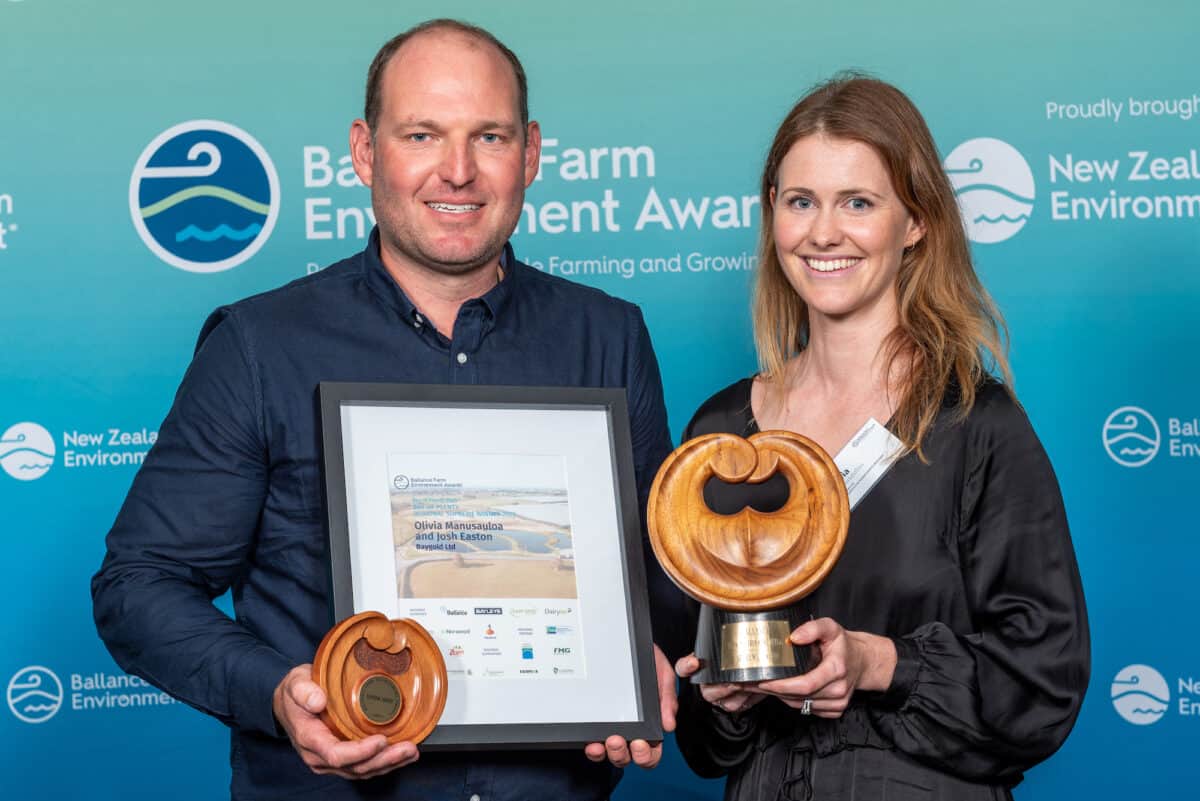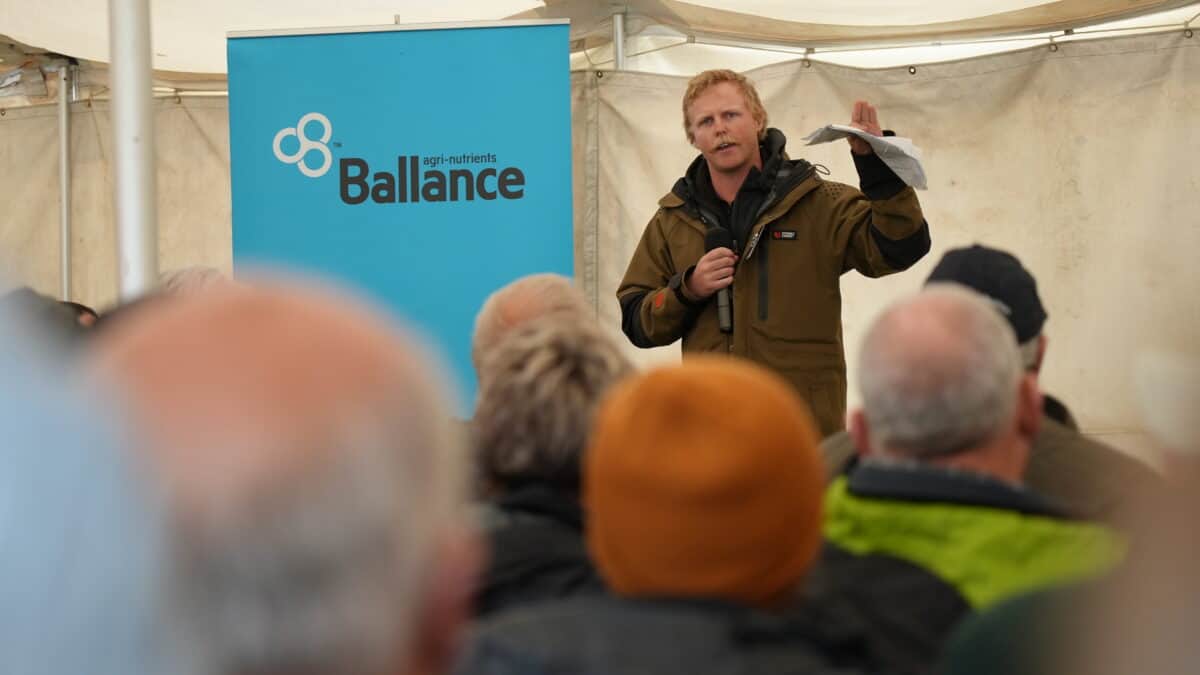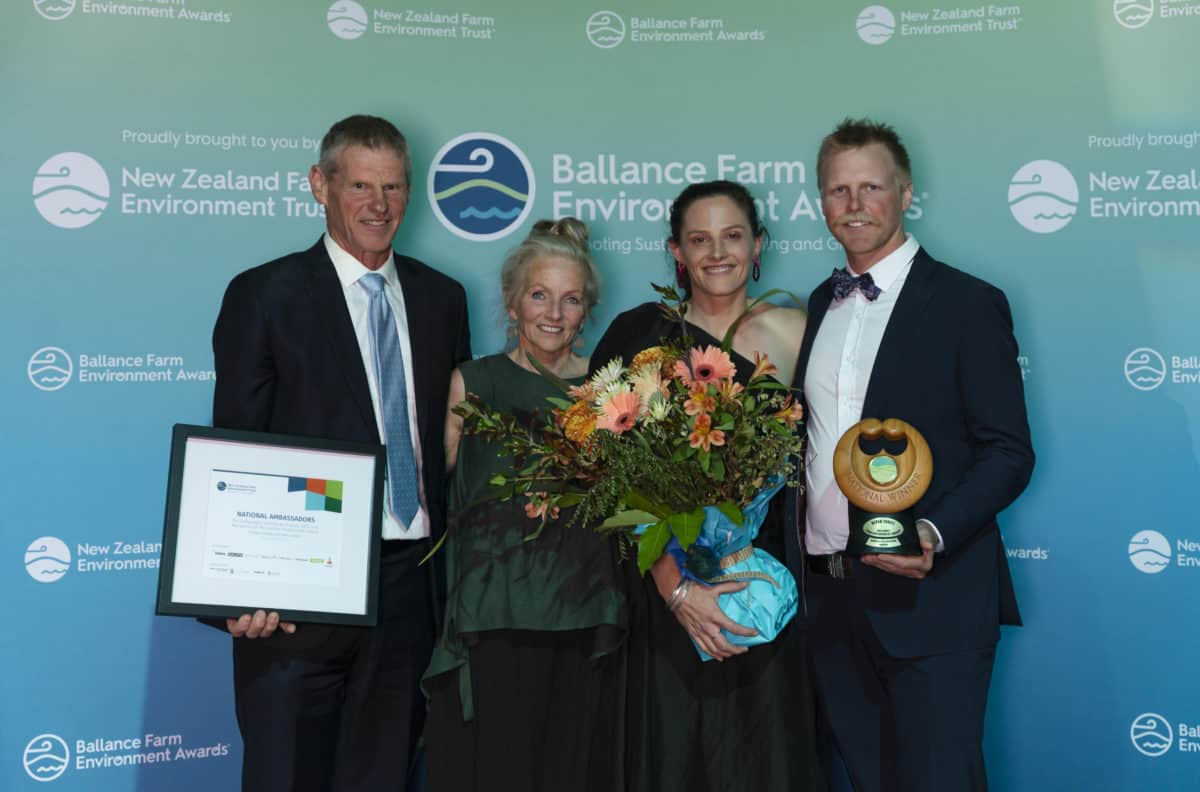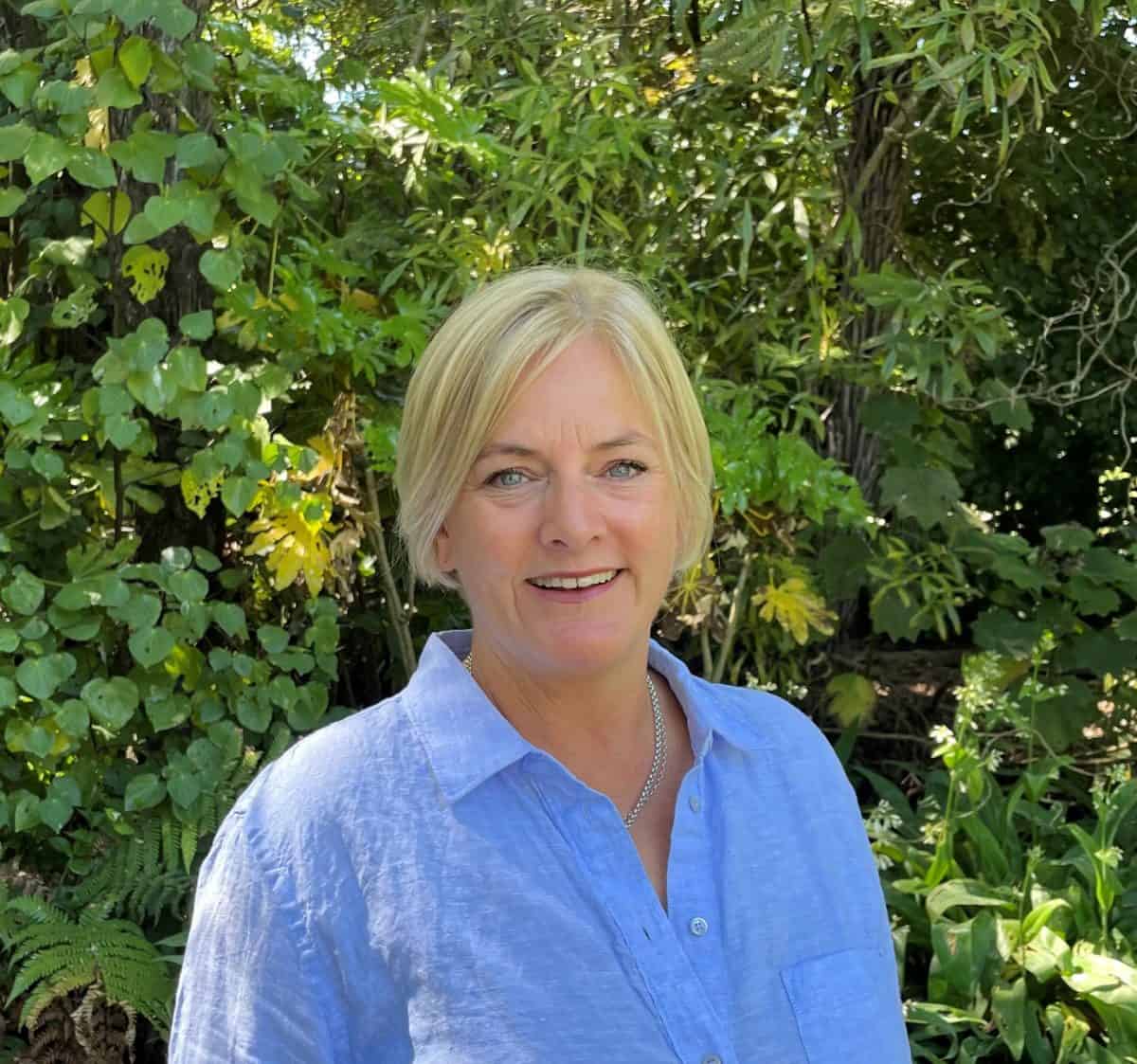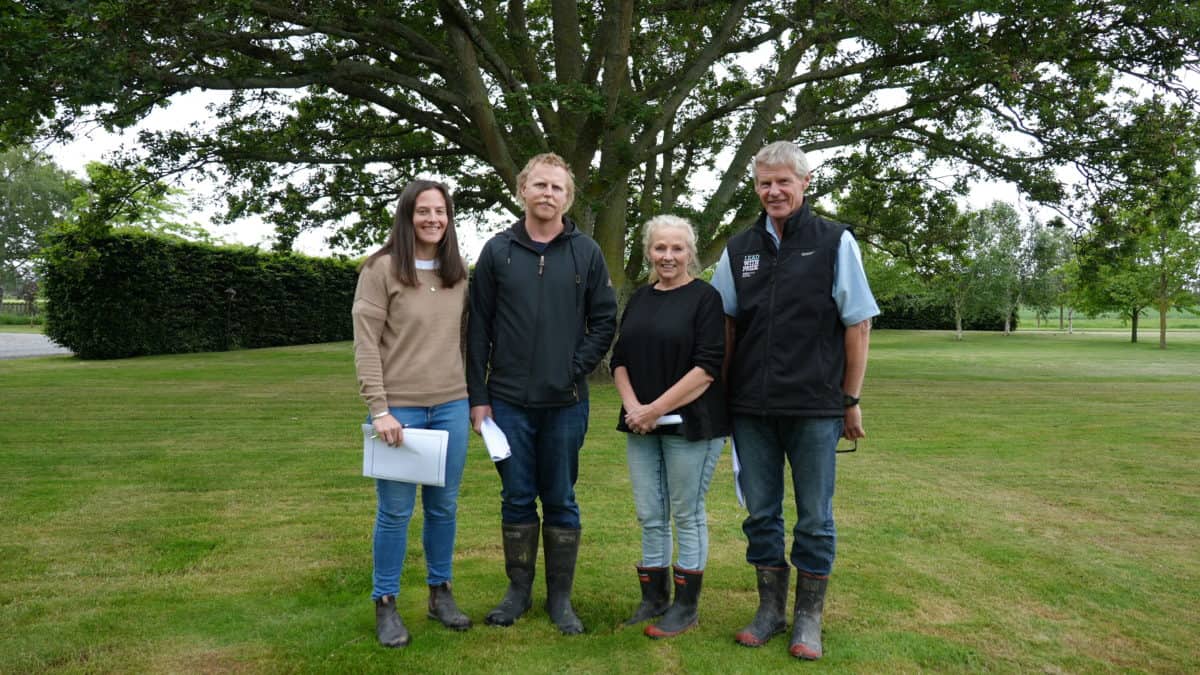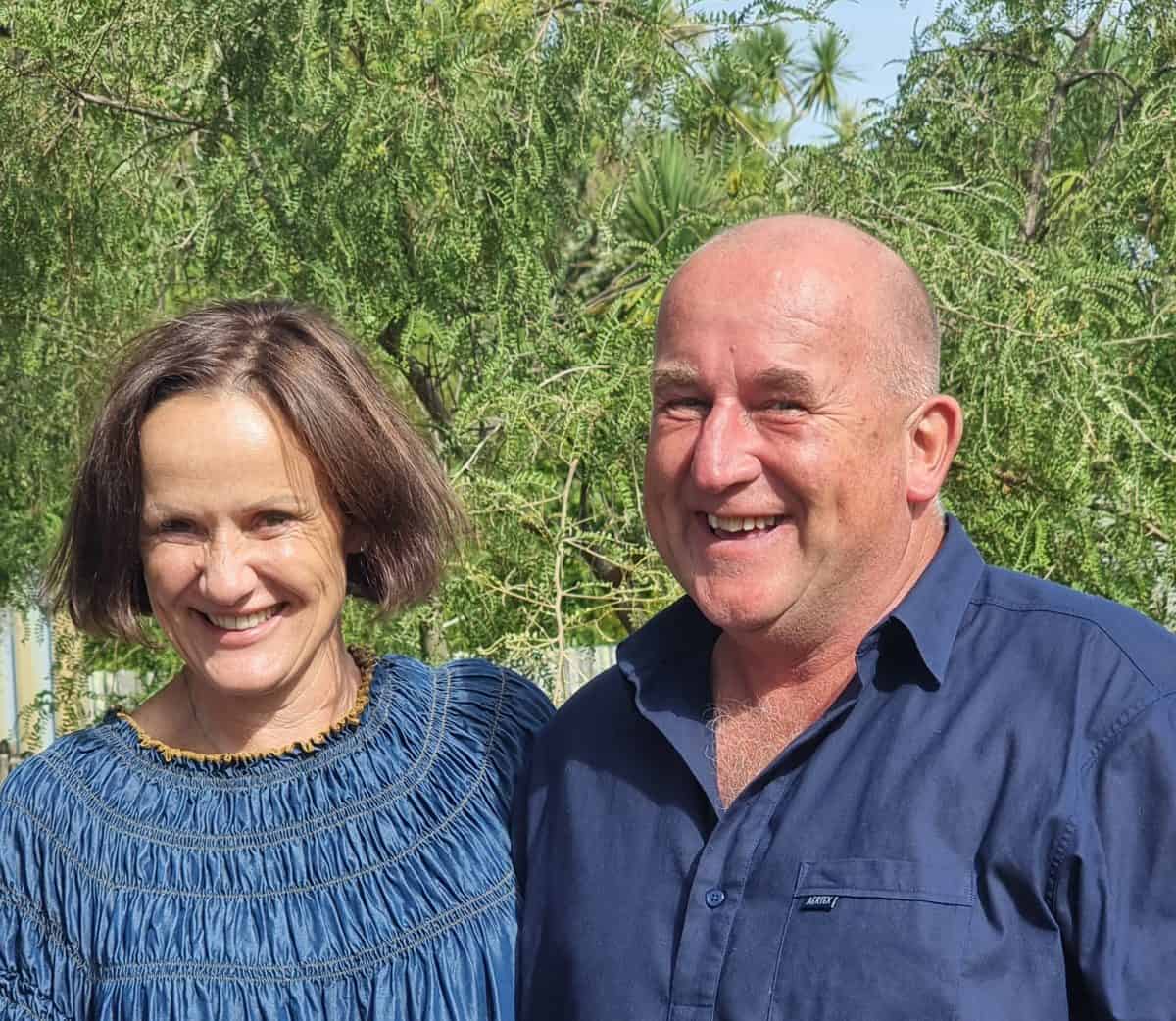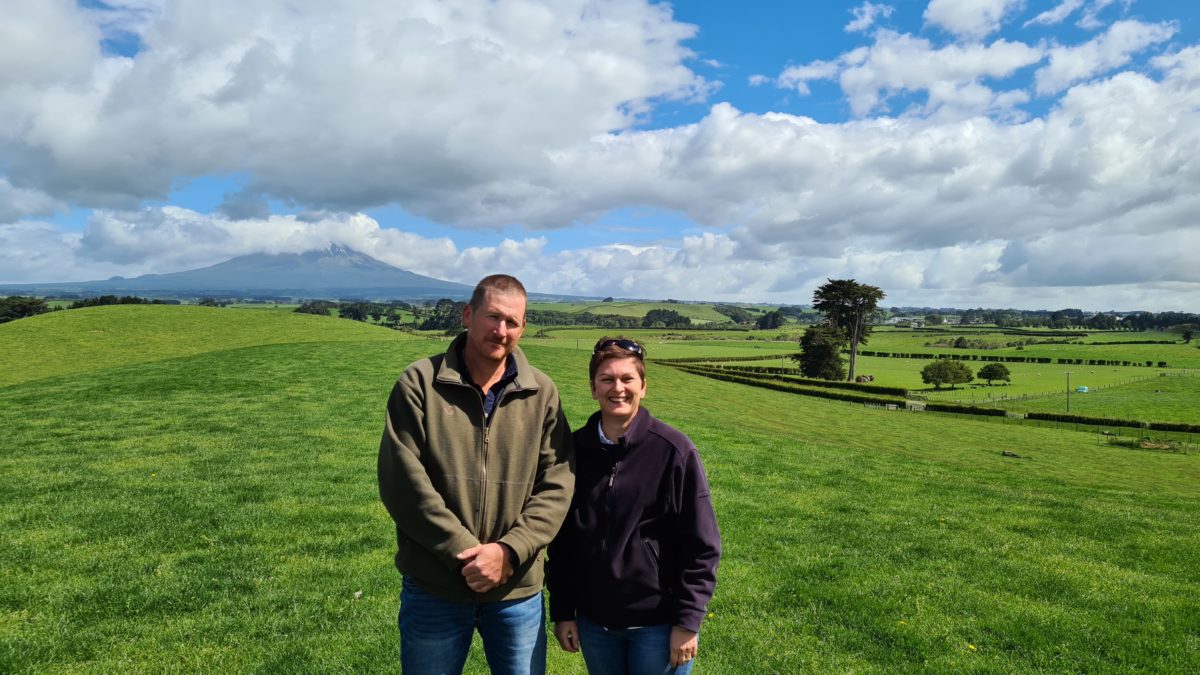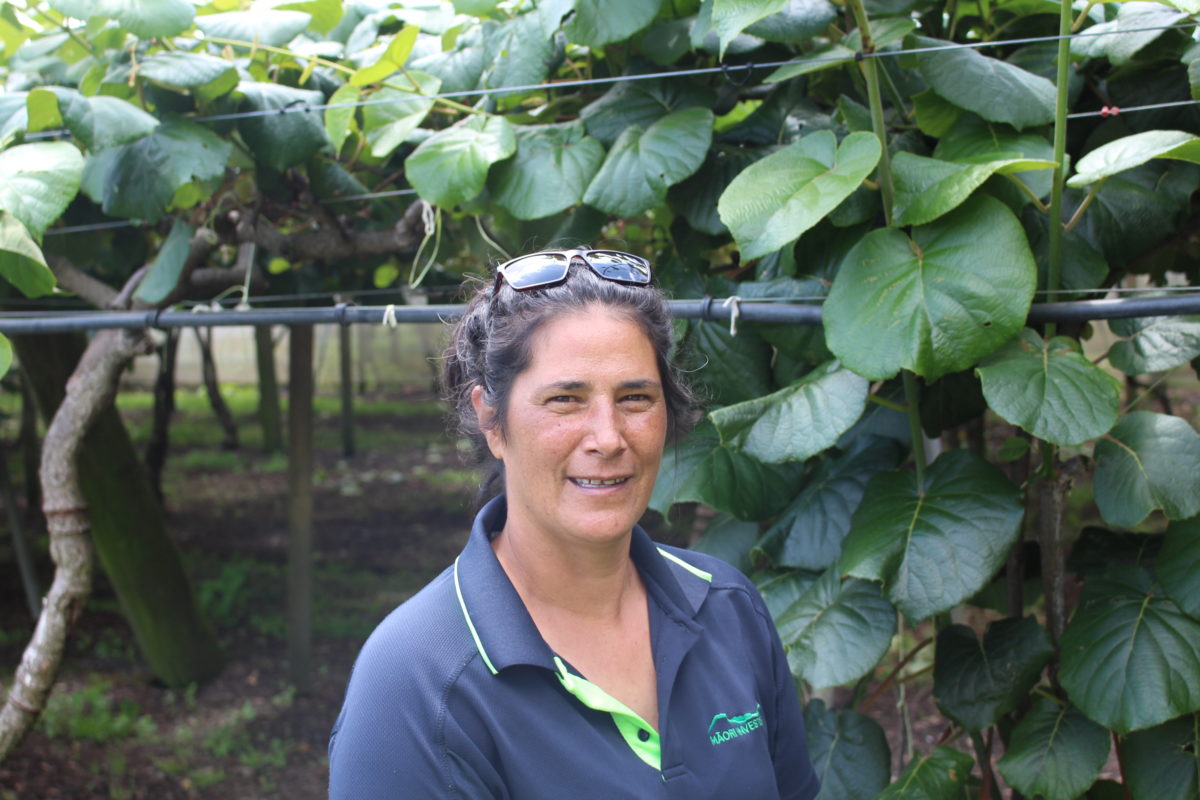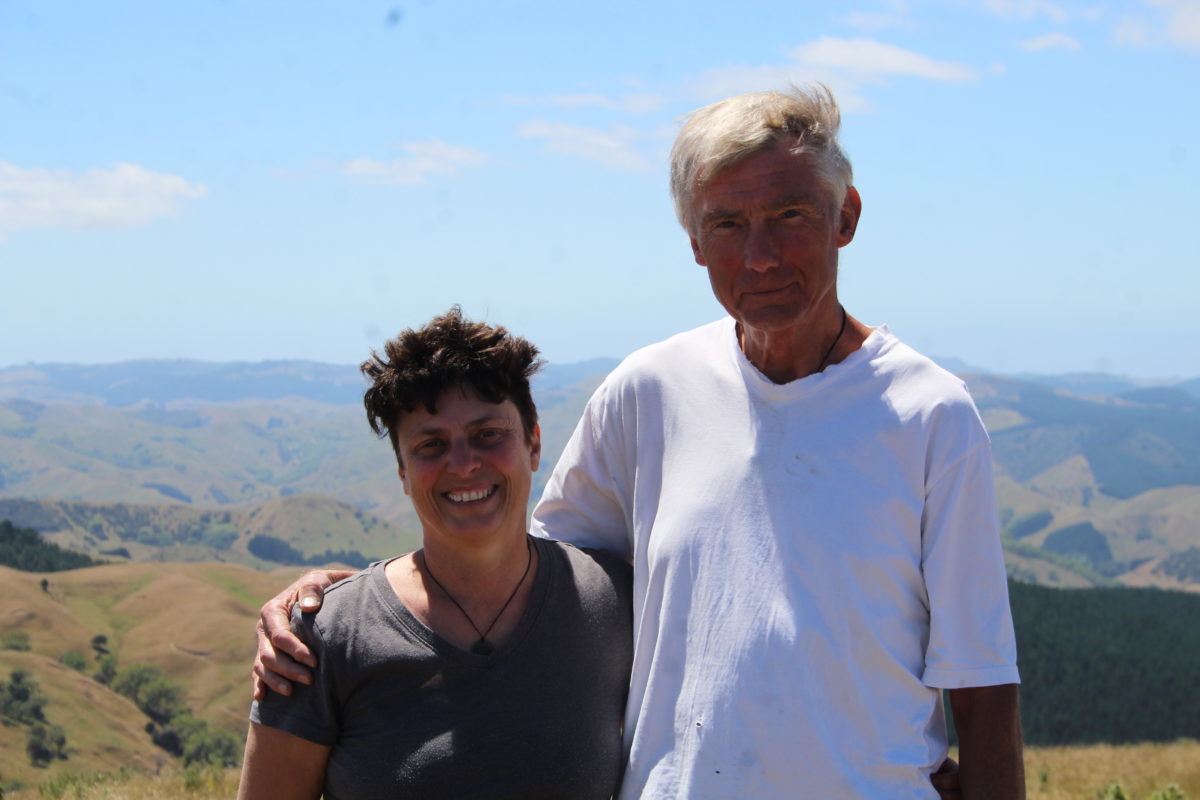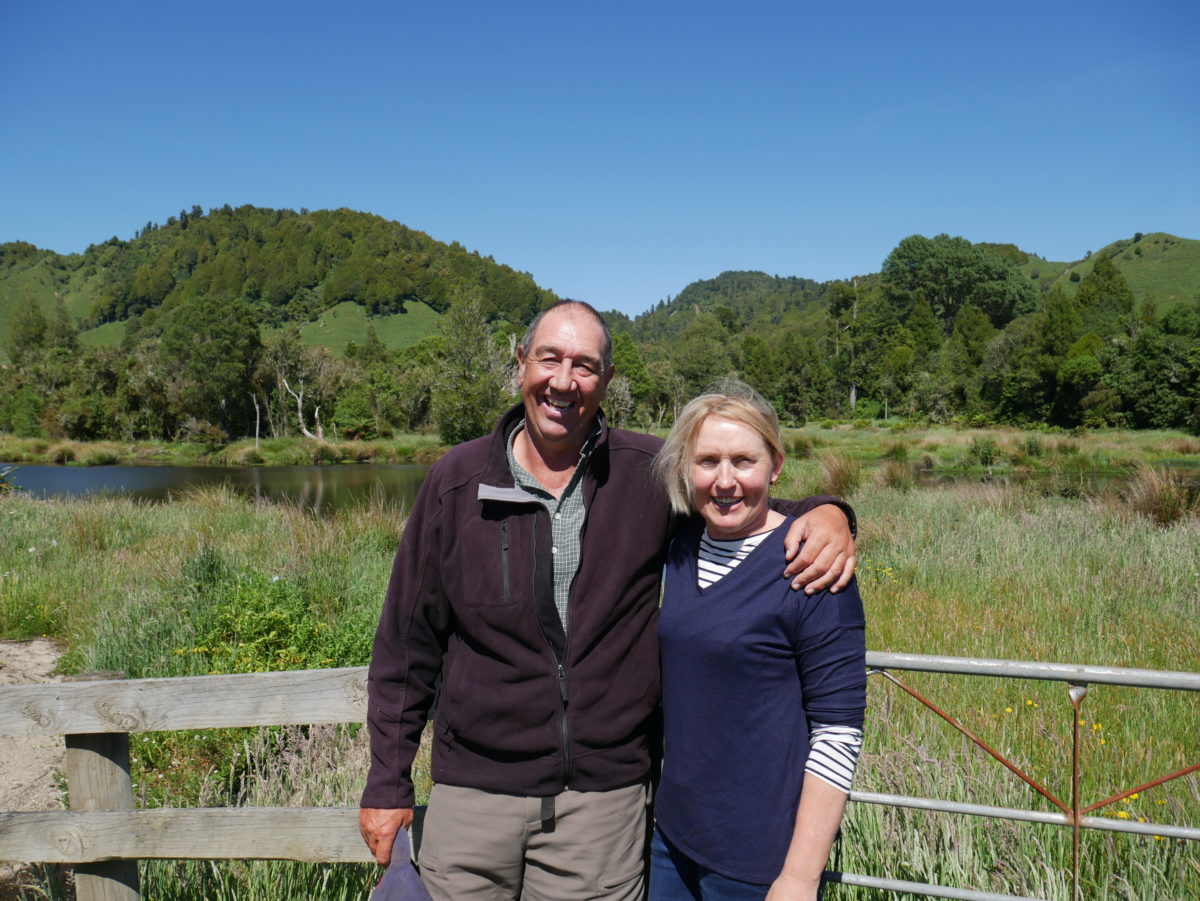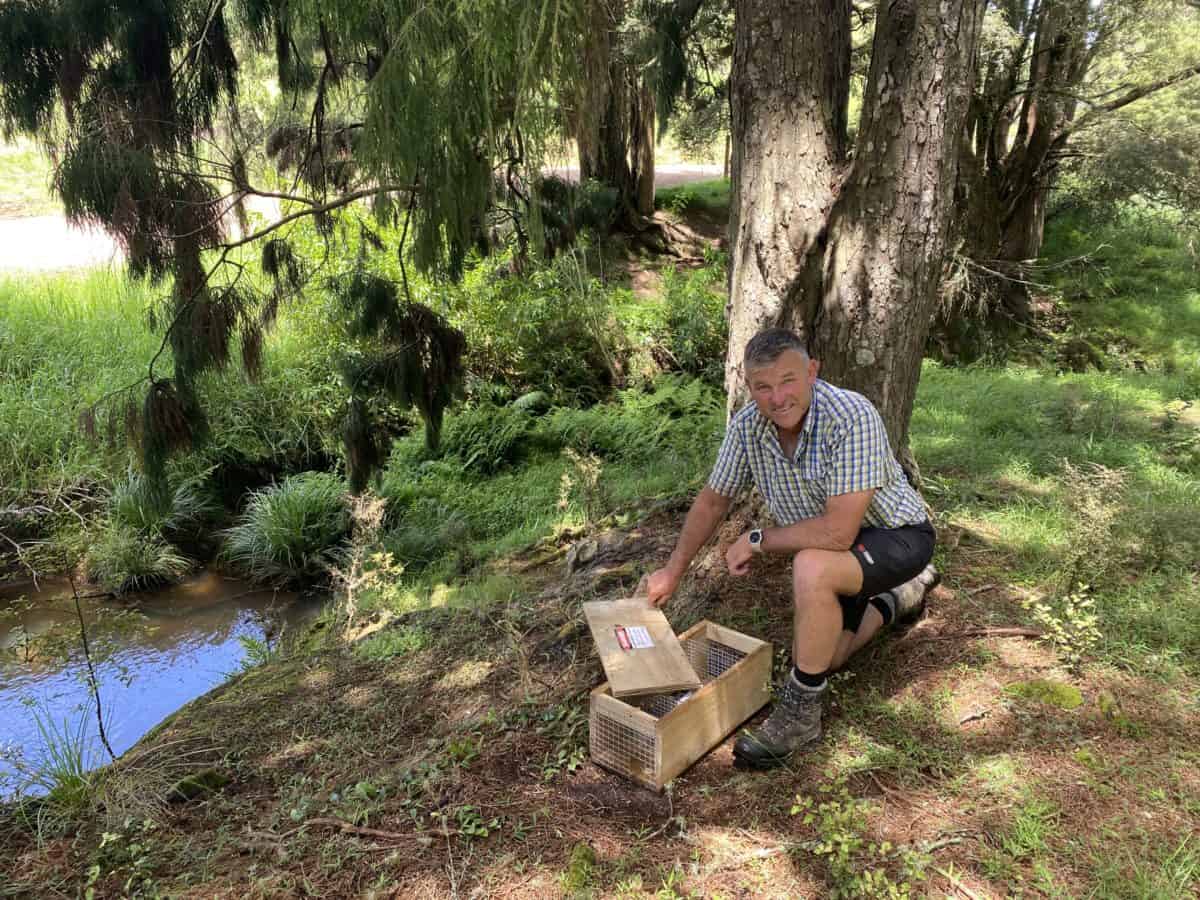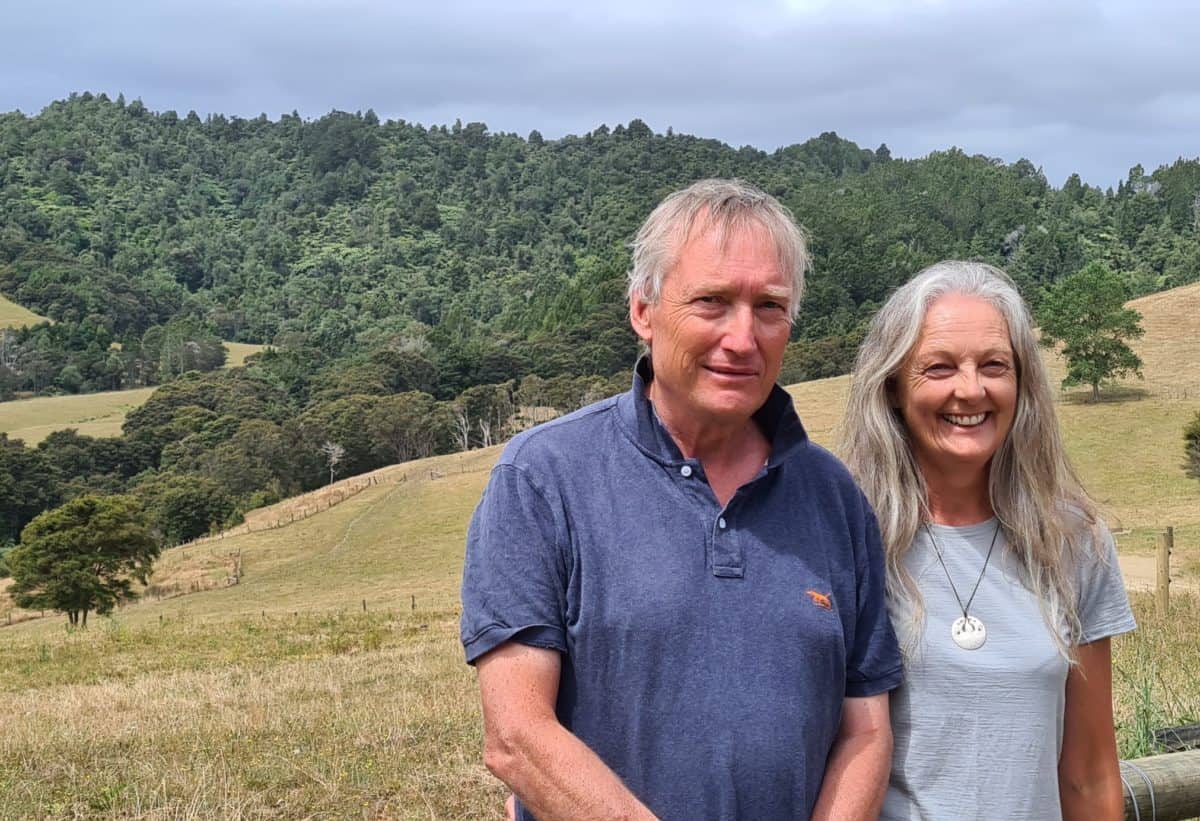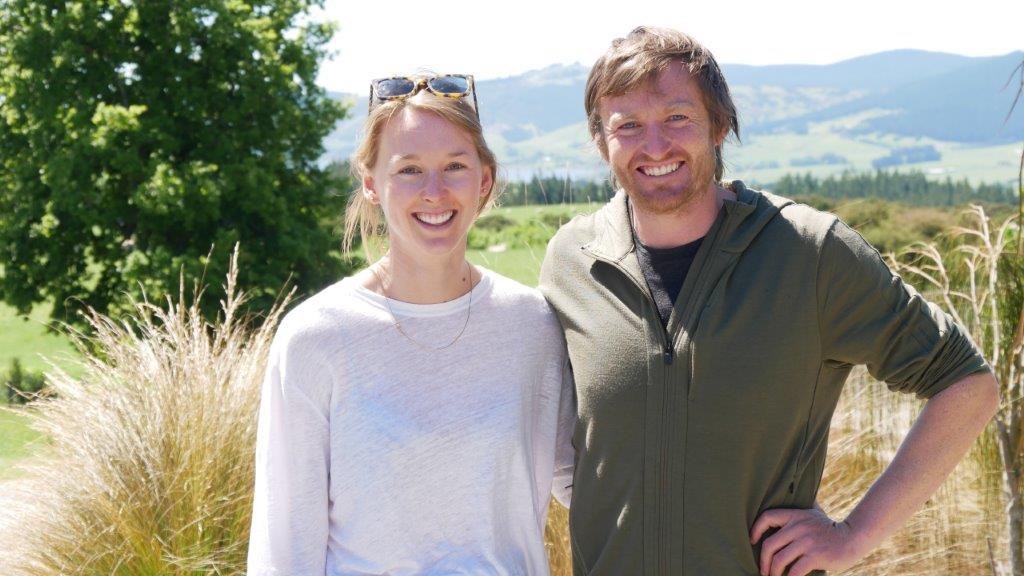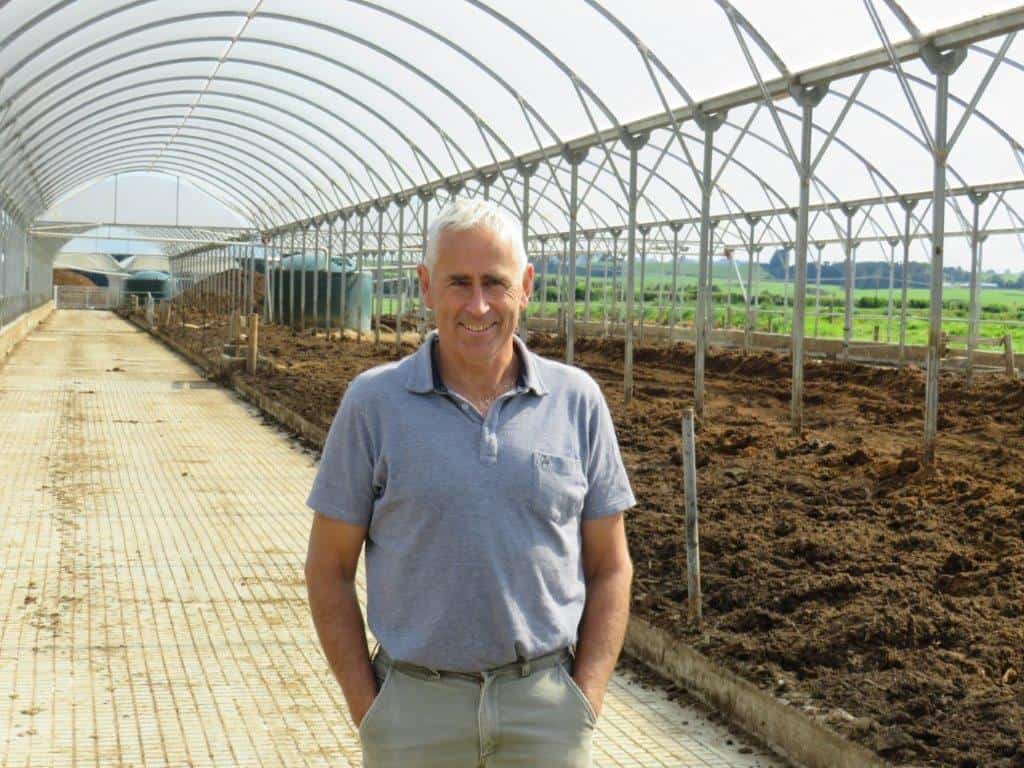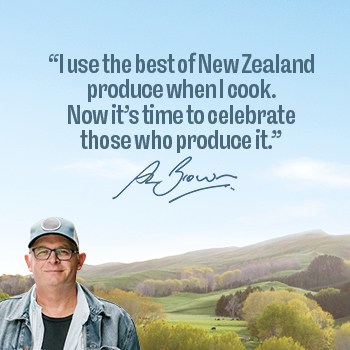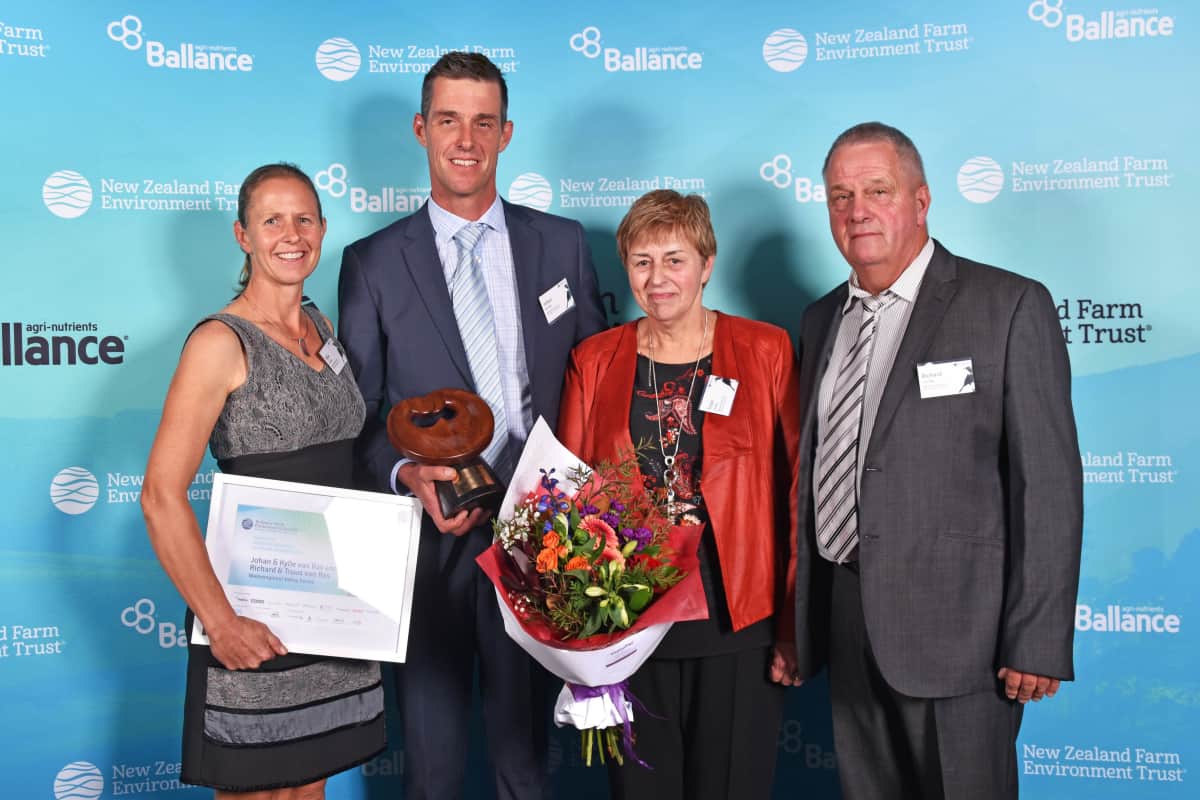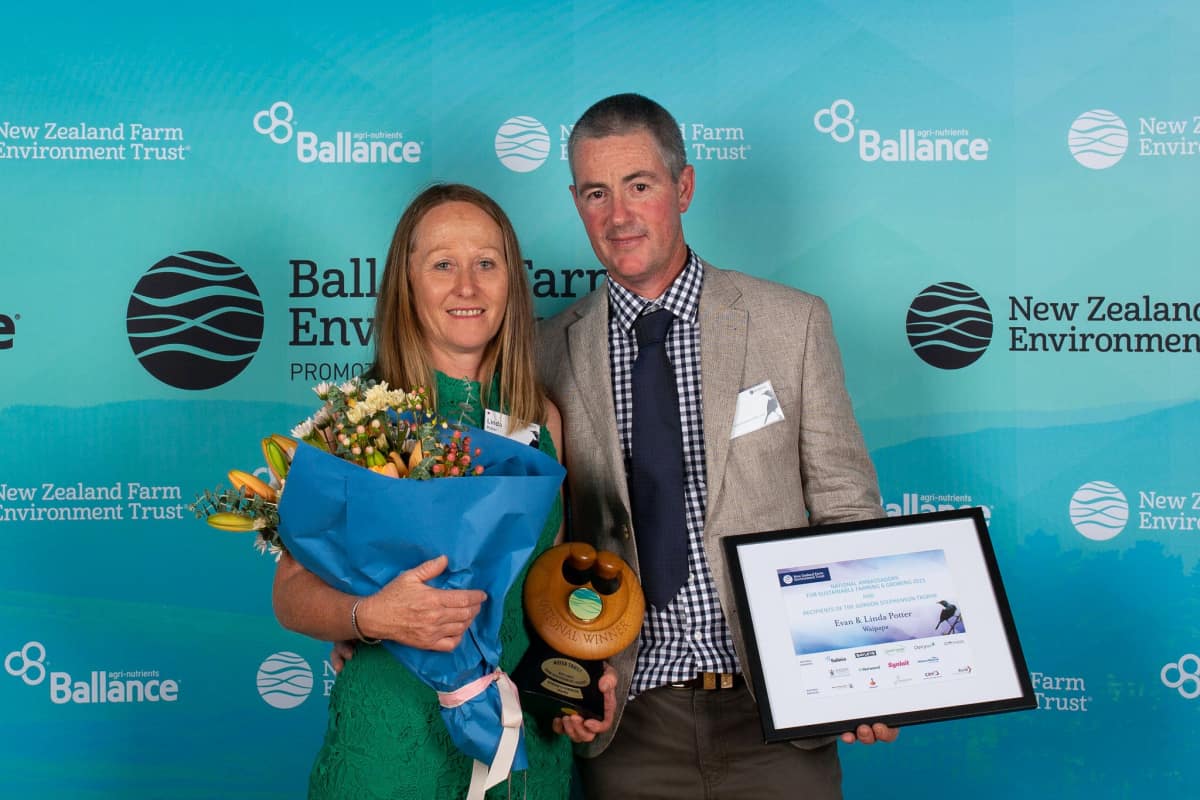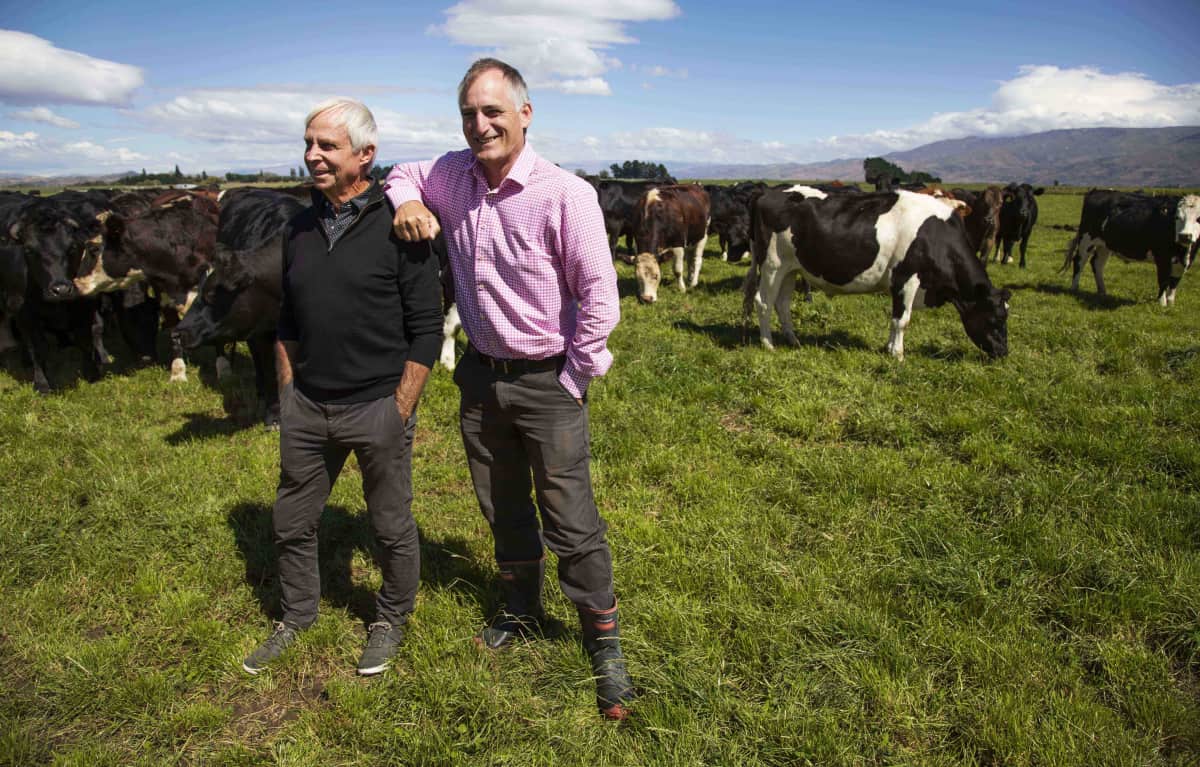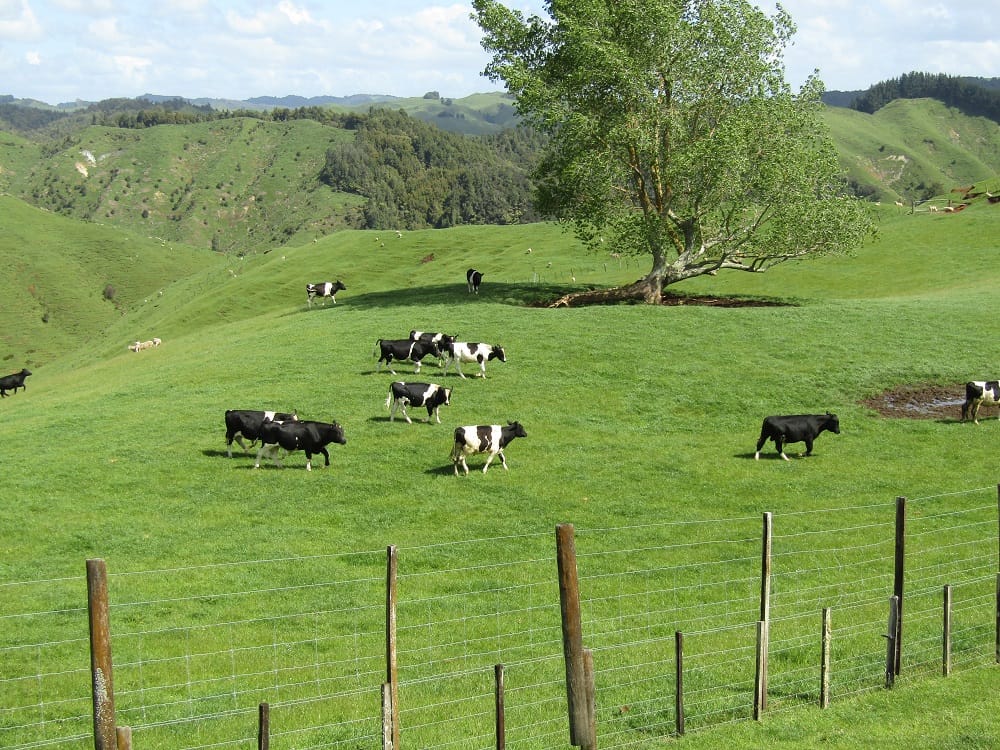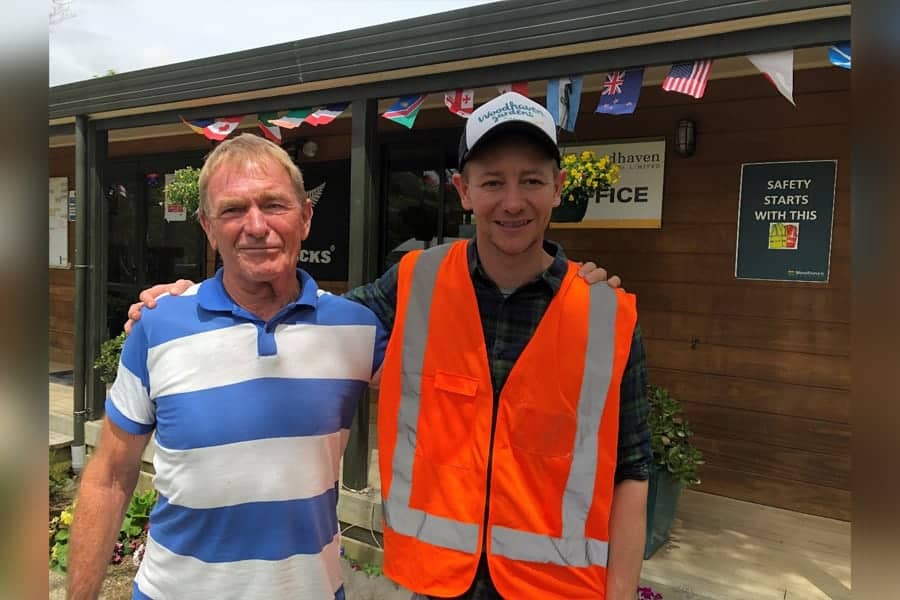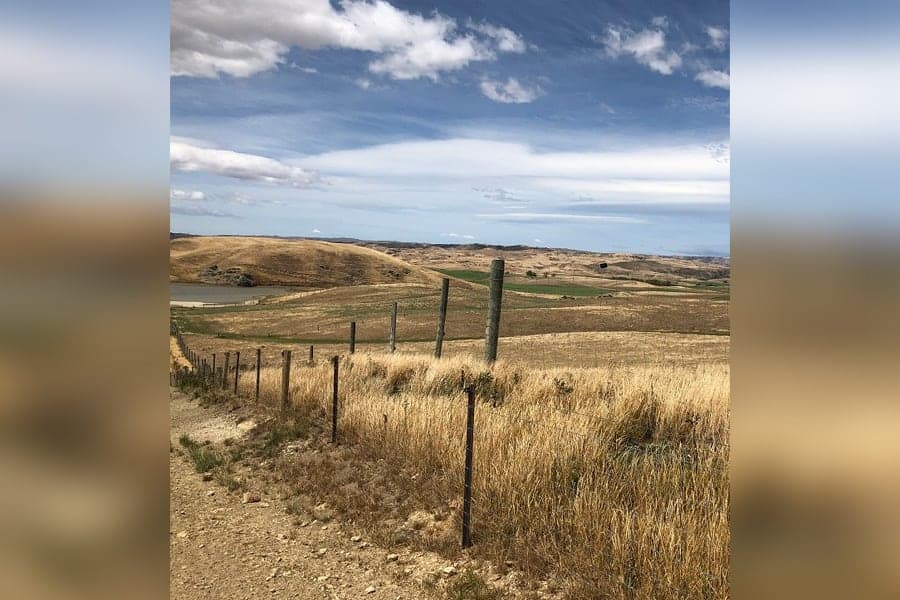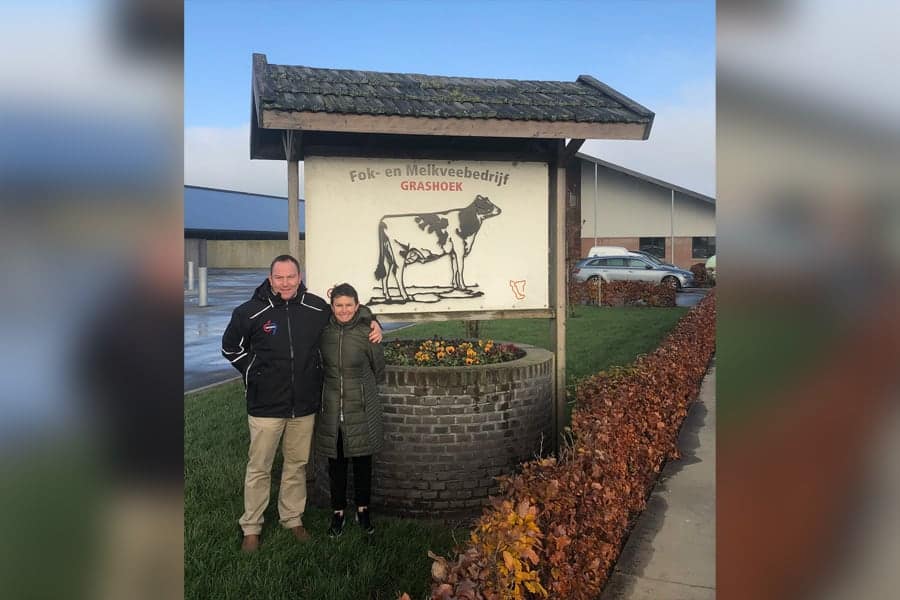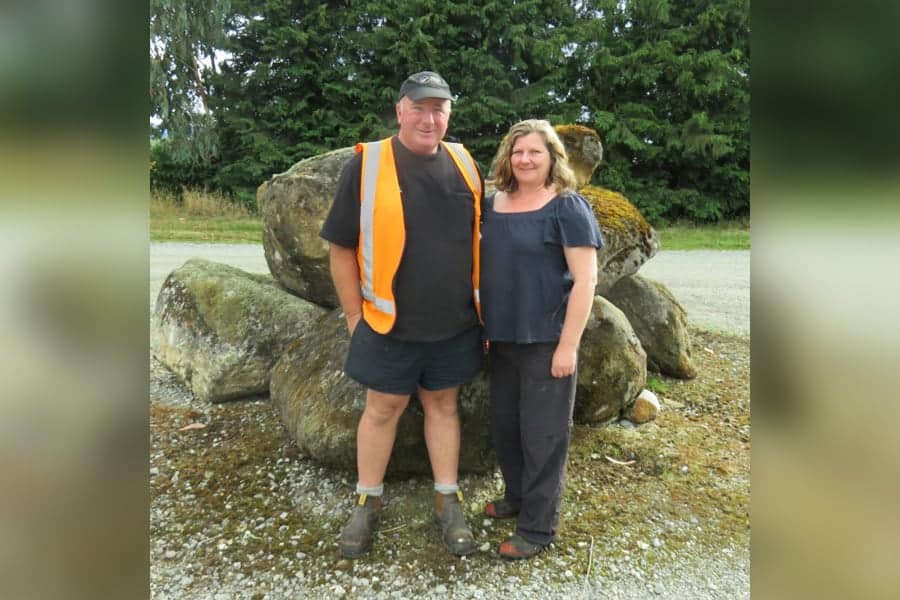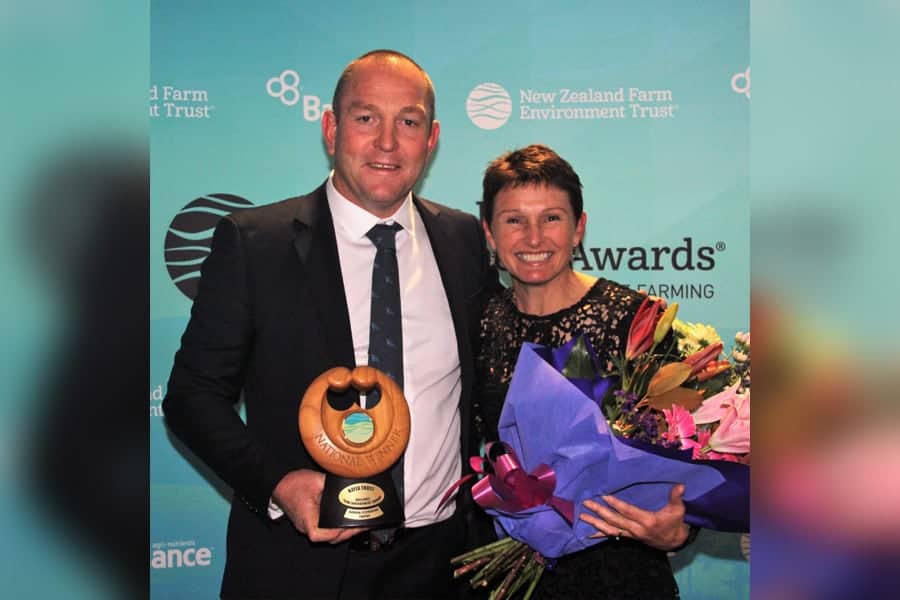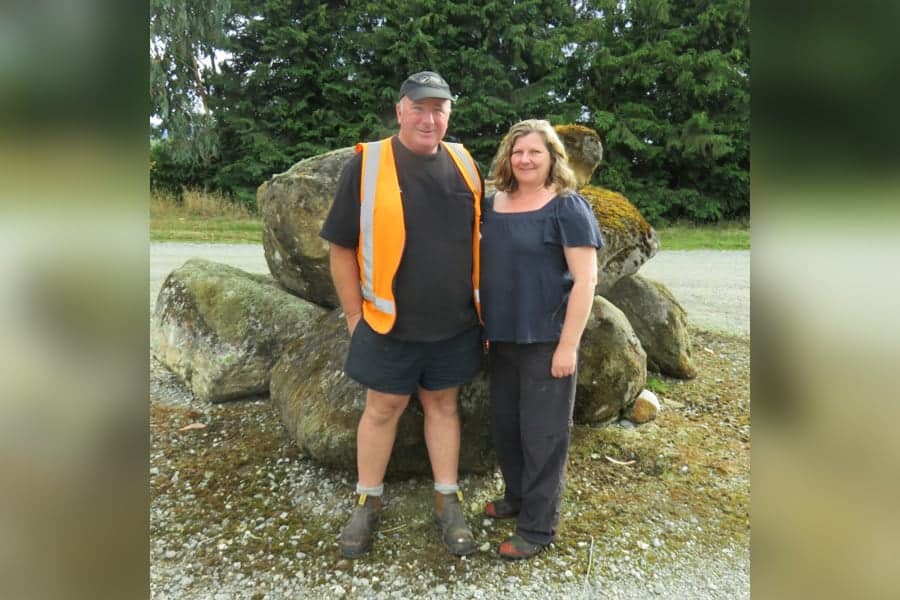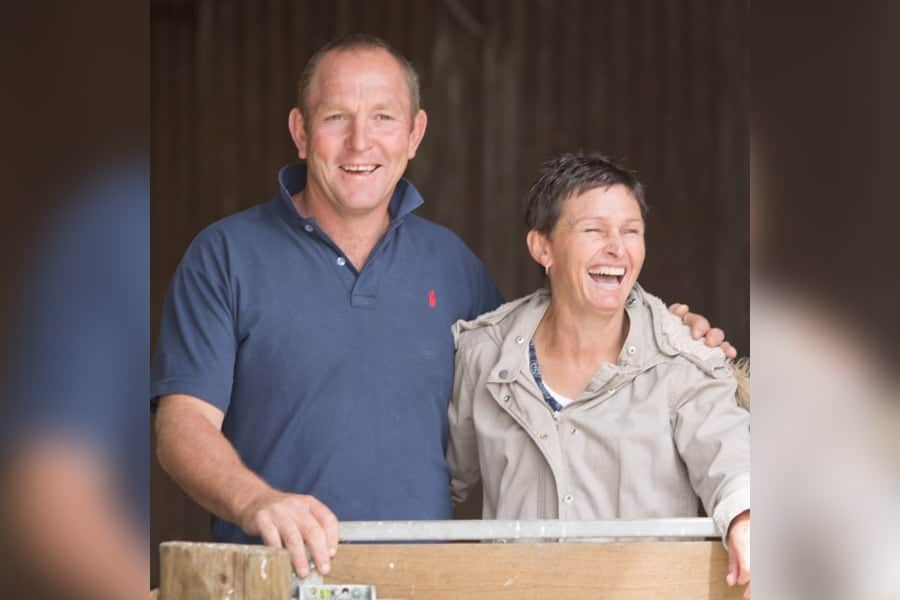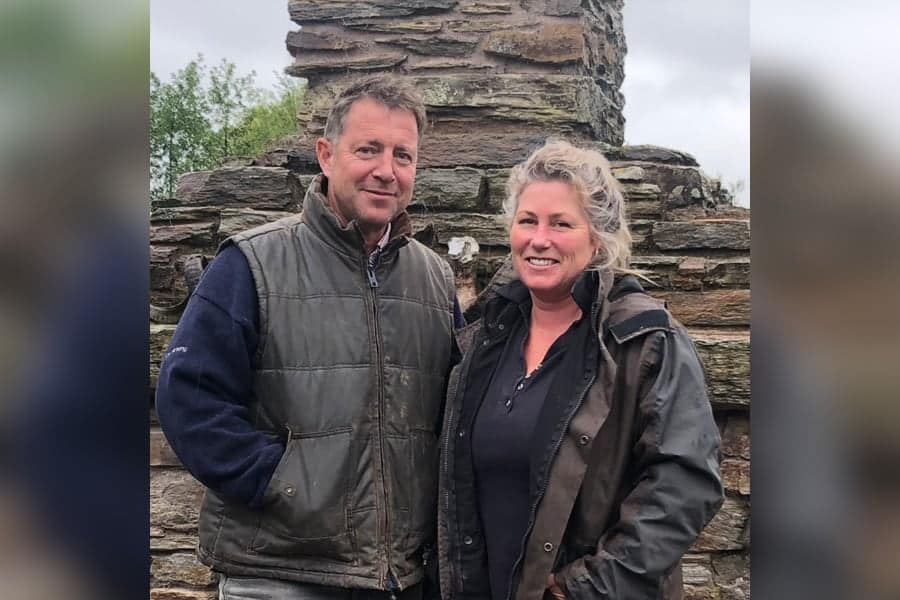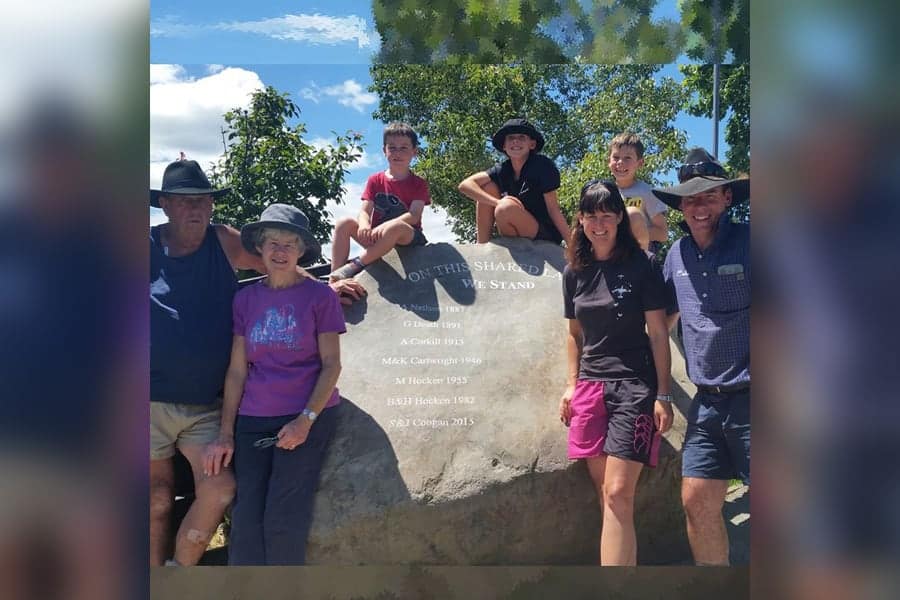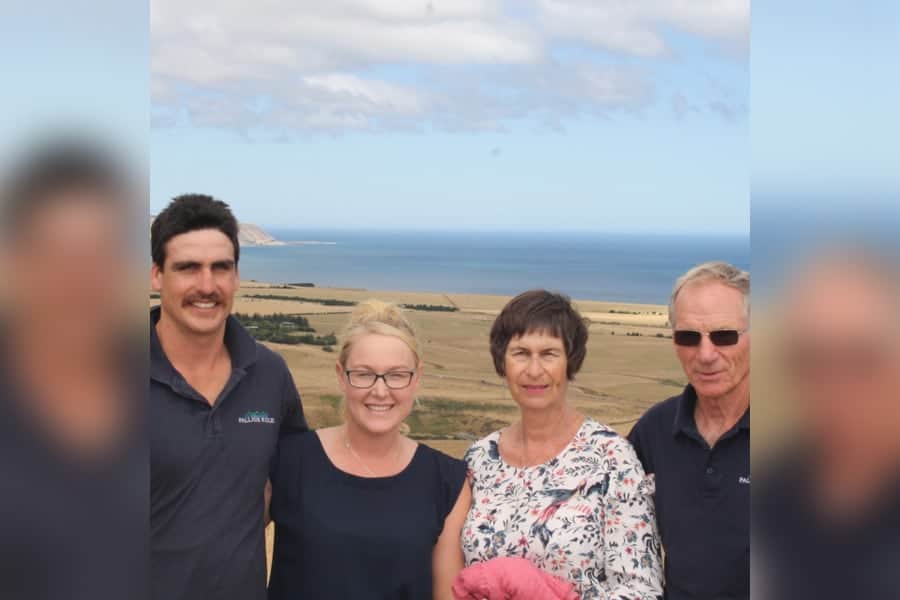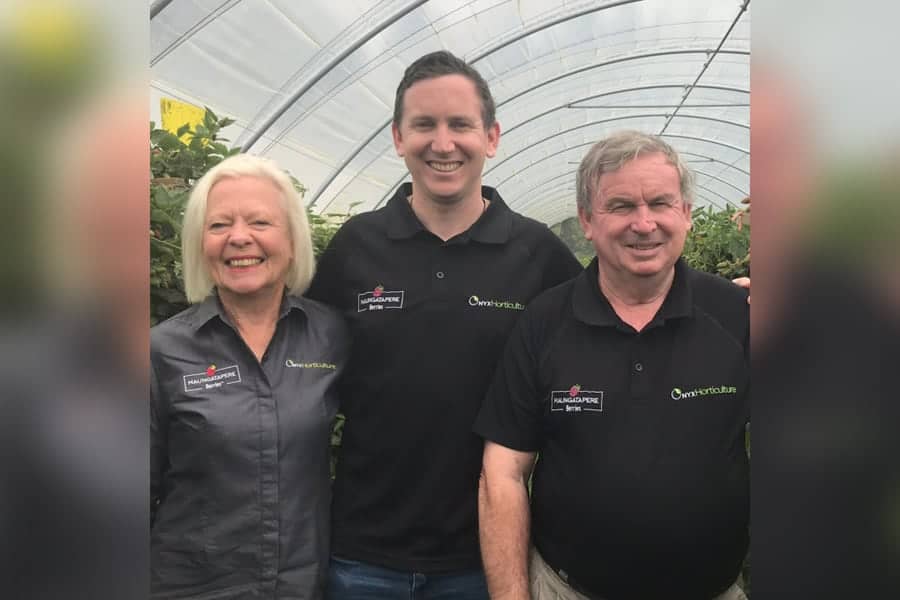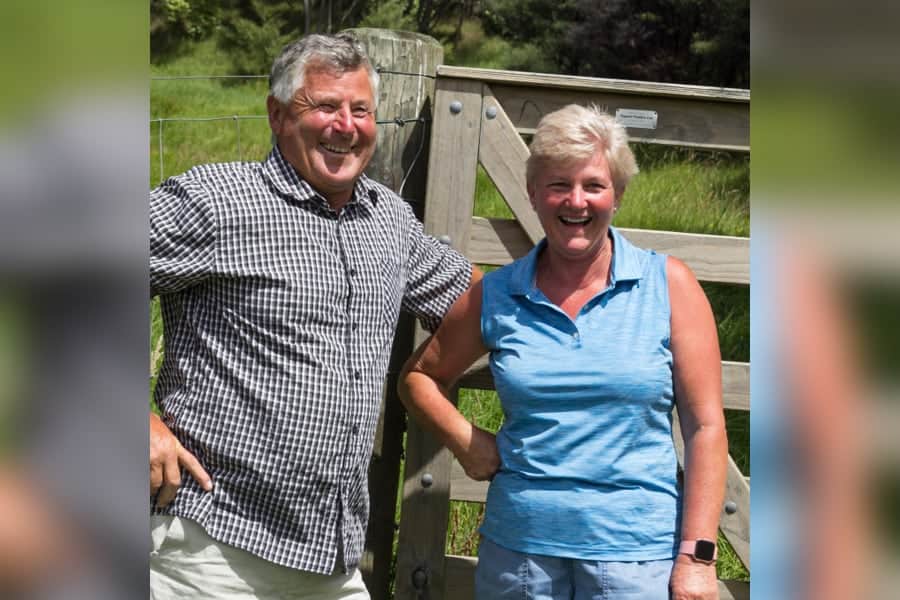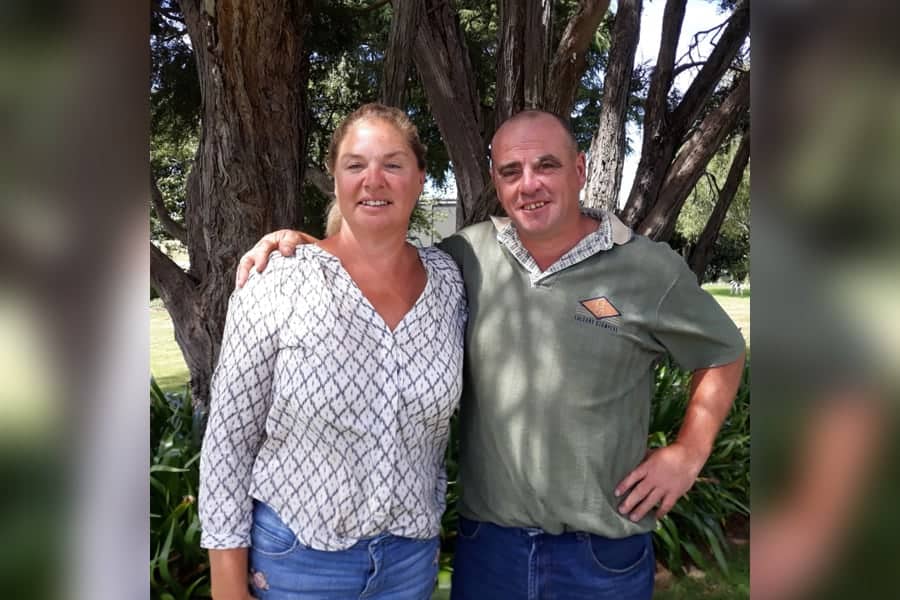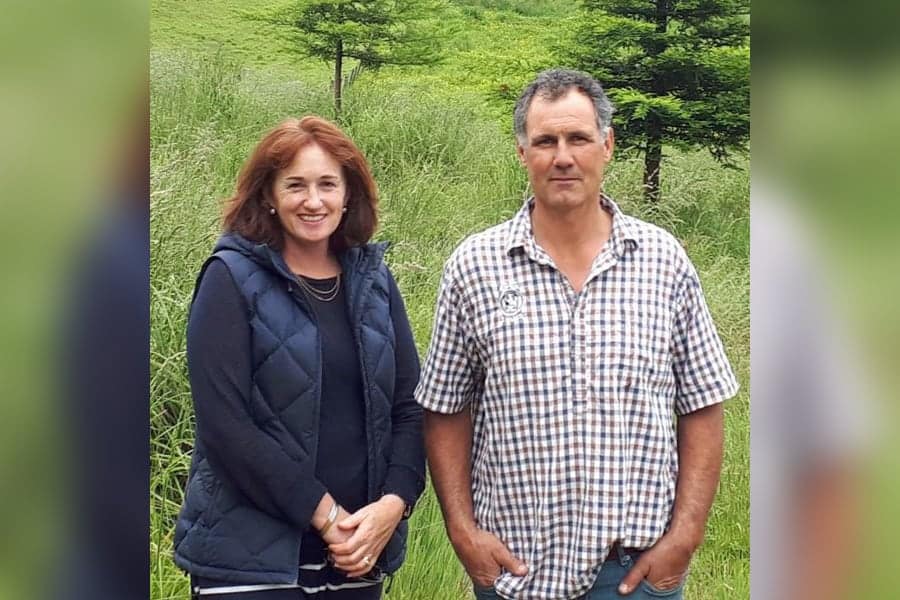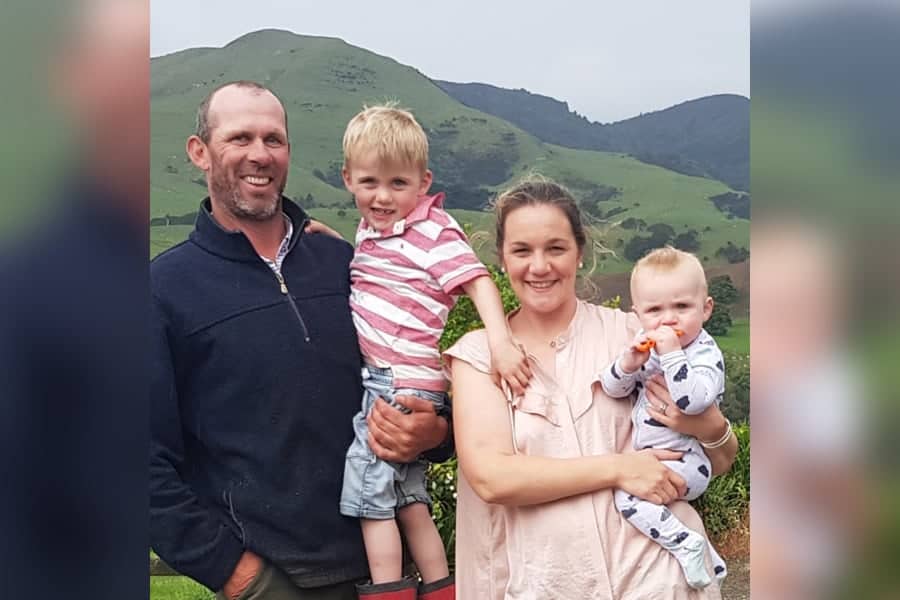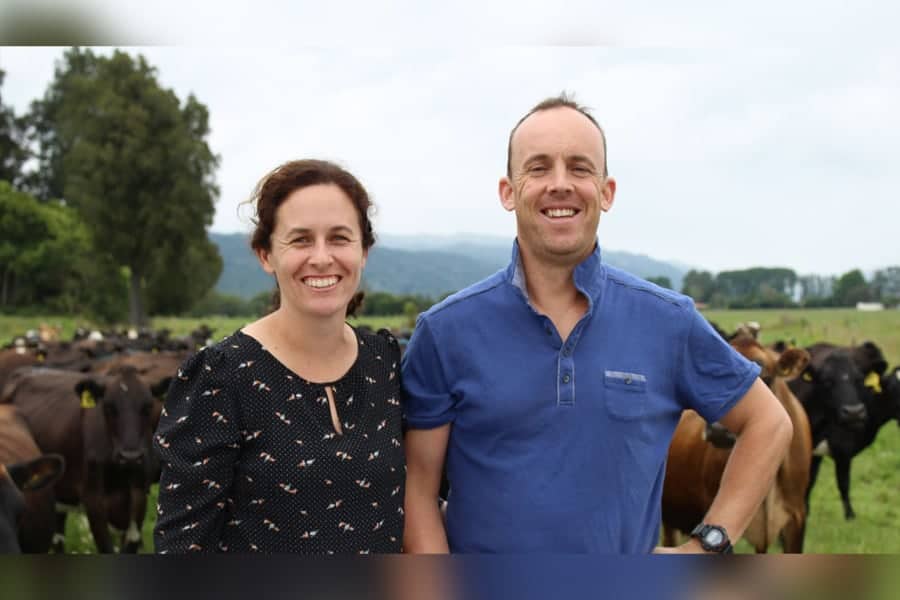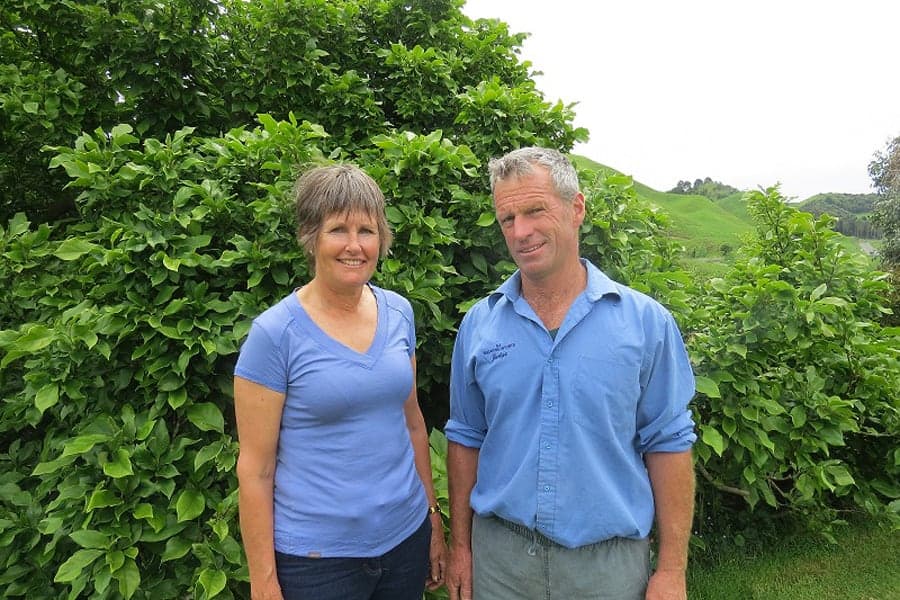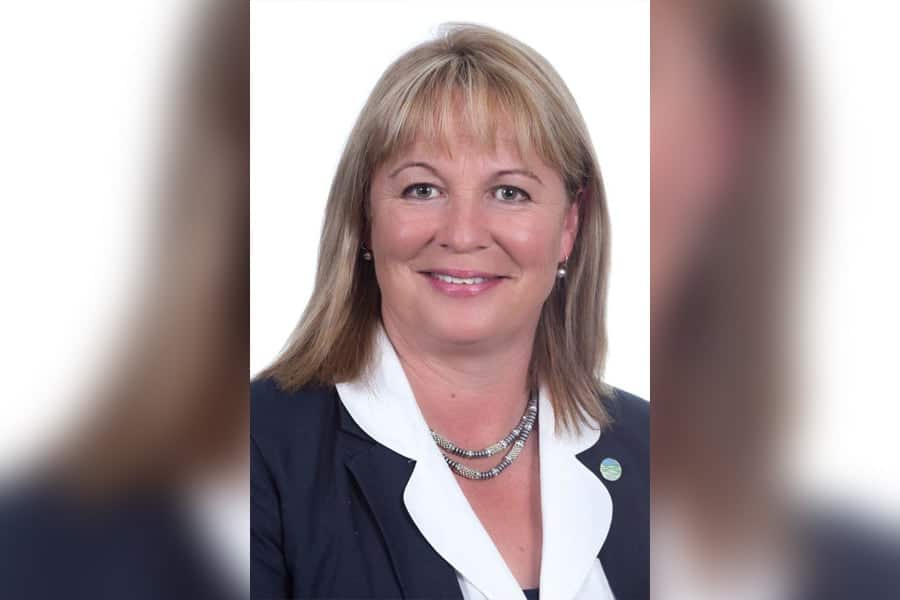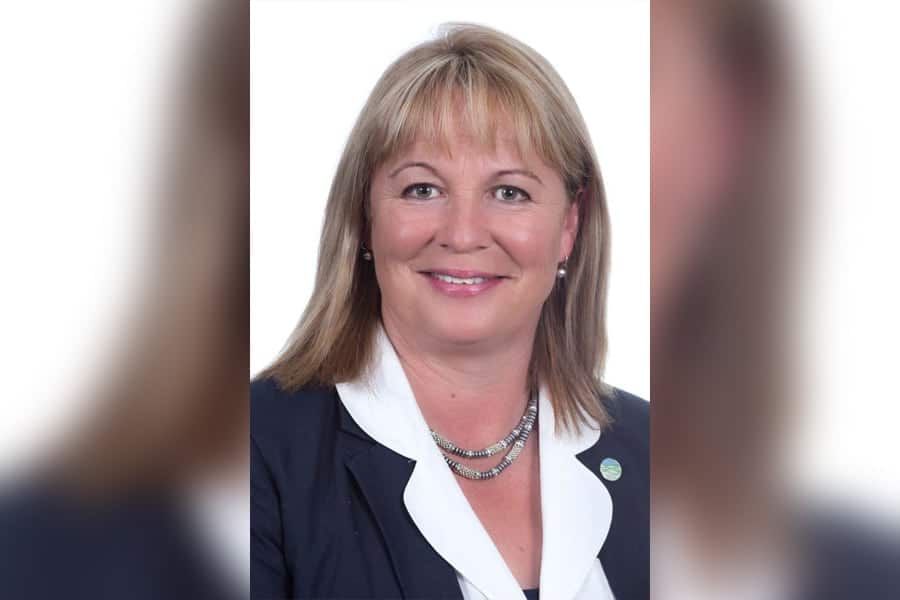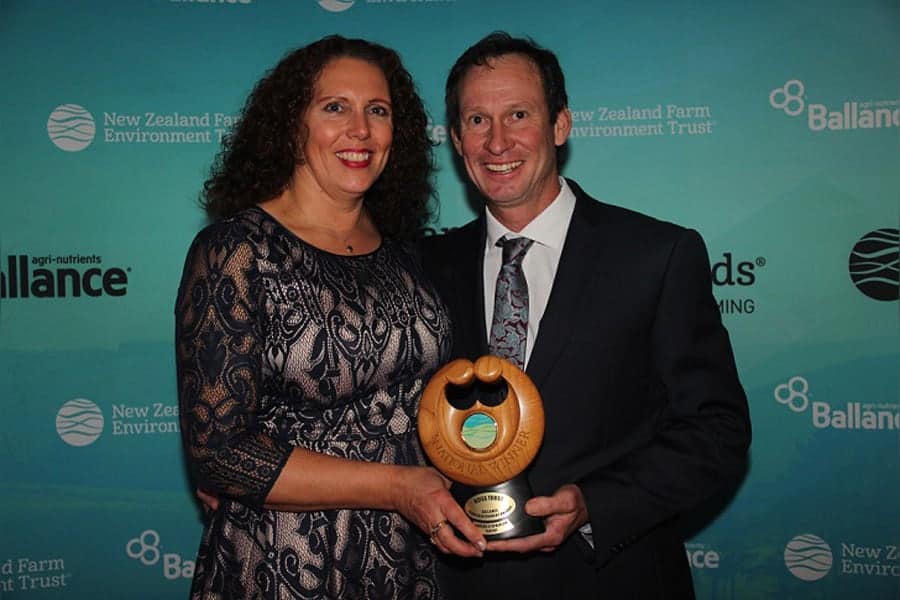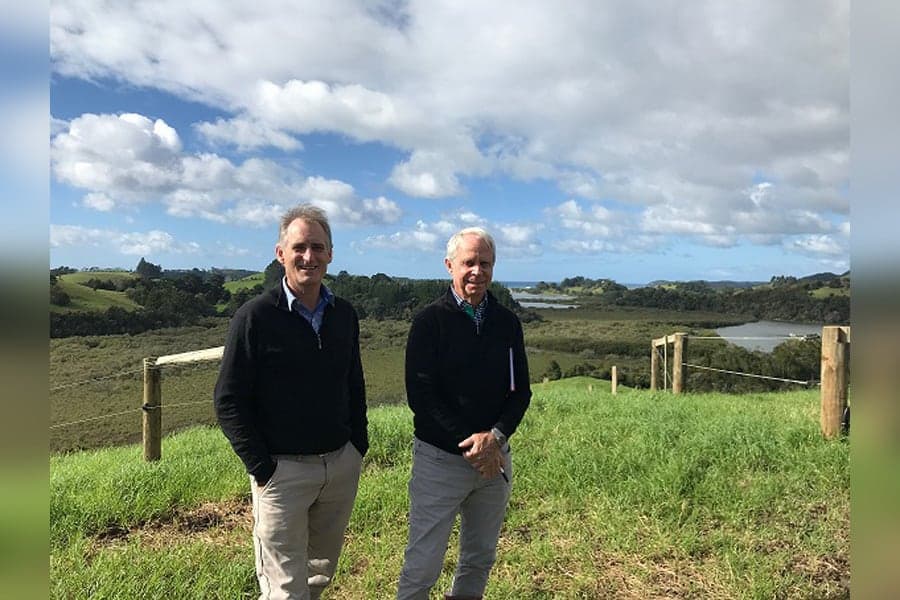If Waikato farmer and conservationist Gordon Stephenson had one core belief, it was this: “There’s no better fertiliser than a farmer’s boots,” recalls his daughter, Janet Stephenson. “He believed that it’s only by walking the fields all the time that you can see what’s happening on your land.”
It’s what Gordon’s father did, and his grandfather before him – a love of the land ingrained so deep and abiding that being a good steward of the land became his life’s work.
“He believed deeply that you should leave the land in a better state than you found it,” says Janet. “Even when things like soil health weren’t fashionable and the dominant theory was to just pour on chemicals and ‘she’ll be right’, he was concerned about humus levels. He always asked, What will be the implications of this in 100 years?”
Gordon spent his younger years in the United Kingdom. After graduating with a BSc (Agriculture) from Reading University in the 1940s, he and his wife Celia, who had graduated from London University as a Civil Engineer, farmed first on a friend’s dairy farm then moved as herd managers firstly to the Midlands and then Lincolnshire. They also worked on a grass drying operation in South Yorkshire and cropped alongside pigs and dairy in Cambridgeshire. Their ambition was to own their own farm by the time they were forty – a dream they knew was unlikely to be realised if they stayed in England.
Gordon, Celia and their young family became ‘Ten Pound Poms’ and headed to New Zealand to start a new life. Gordon’s first job was as a shepherd on the farm Mataitira near Kakariki, where he learnt how to fence New Zealand-style and manage a flock of 300 ewes.
Gordon describes in his memoir, Journey, that once their bonded two years was up, he and Celia packed up the kids in the Standard 10 van that had come with them on the SS Captain Cook from England and went share milking in Lichfield in South Waikato.
A few years later a property came up for sale in nearby Waotu and it was here on the green rolling hills of Waikato that Gordon and Celia made 150 acres of dairy land running down to the Oraka River their forever home – just in time to satisfy that ambition to own a farm before they turned forty.
Once settled in Waotu, Gordon become increasingly involved in local farming politics. He joined the South Waikato branch of Federated Farmers and quickly rose to chair the Dairy Section nationally. Federated Farmers was only the beginning of Gordon’s civic-mindedness. At one point Gordon was on 11 committees. “He was constantly running from one meeting to the next,” says daughter Lynn Smith. “In the early years, they were still actively dairy farming. While he was away in Christchurch on the Lincoln Council, or Wellington for Federated Farmers, Celia kept the cows milked and the farm running.”
One of those committees was the Waikato Conservation Board. In an interview with fellow Waikato farmer and past regional and national chairperson of the Ballance Farm Environment Awards, Bill Garland, Gordon described how he would start every meeting with a homily, “just something to set the tone of the meeting,” he said.
At one particular meeting in 1991, he decided farmers needed to be told they were doing a great job. Such a great job in fact, he felt there should be an award to recognise what they were doing. A year later the Waikato Farm Environment Awards came into being. Gordon wanted something that was all-embracing. As he told Bill, “the environment is not just the pretty things we live in, it is everything. It embraces social, economic, ecological, the lot.”
It’s a sentiment that Janet recalls hearing often. As they were growing up, Gordon kept the family appraised of environmental issues happening internationally using updates from the World Watch Institute that arrived regularly by mail. “He believed you had to be well connected globally, but act locally,” she says.
And act he did. His elder daughter Lynn says his love of the land and natural curiosity in how other people farmed earned Gordon a family reputation of “farming from the road.”
“He would drive by slowly and look to see what they were doing,” says Lynn. “His approach was always without criticism.”
“He always saw farmers as people who given the right encouragement would be great stewards of the land. He knew that farmers didn’t work well with regulation, but if you gave them the carrot rather than the stick, they would be motivated to do the right thing.”
Thirty years ago, the idea of sustainability was still somewhat fringe, so the awards became a way get people to think about the long-term effect of what they were doing on their farm. Developing the concept of the 100-year rule, he encouraged farmers to think about what would happen if they kept doing what they were doing for the next 100 years.
“That’s really only four generations,” Gordon told Bill.
The first awards attracted 40 entrants and the rules were “made up by the seat of our pants,” he wrote in his memoirs. However, because the principles of sustainable management are universal, when the awards grew to a national programme ten years later, they used the same criteria – criteria that is used today, regardless of sector.
“He was such an encourager,” says Phillipa Crequer who helped coordinate the early Waikato farm awards with Gordon and Bill Garland. “If he could change one person, that’s what he would do. Especially when it came to spending time with the next generation, getting them involved and engaged.”
“He presented as just this farmer from Waotu who liked his birds and bush, but he had so much intellectual brain power.”
Janet says it couldn’t have been easy to bring farmers with him on the sustainability journey, but he had natural leadership skills that meant people listened to him. They were skills honed during the dying days of World War II when Gordon joined the Royal Marines. He served in Holland and was due to be shipped out to battlefields in the Far East behind Japanese land when a peace deal was signed.
Gordon was instead posted to Hong Kong and given command of a large rural area in the New Territories, responsible for restoring order, initiating education, and monitoring public health. At just 21, he managed a team of marines, delegated responsibility across regions, and built trust with local communities despite language barriers.
He was offered a permanent commission in the Marines, but the pull to follow in his father’s farming footsteps was too strong, and he applied for a discharge.
Gordon passed away in 2015, but his legacy lives on through initiatives such as the QEII National Trust – which now protects almost 200,000 hectares – and the Gordon Stephenson Trophy, awarded annually to a farm business that exemplifies sustainable land management.
Gordon wrote in his memoirs, “I want my obituary to say, ‘He was a good farmer’.” And every year as the Gordon Stephenson Trophy is awarded to a farmer ‘doing the right thing because it’s the right thing’, Janet says it’s proof Gordon showed it was possible to balance productivity with environmental stewardship; because, yes, he was a good farmer.

